
Every year, we host live shows - in person and online - Around the world with all kinds of storytellers: researchers, doctors, and engineers, of course, but also patients, poets, comedians, and more. Our team’s favorite stories from those shows land on our weekly podcast. Some of the stories are heartbreaking, others are hilarious. They're all true and all very personal.
Scroll down to learn more about our work, including educational programming that aims to bring the power of science storytelling to all.
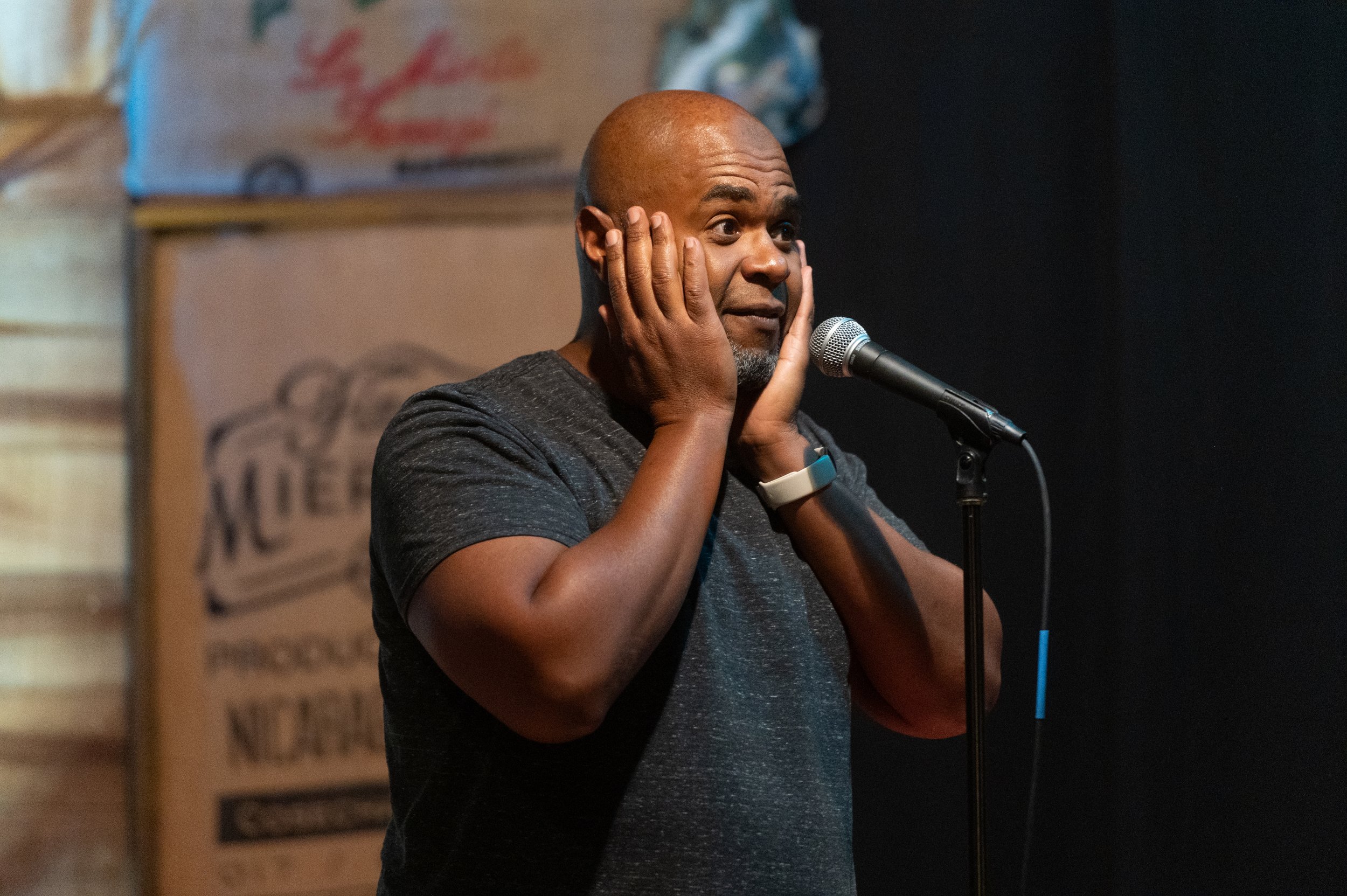
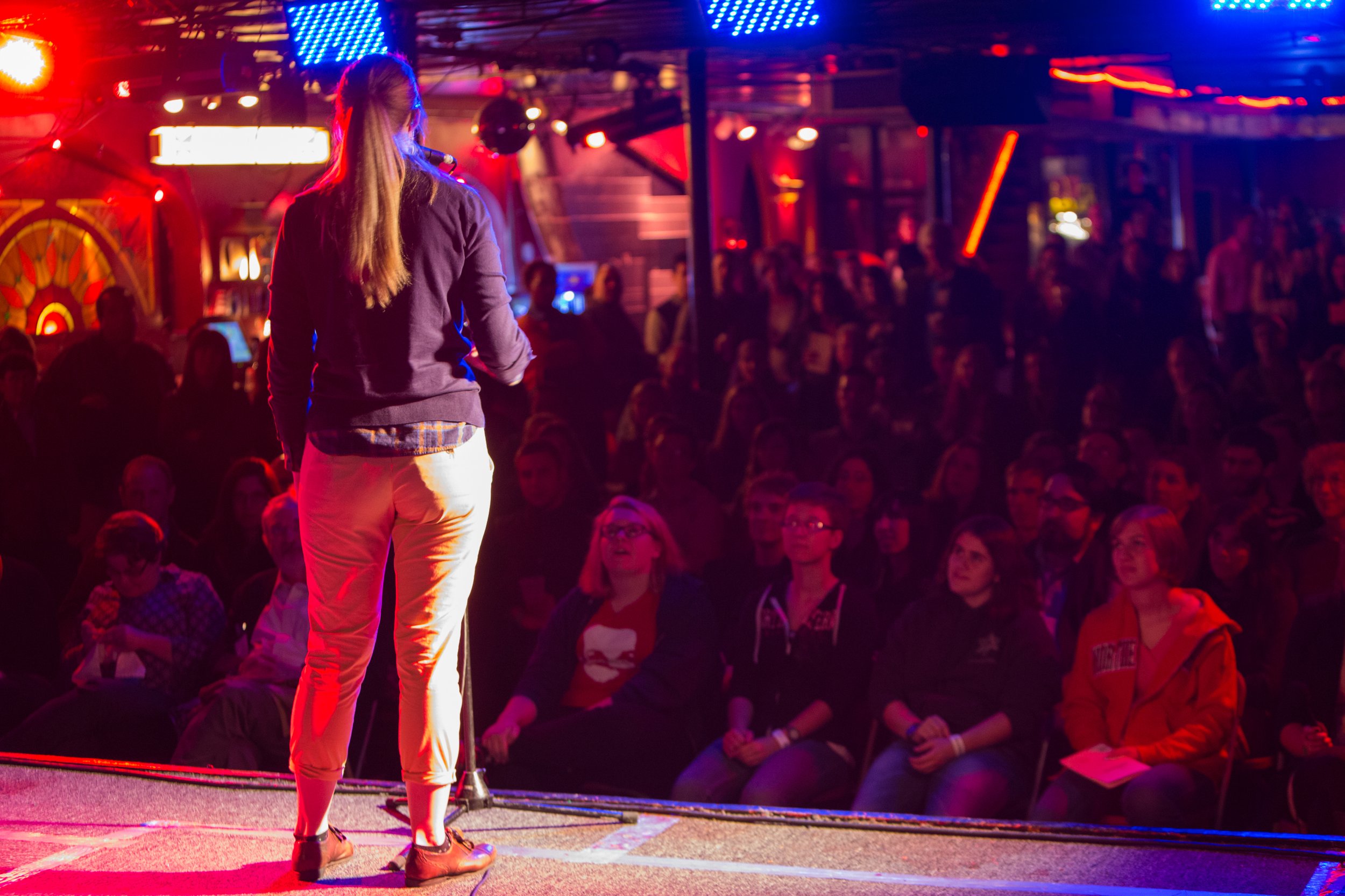
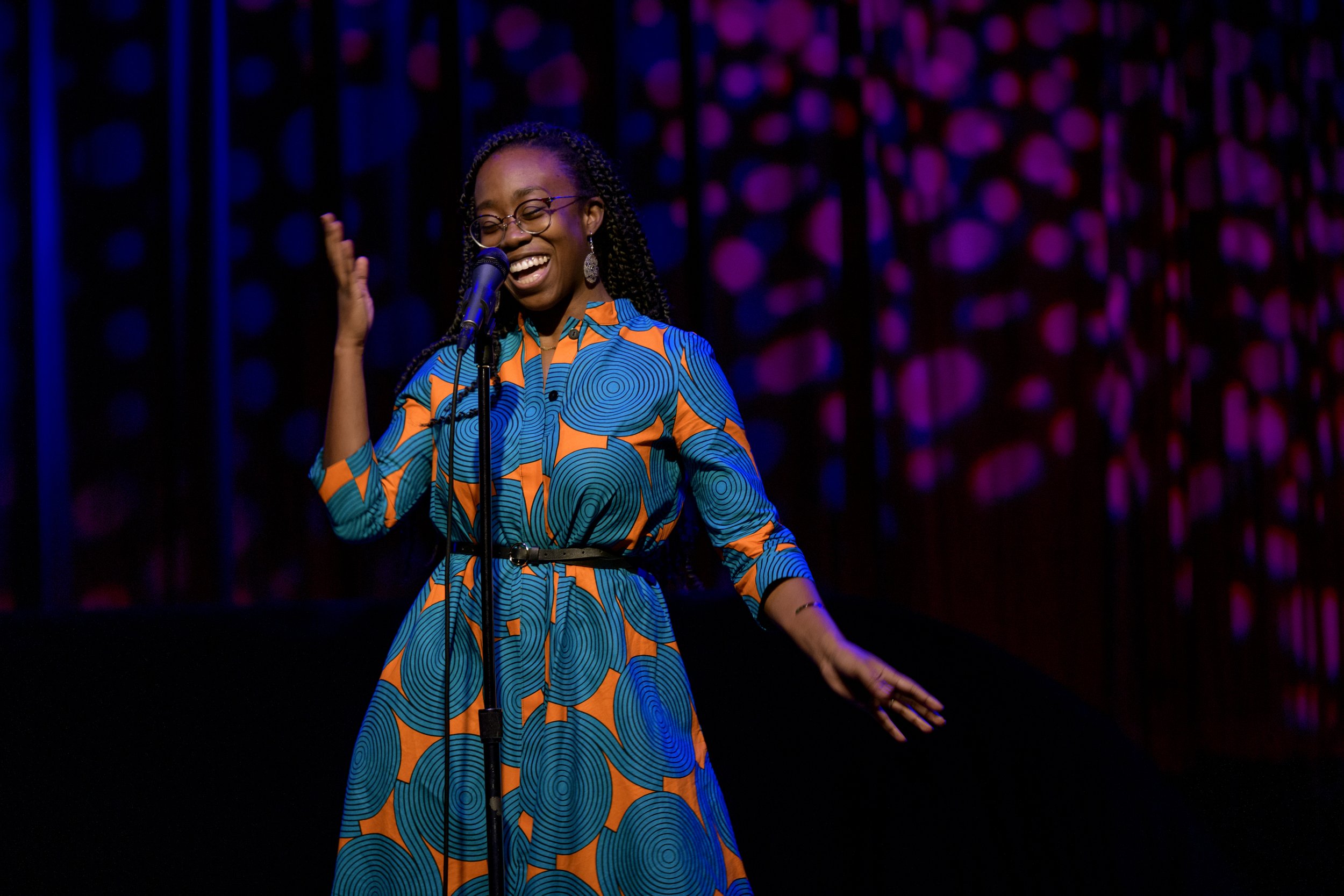
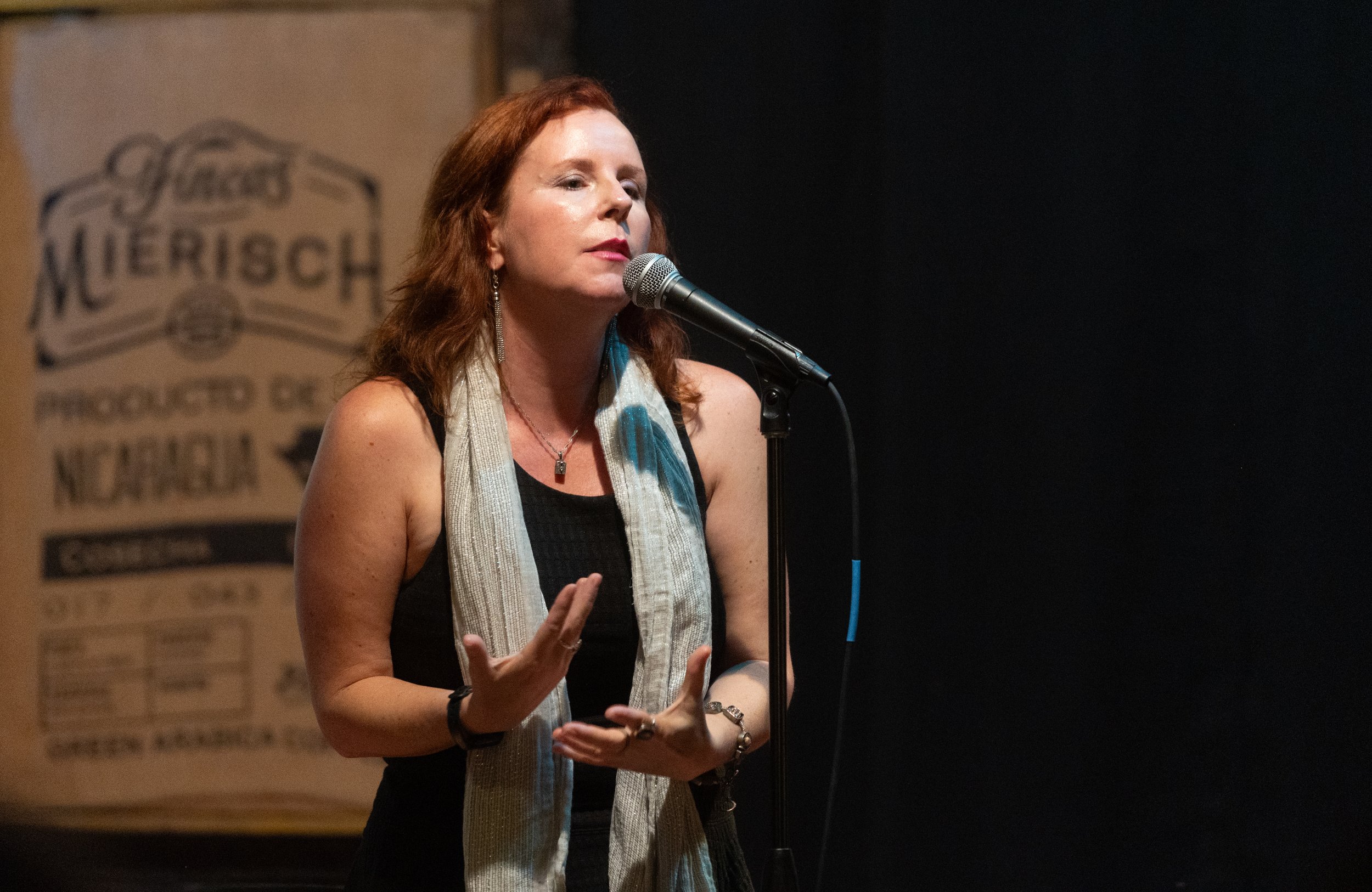
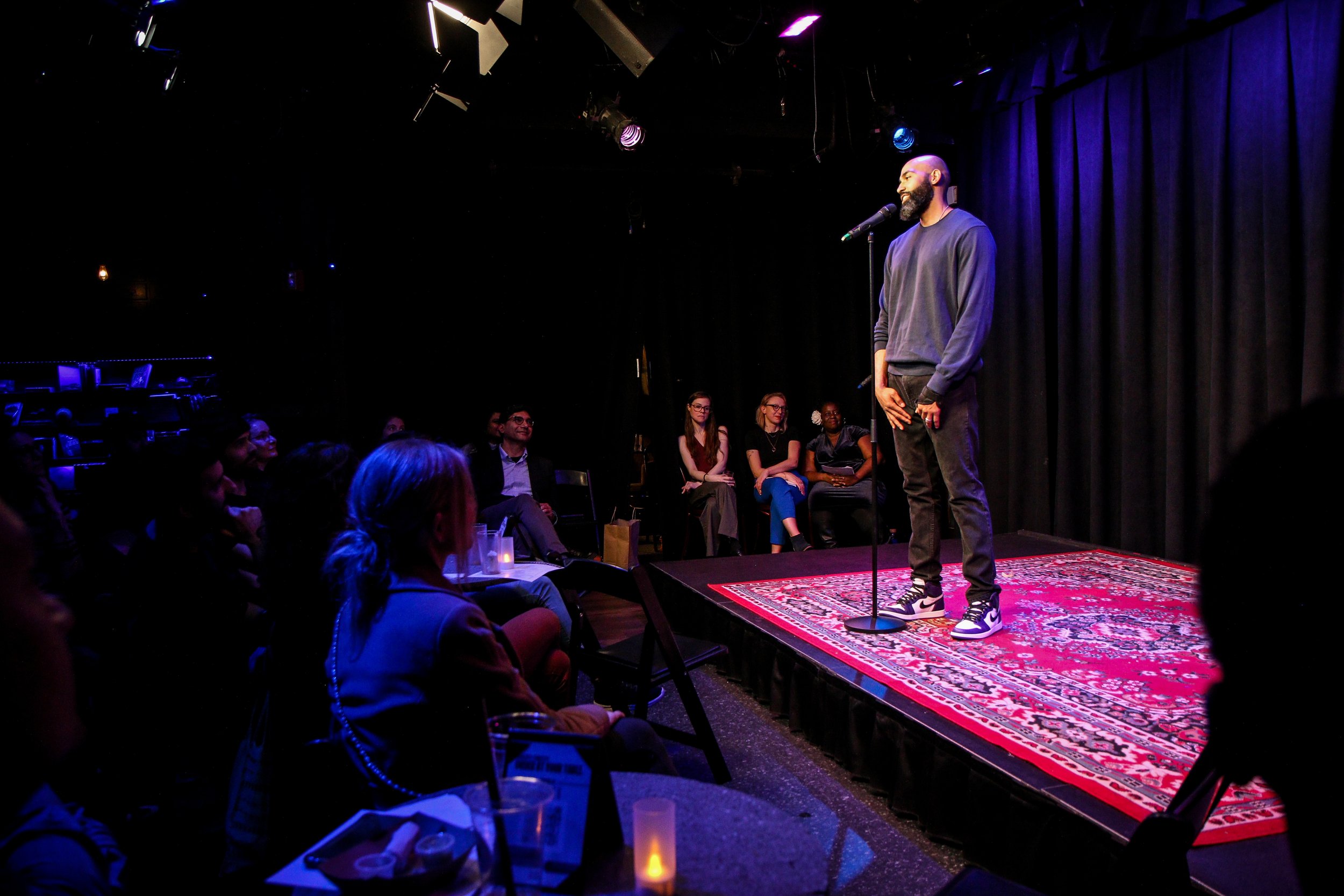
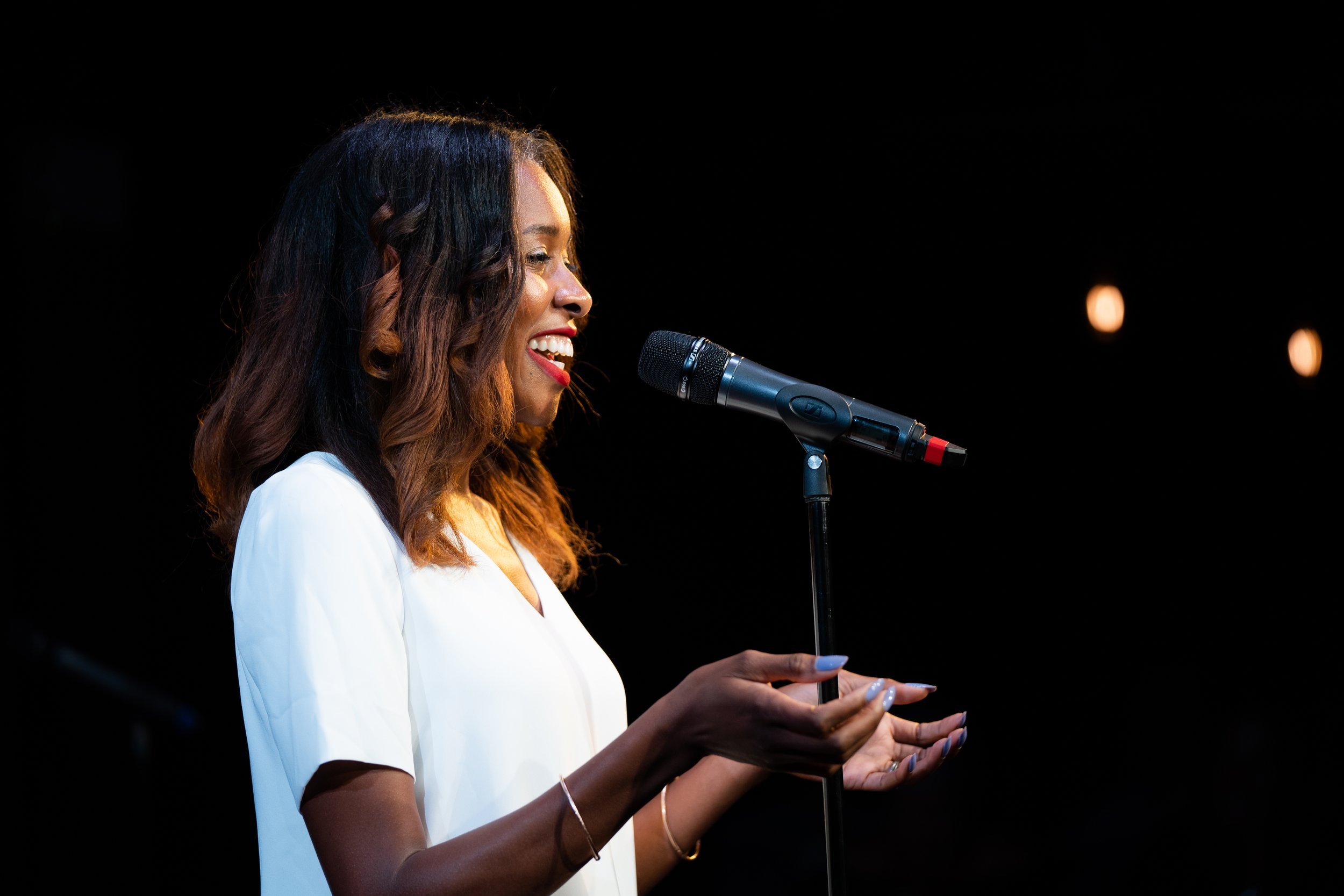
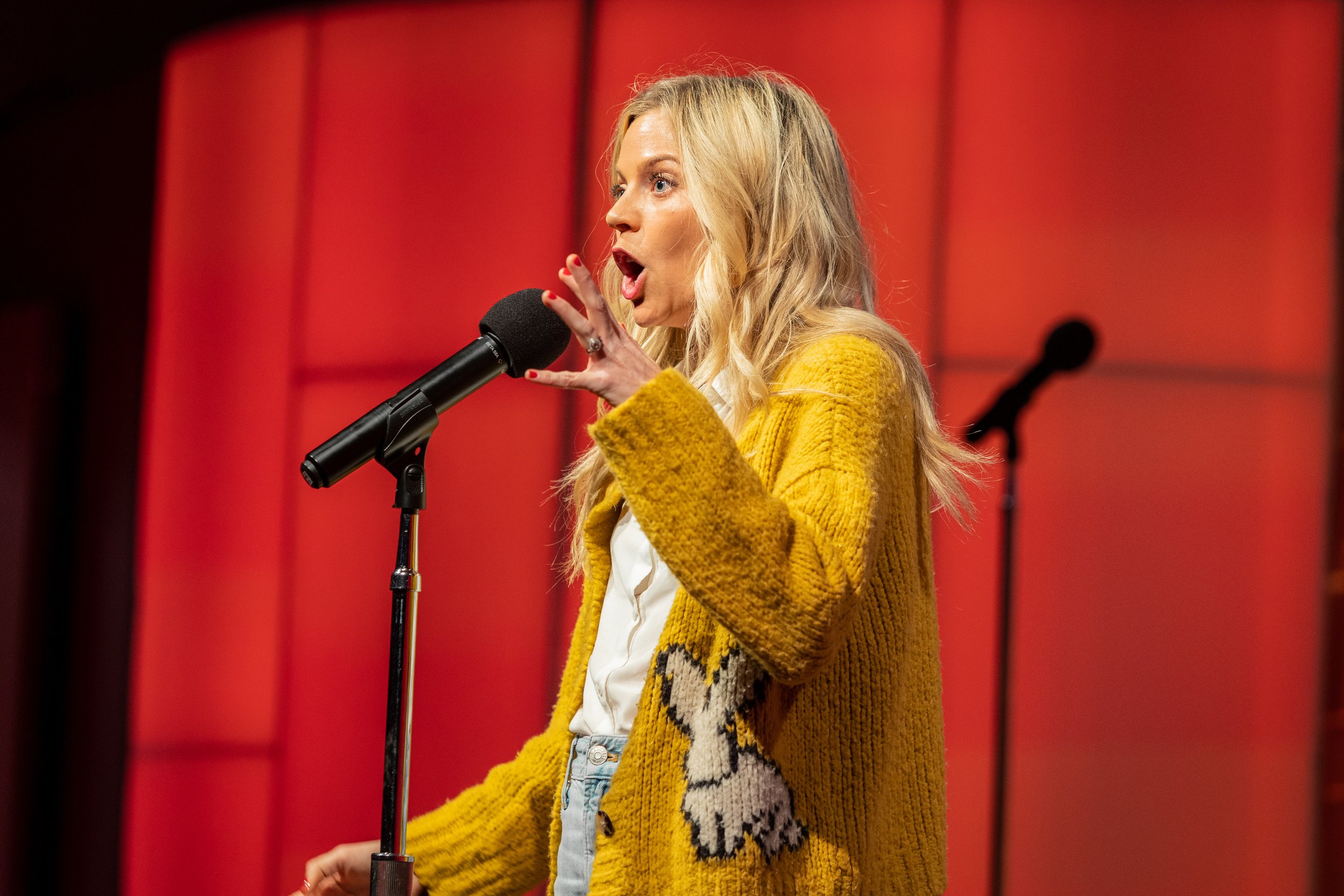
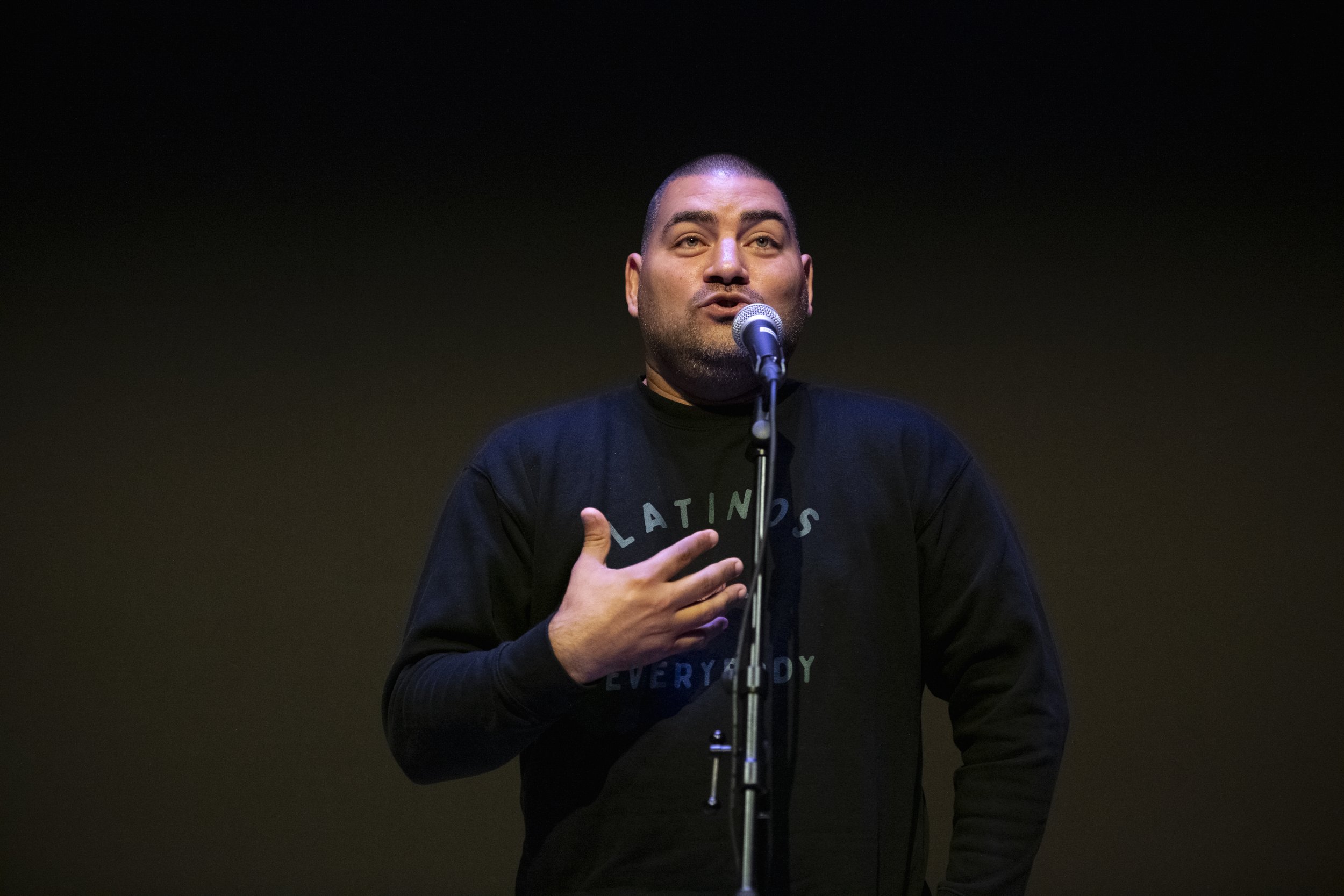
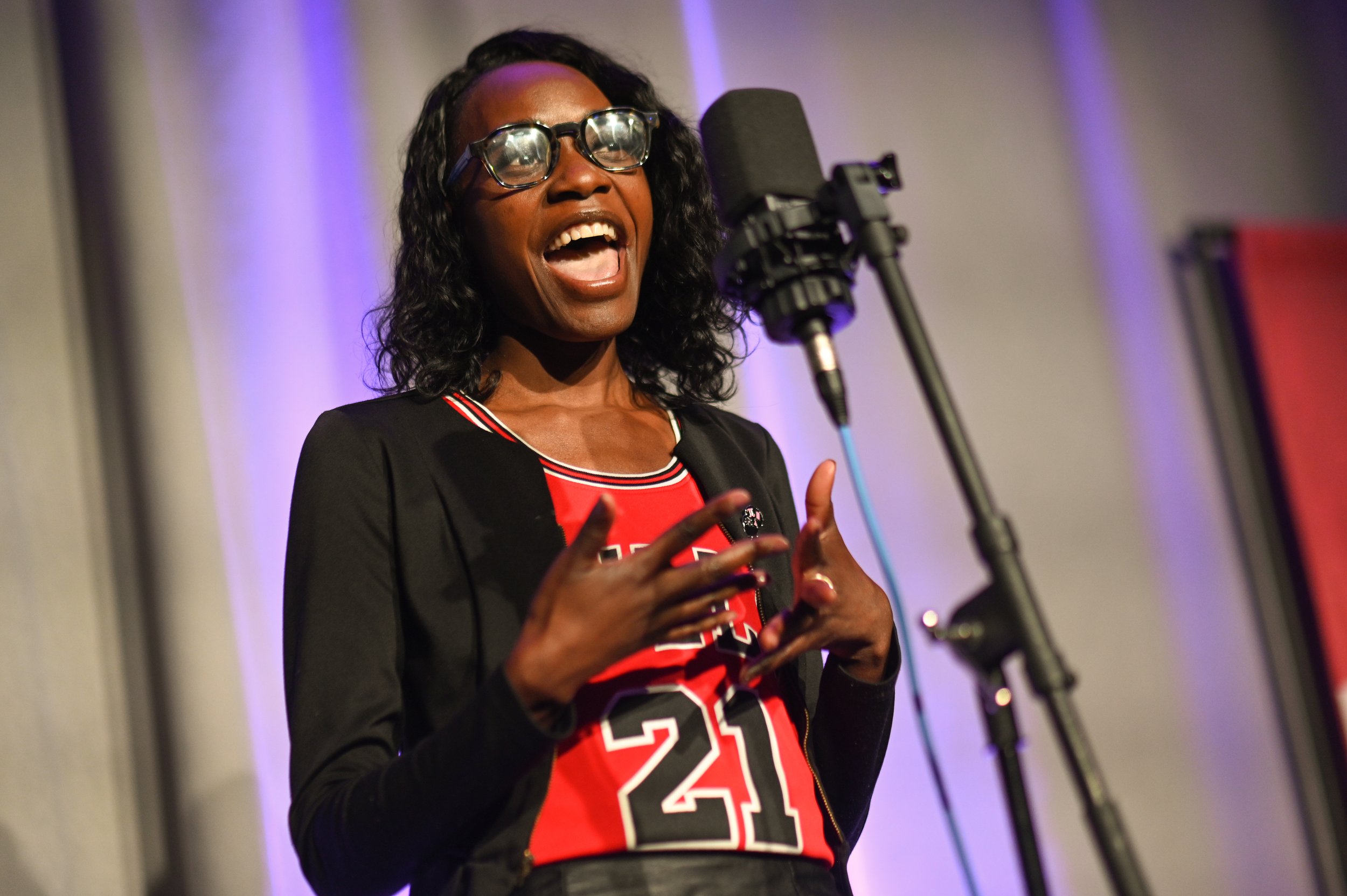
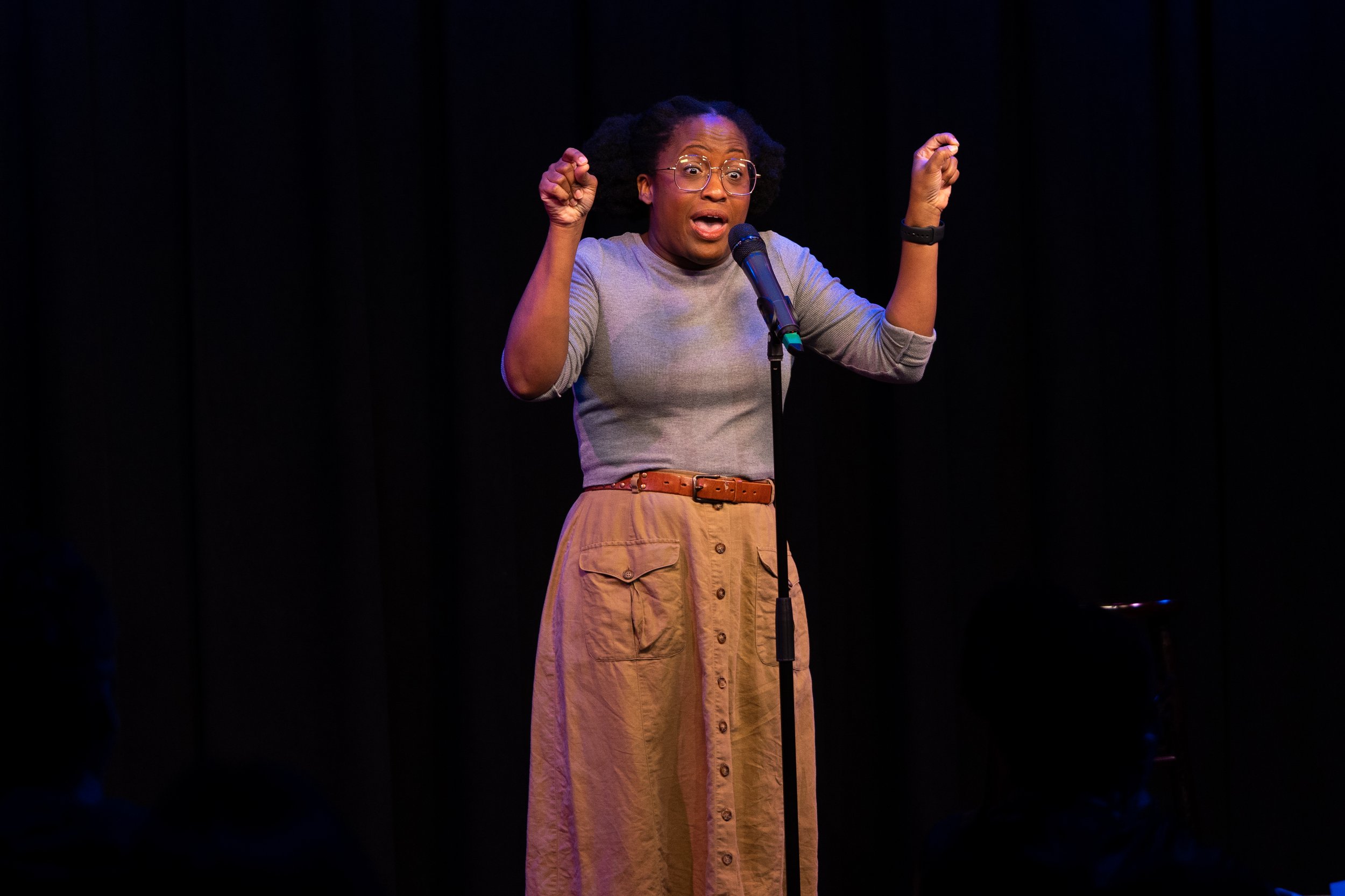
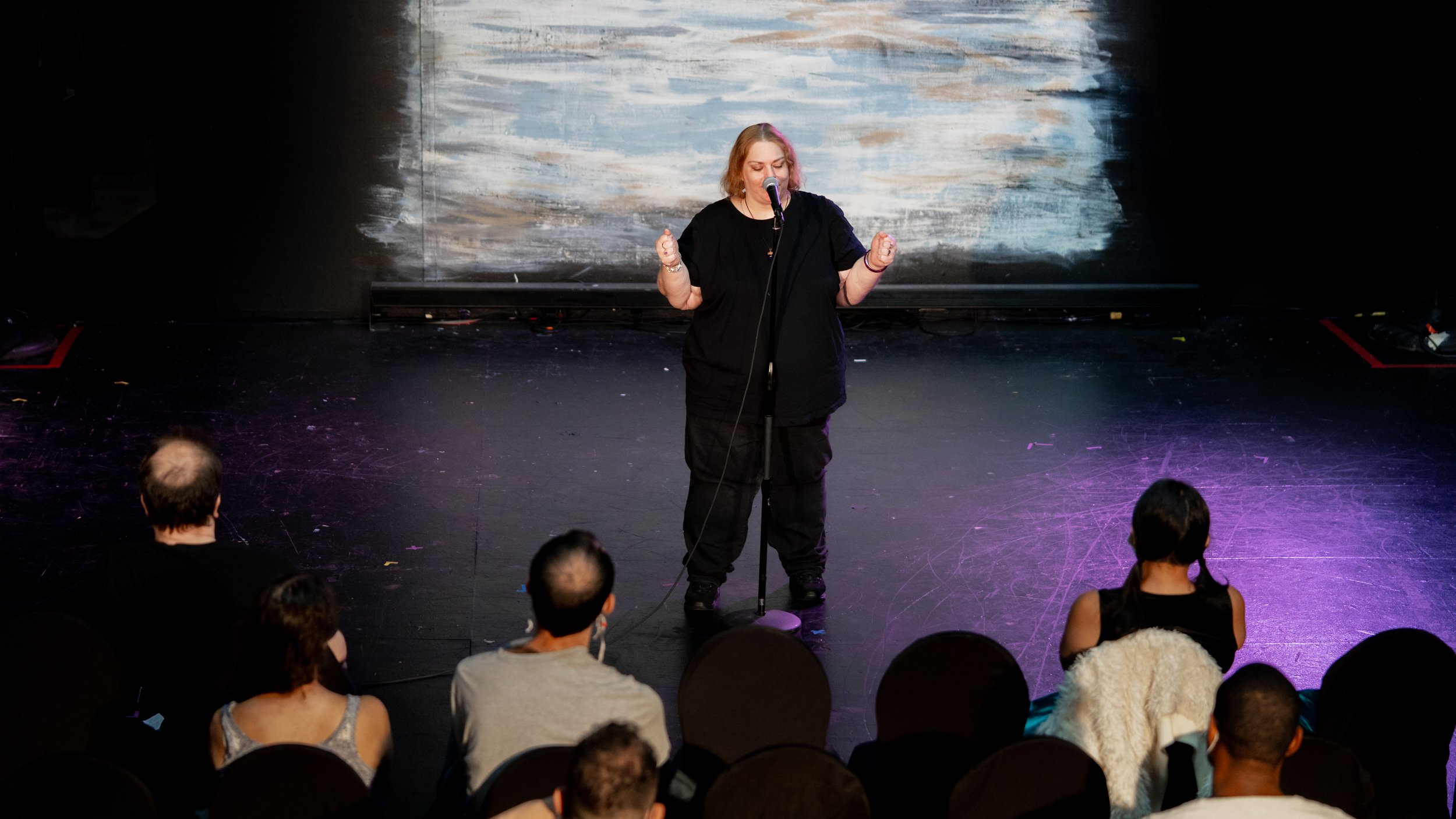
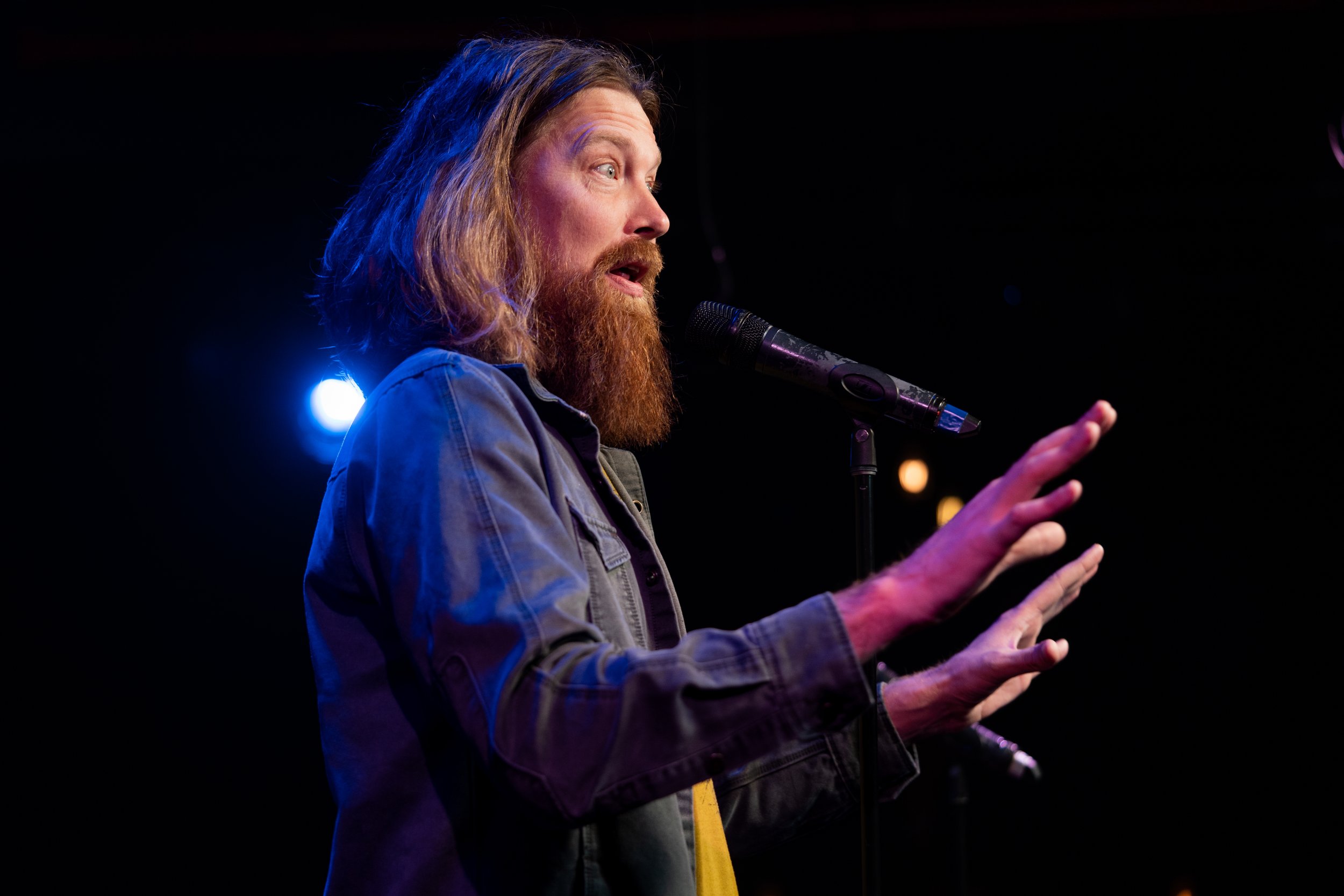
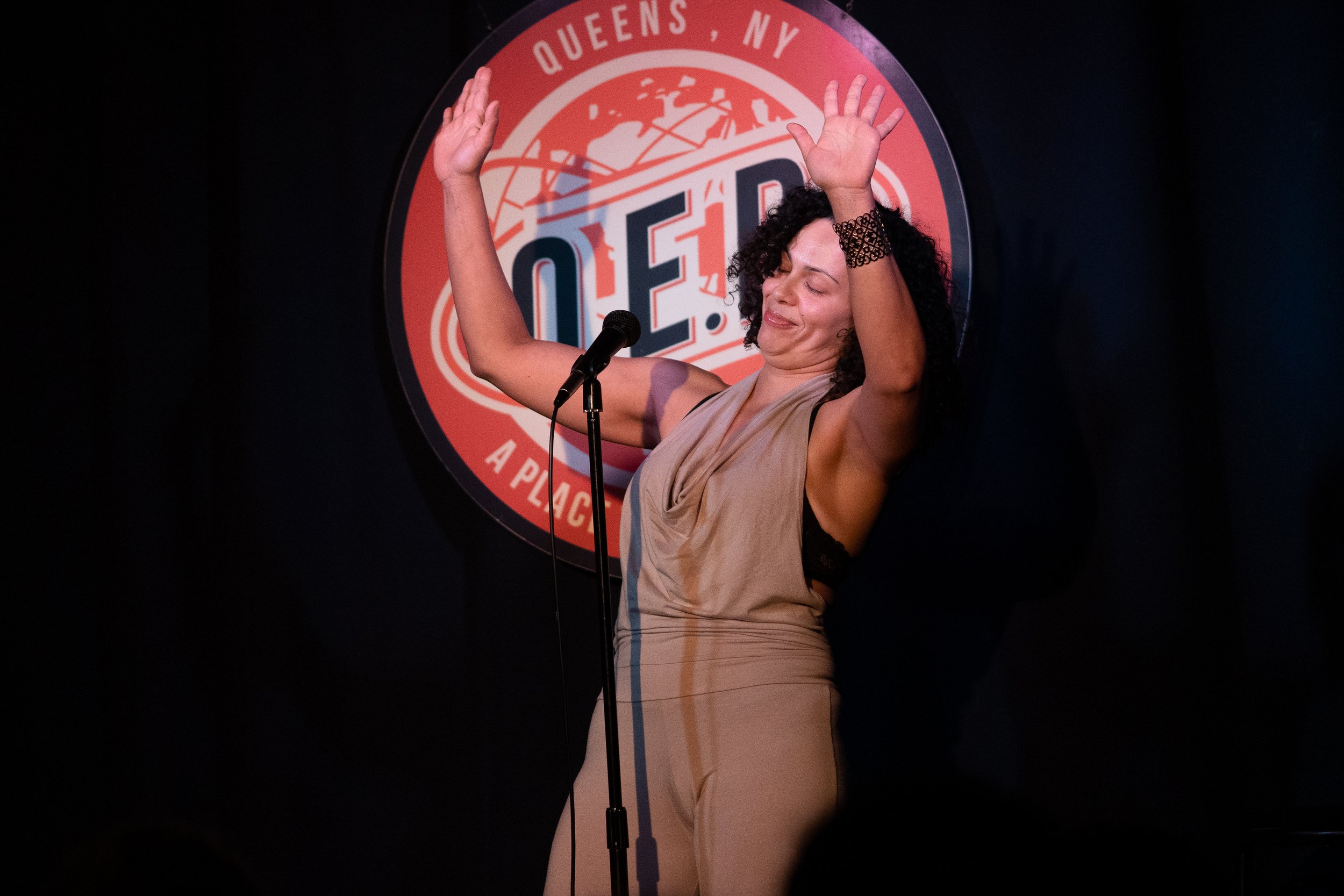
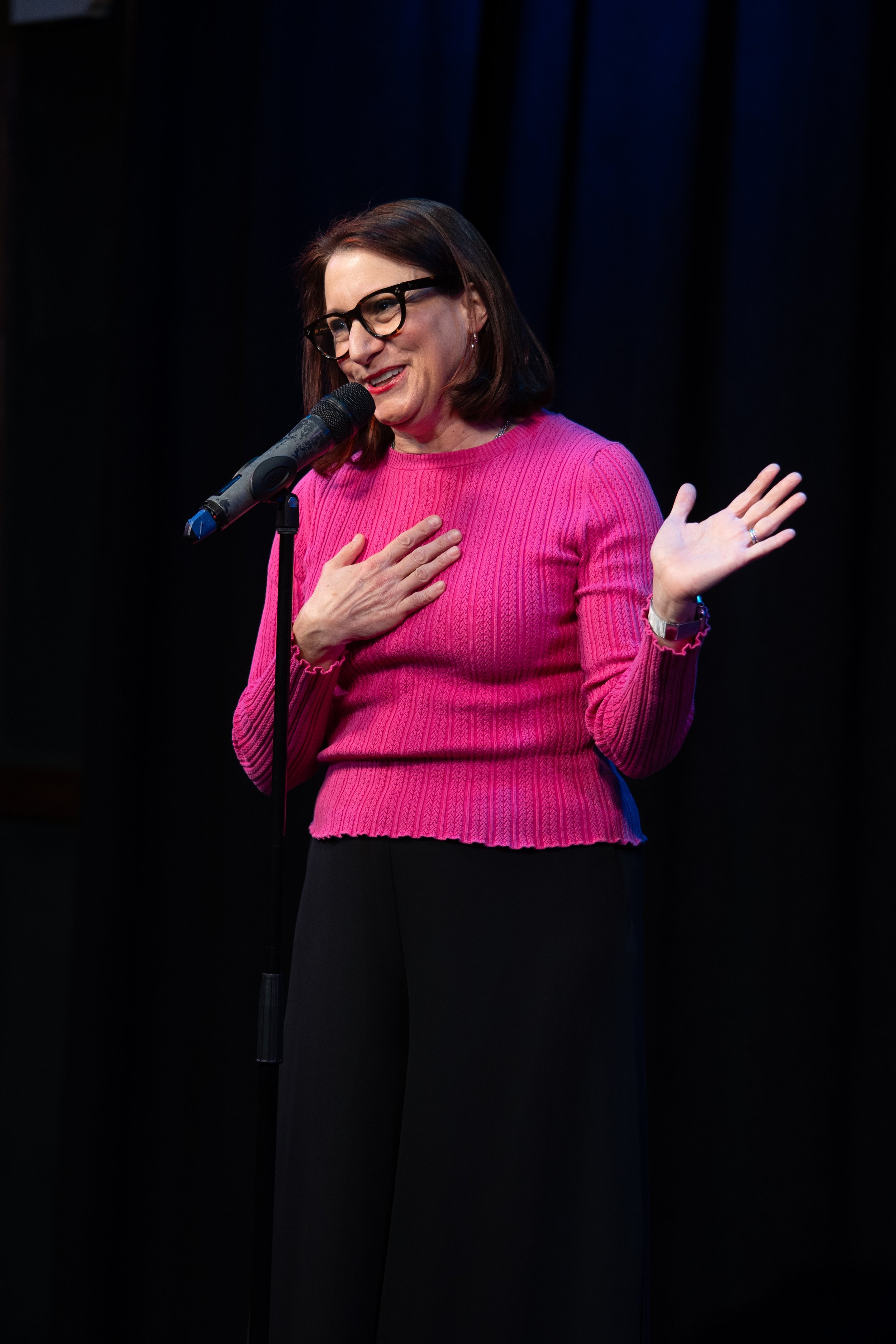
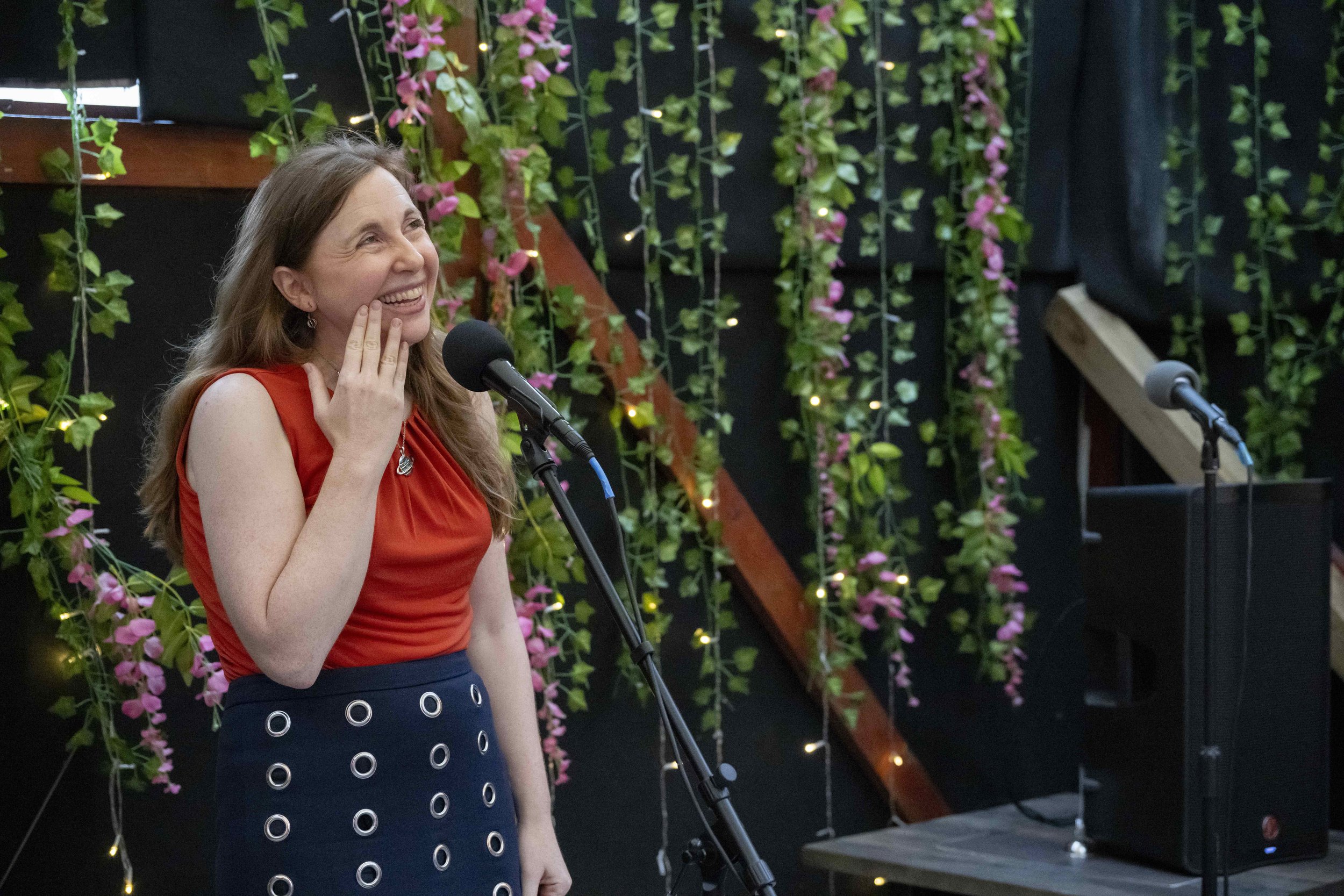
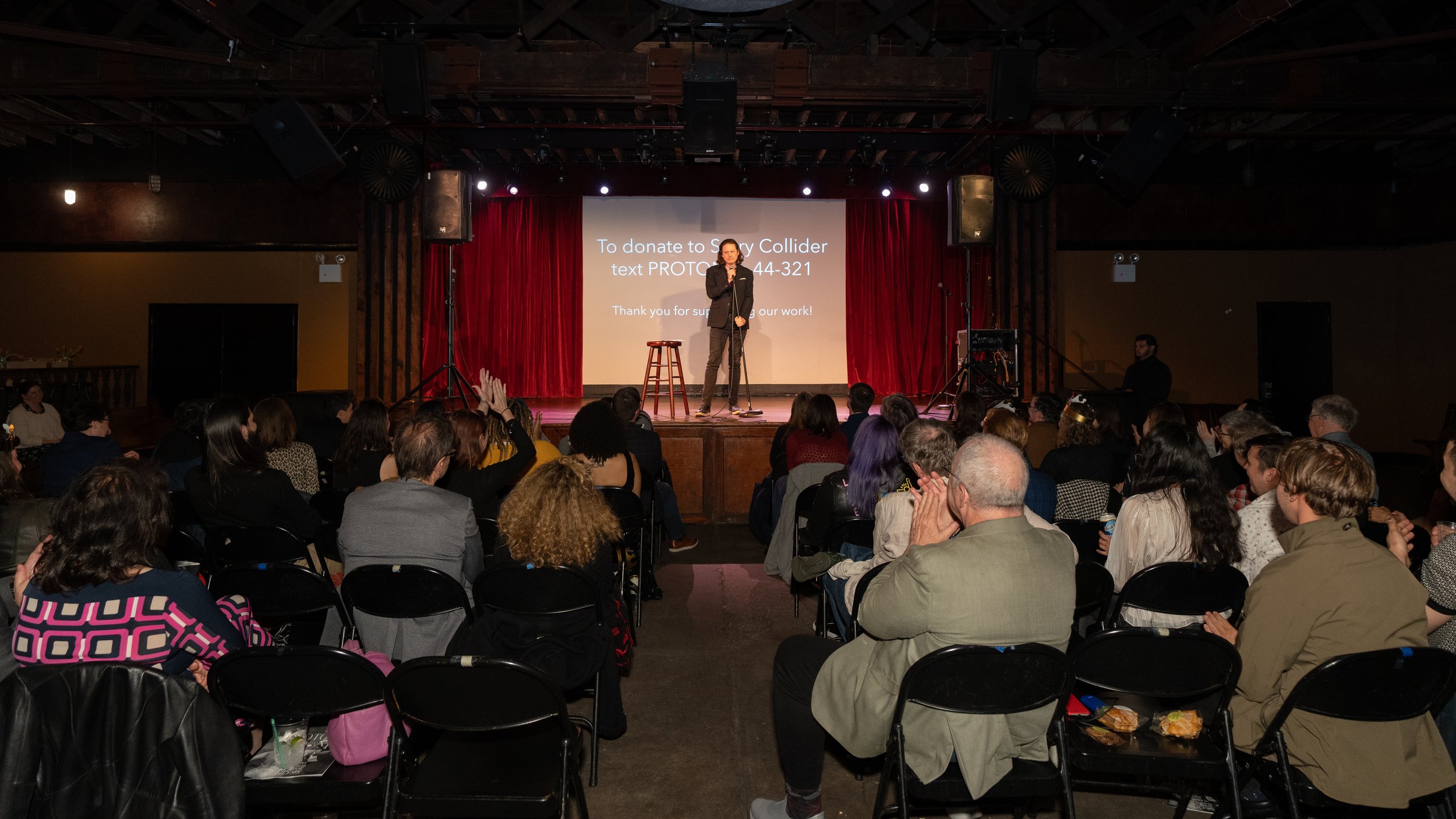
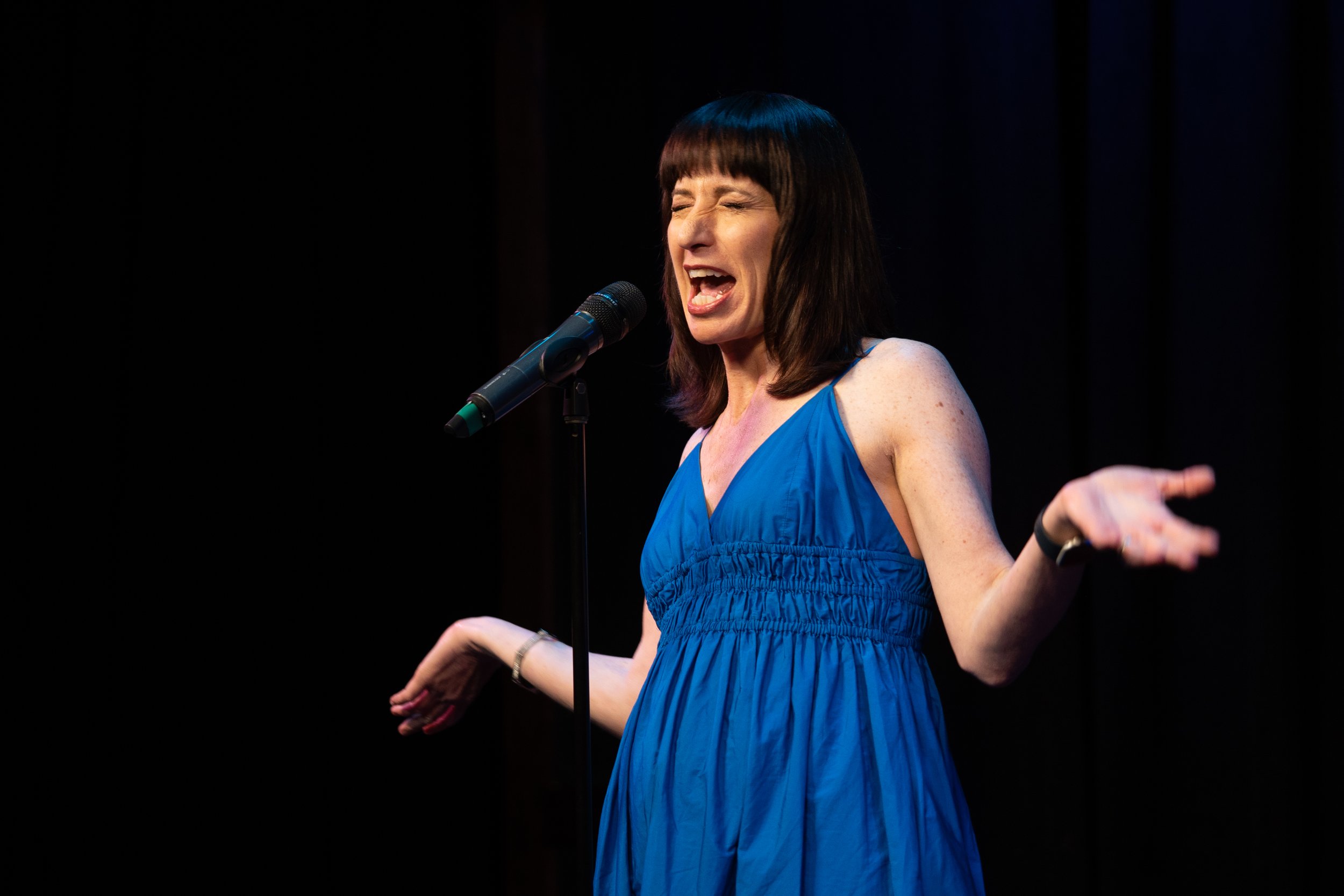
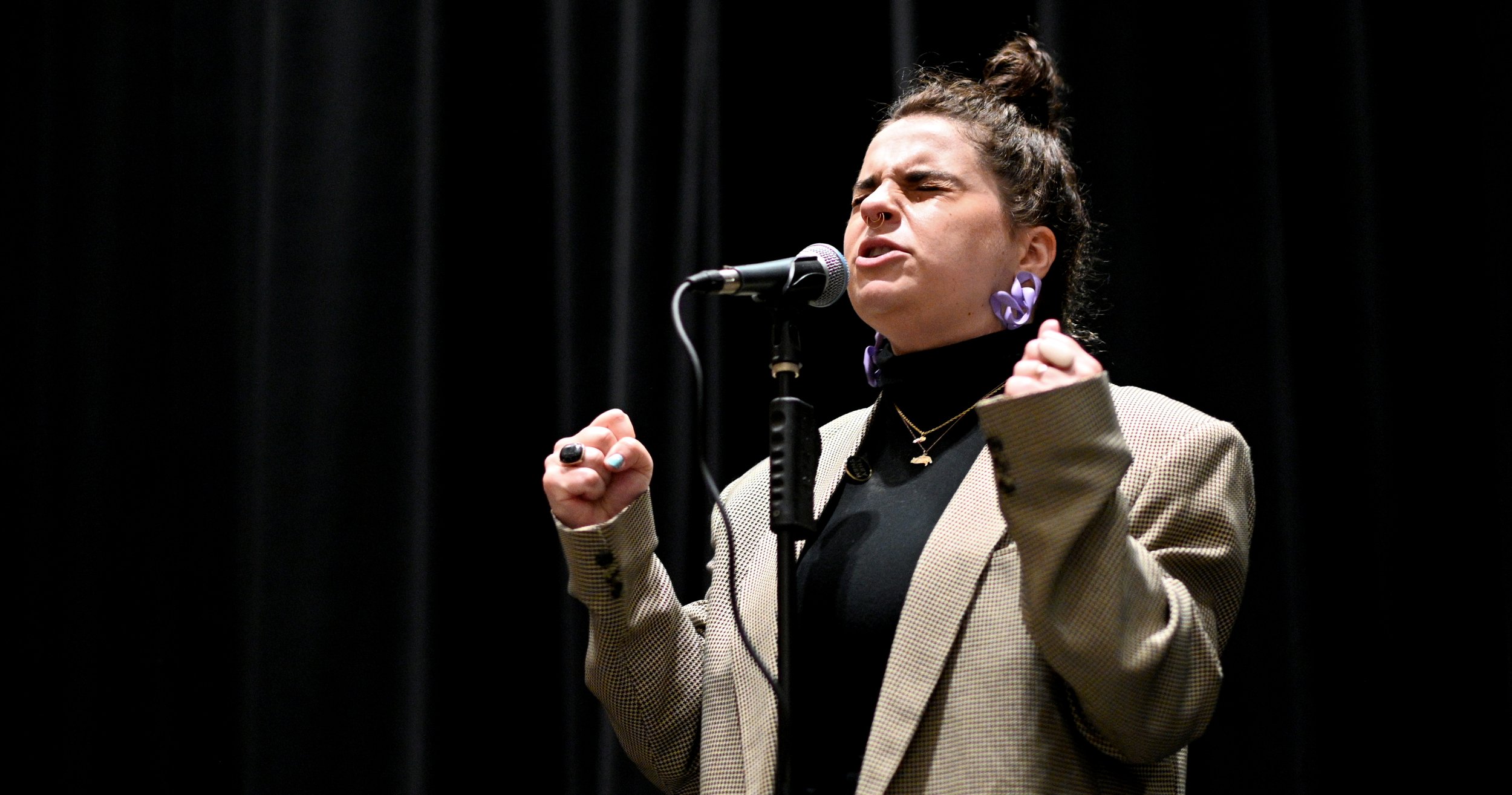
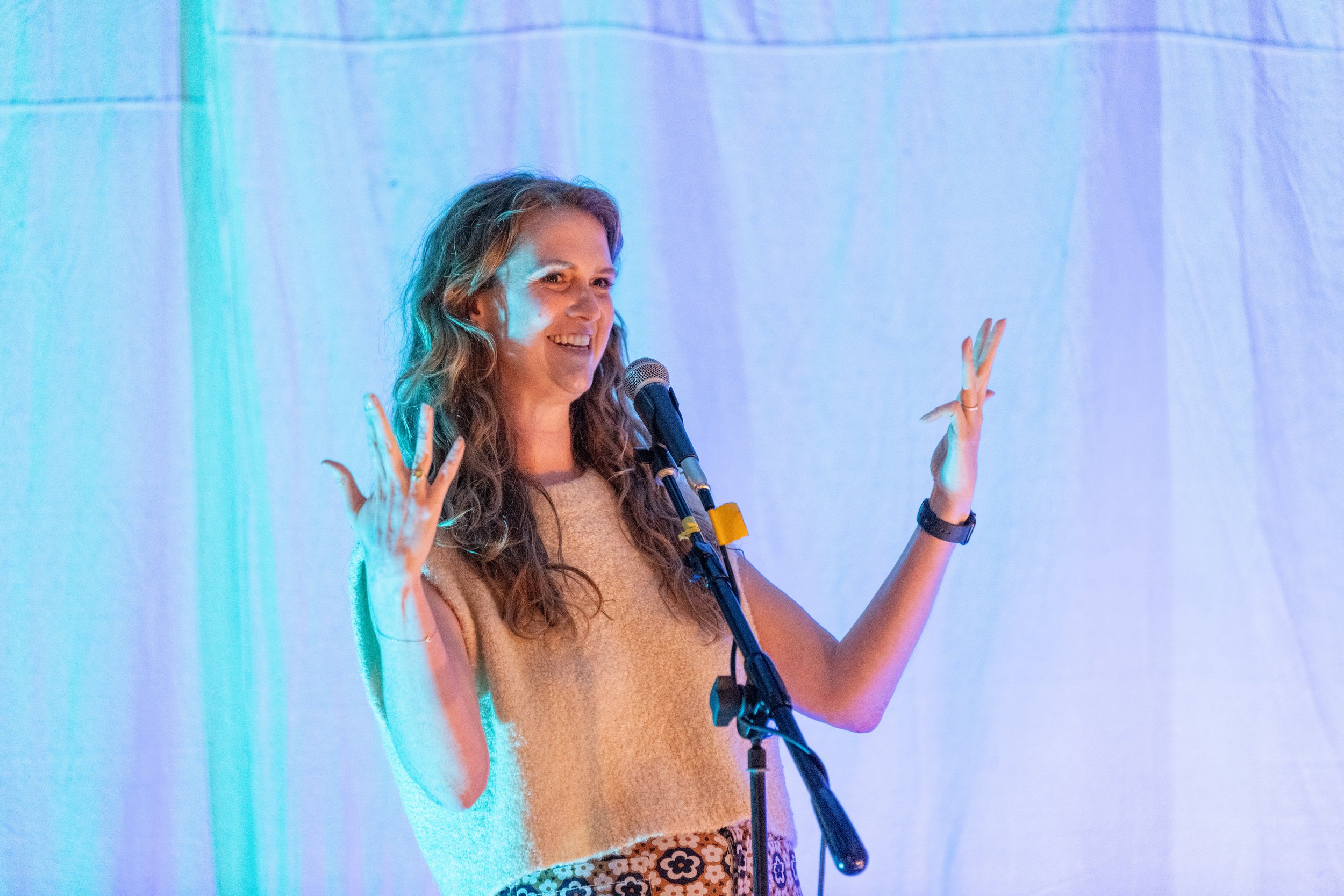
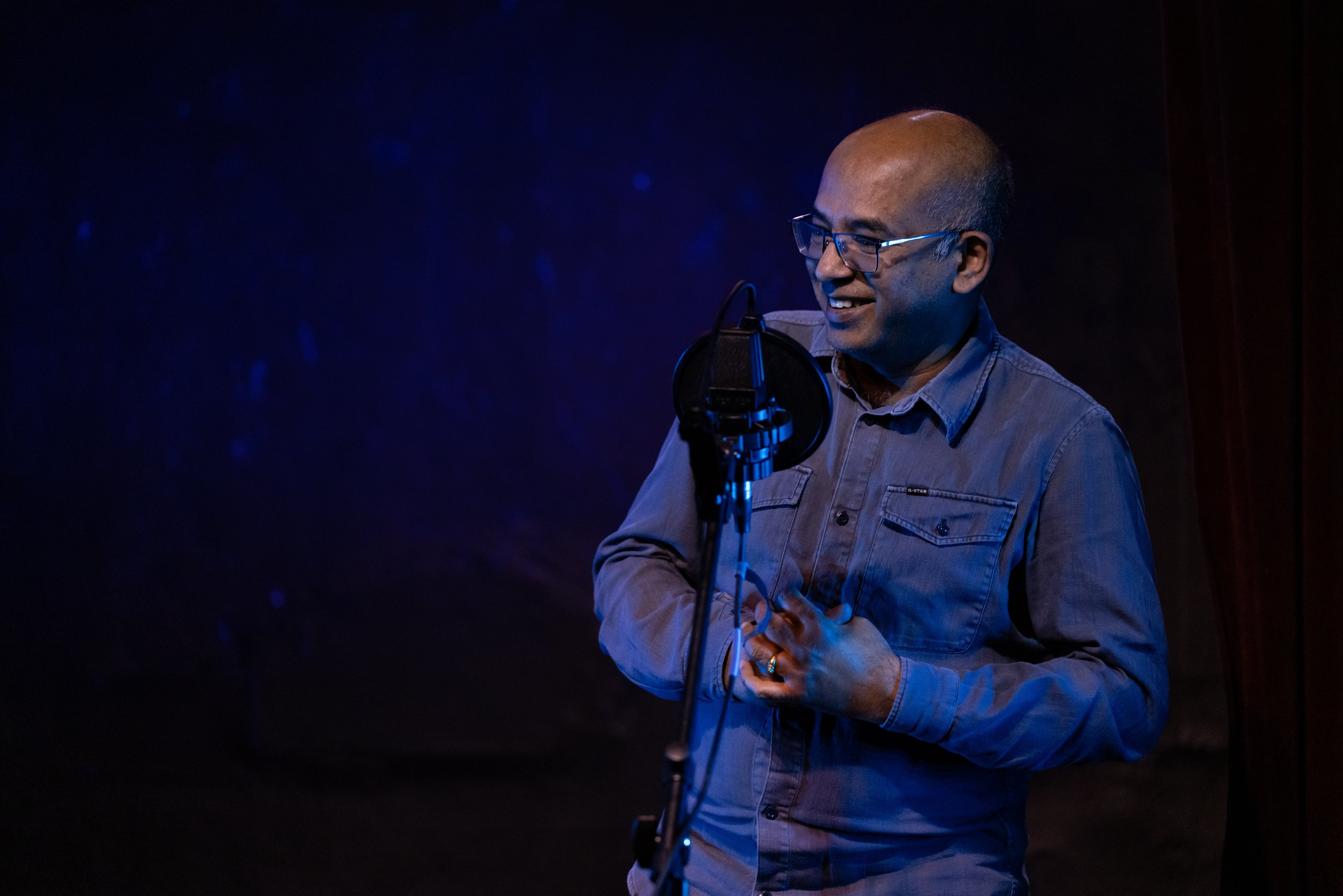
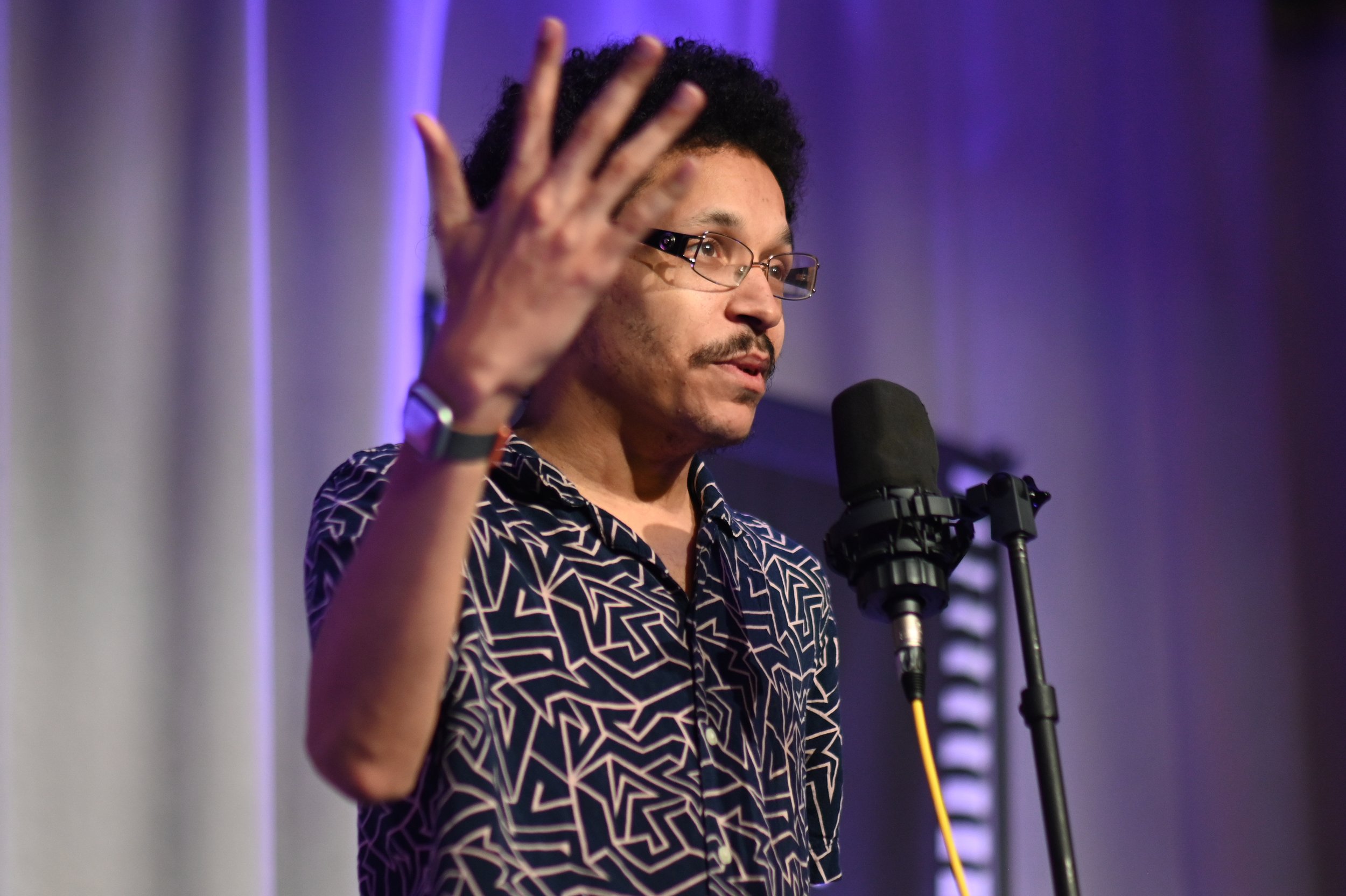
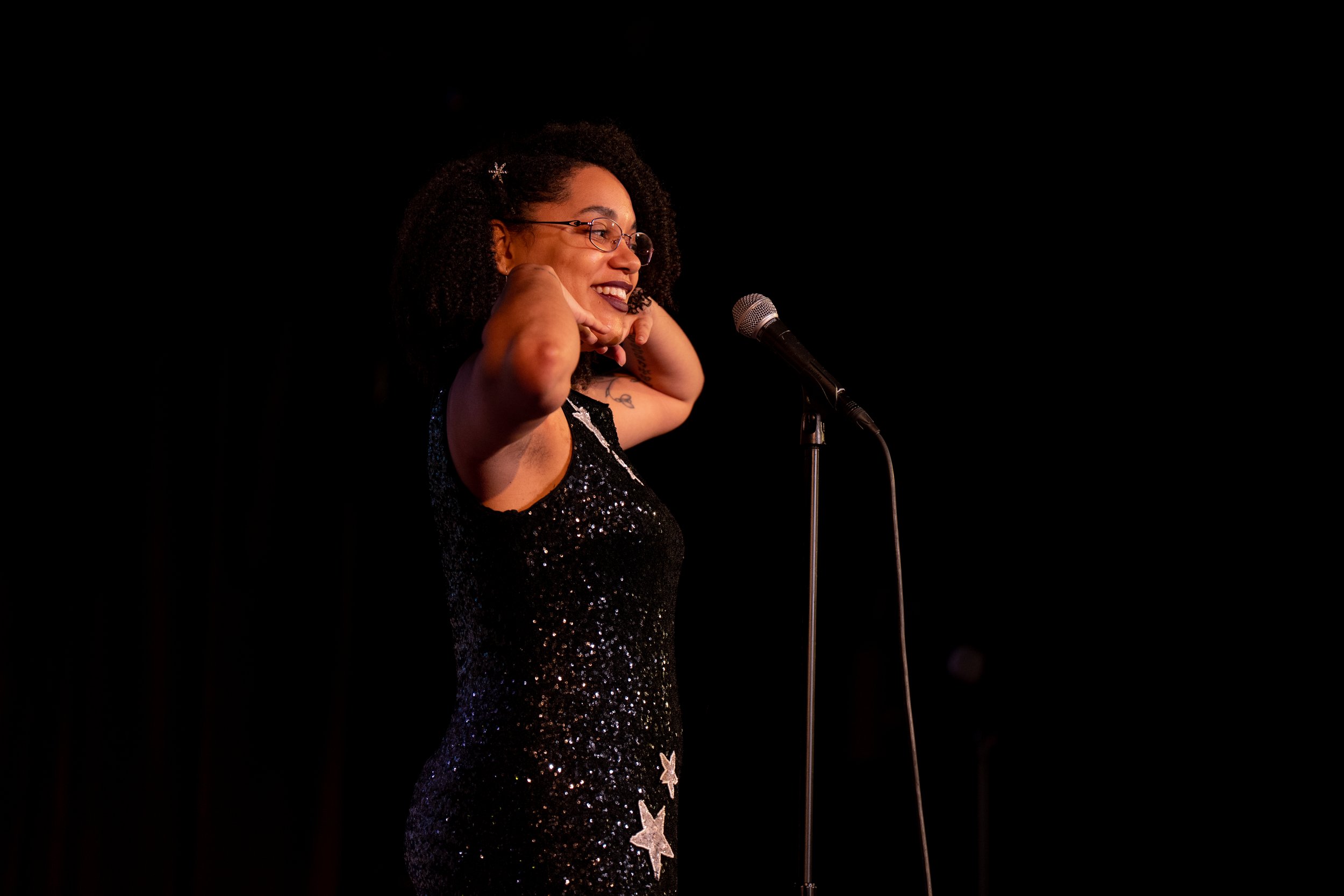
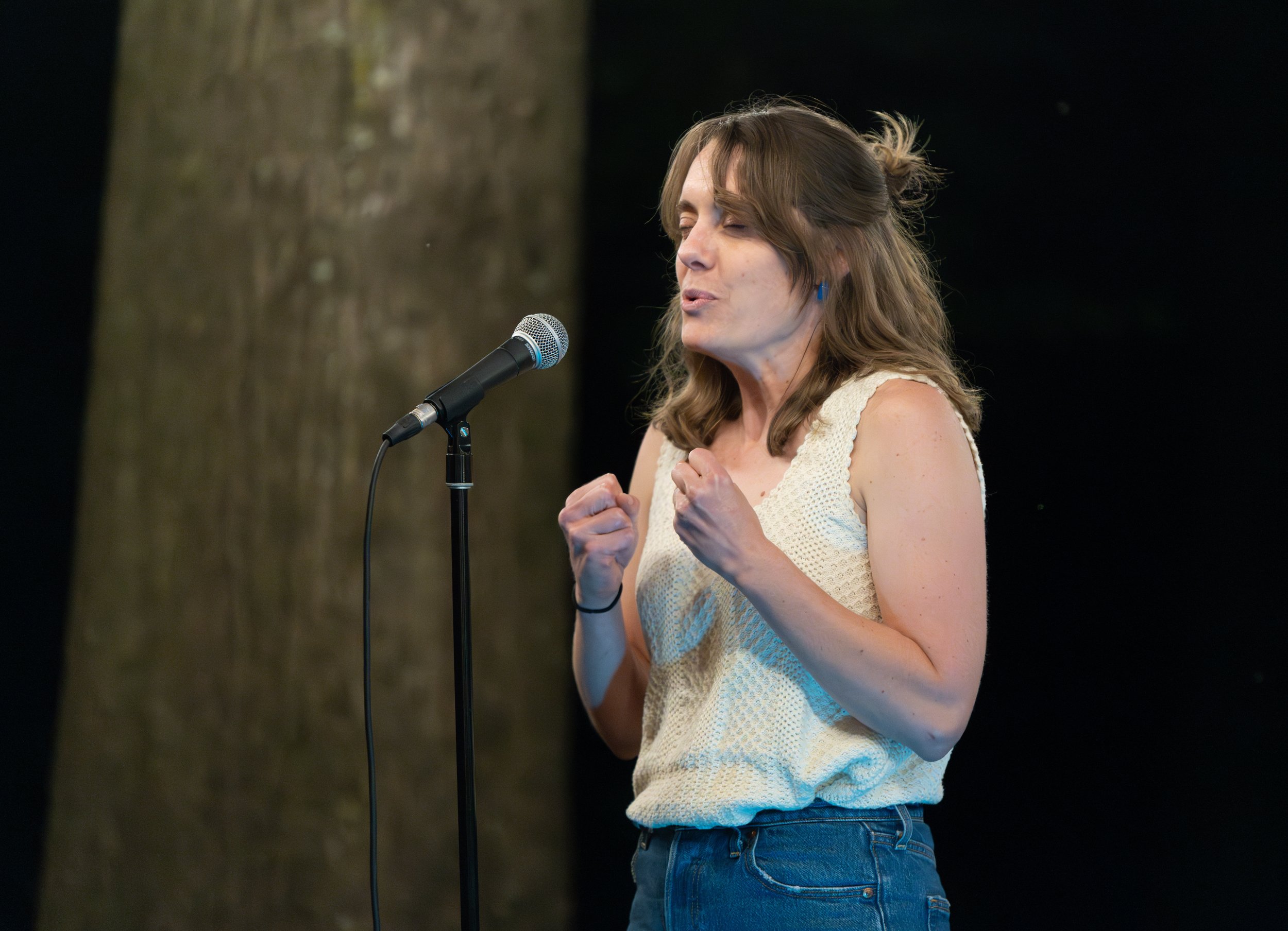
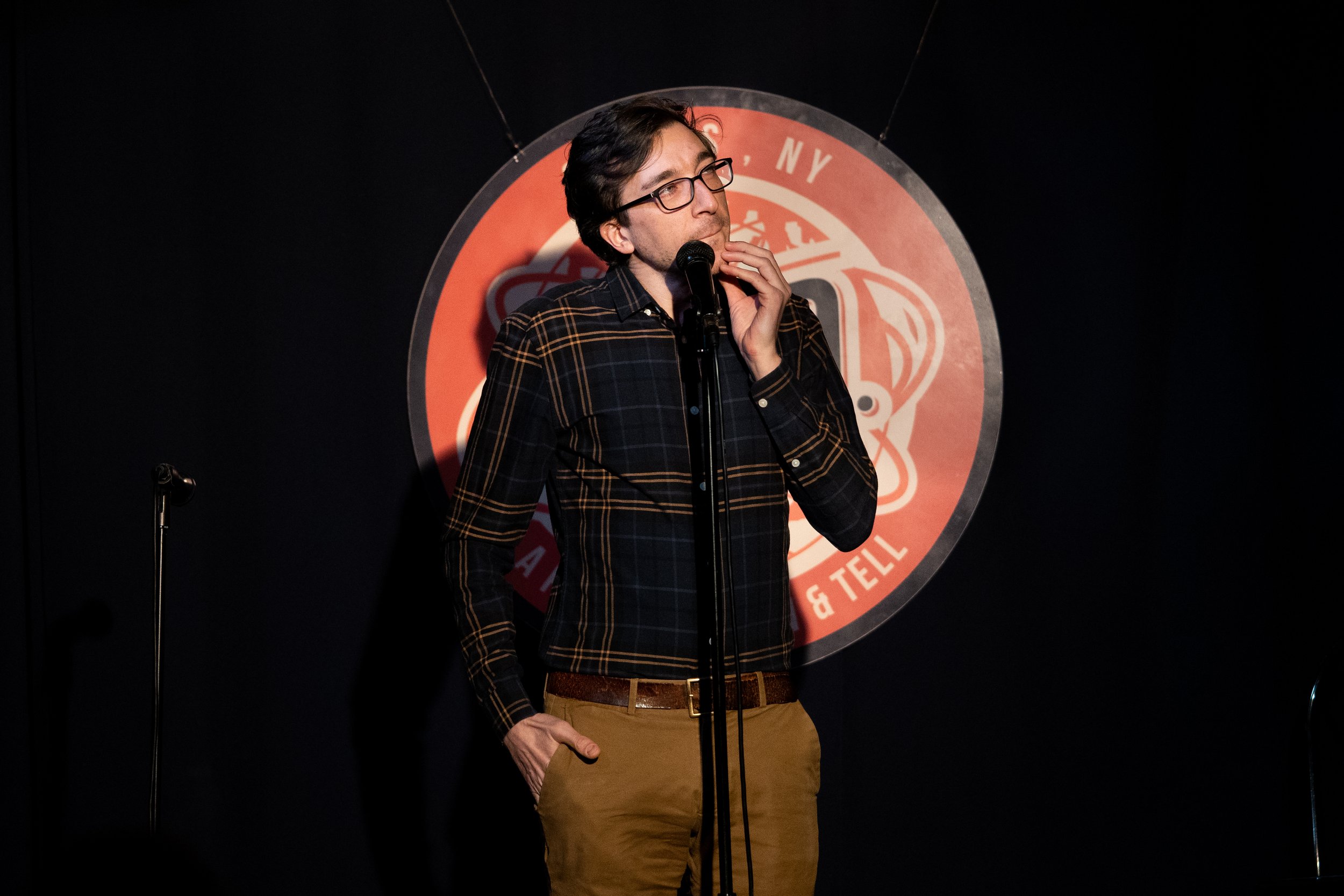
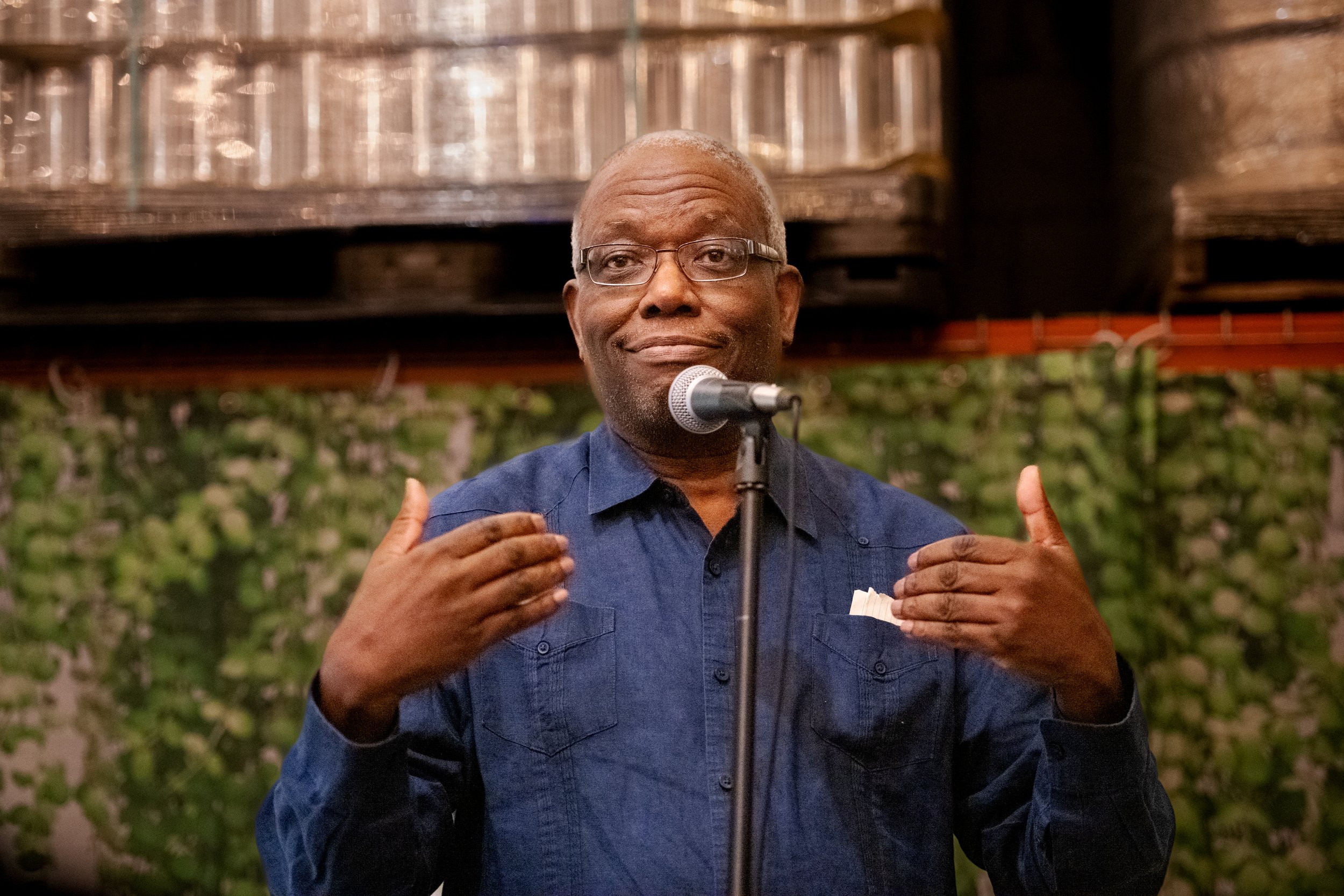
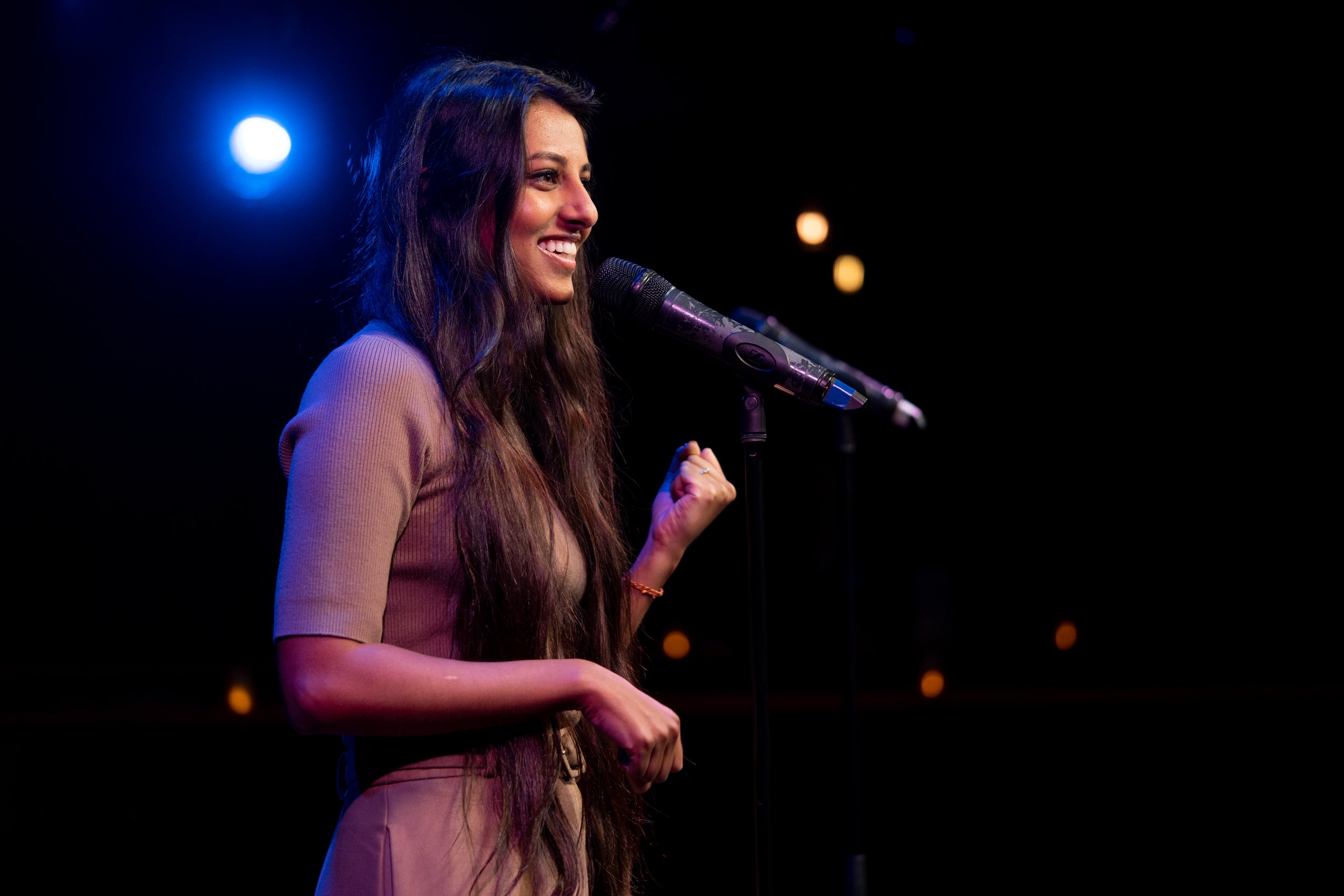
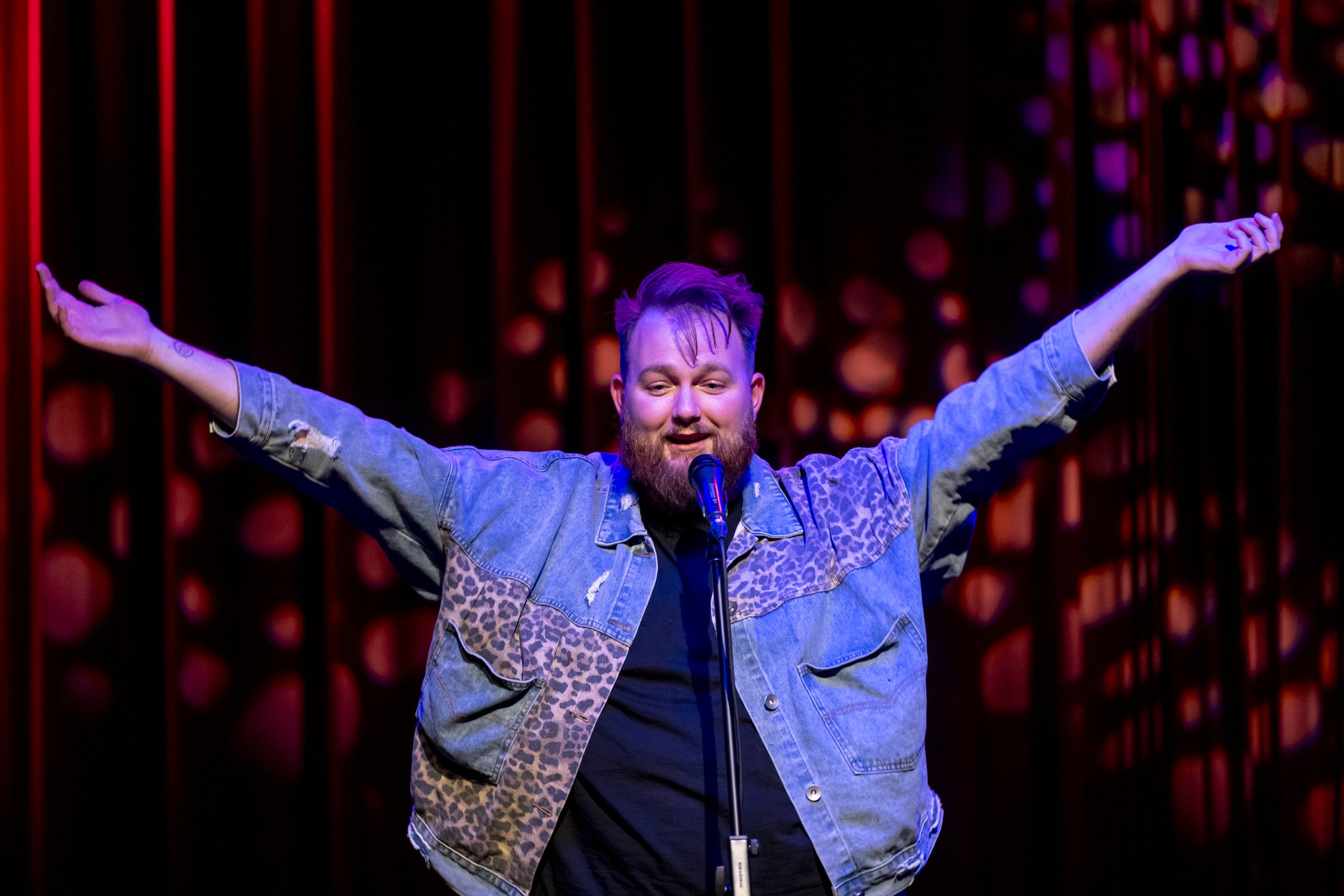
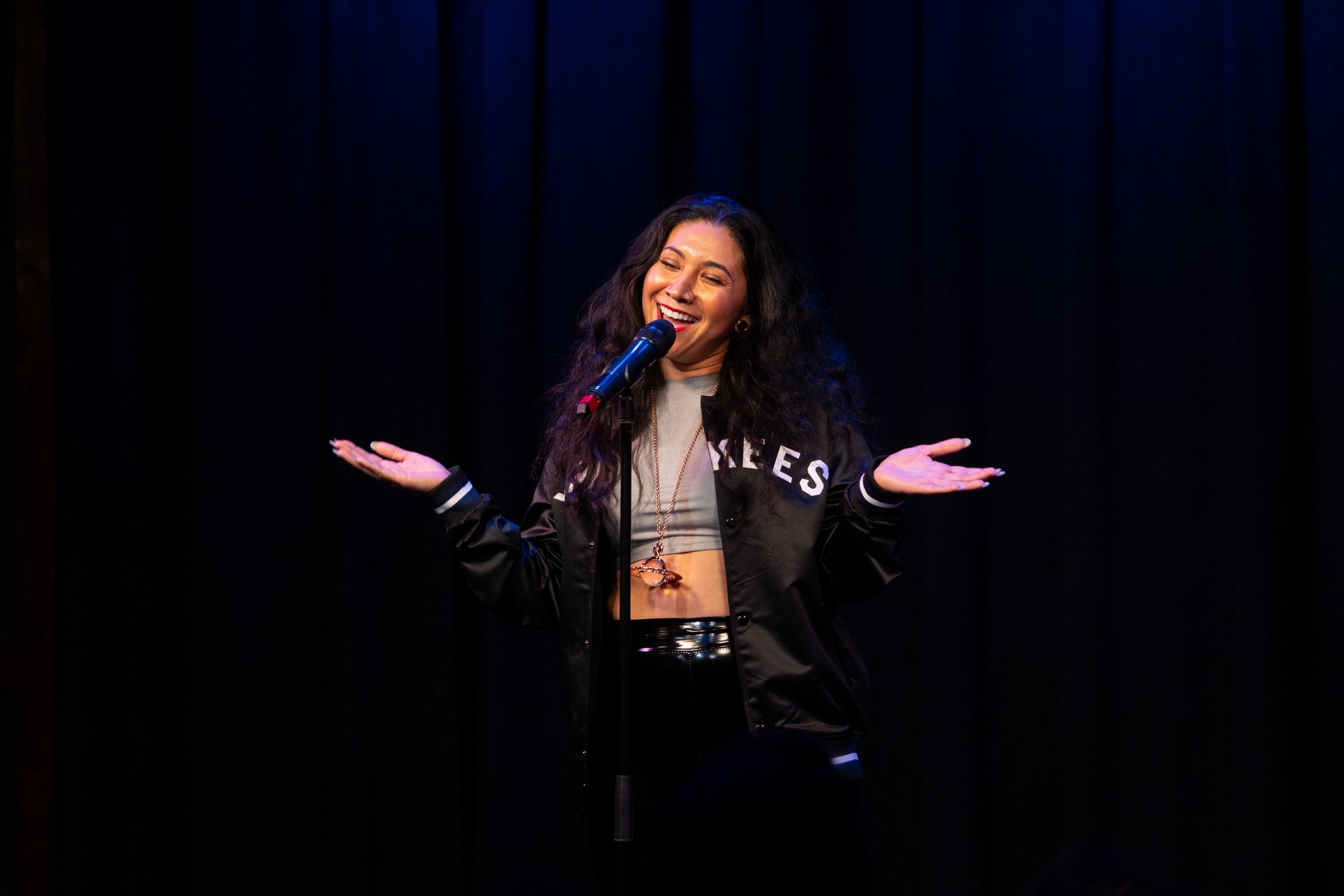
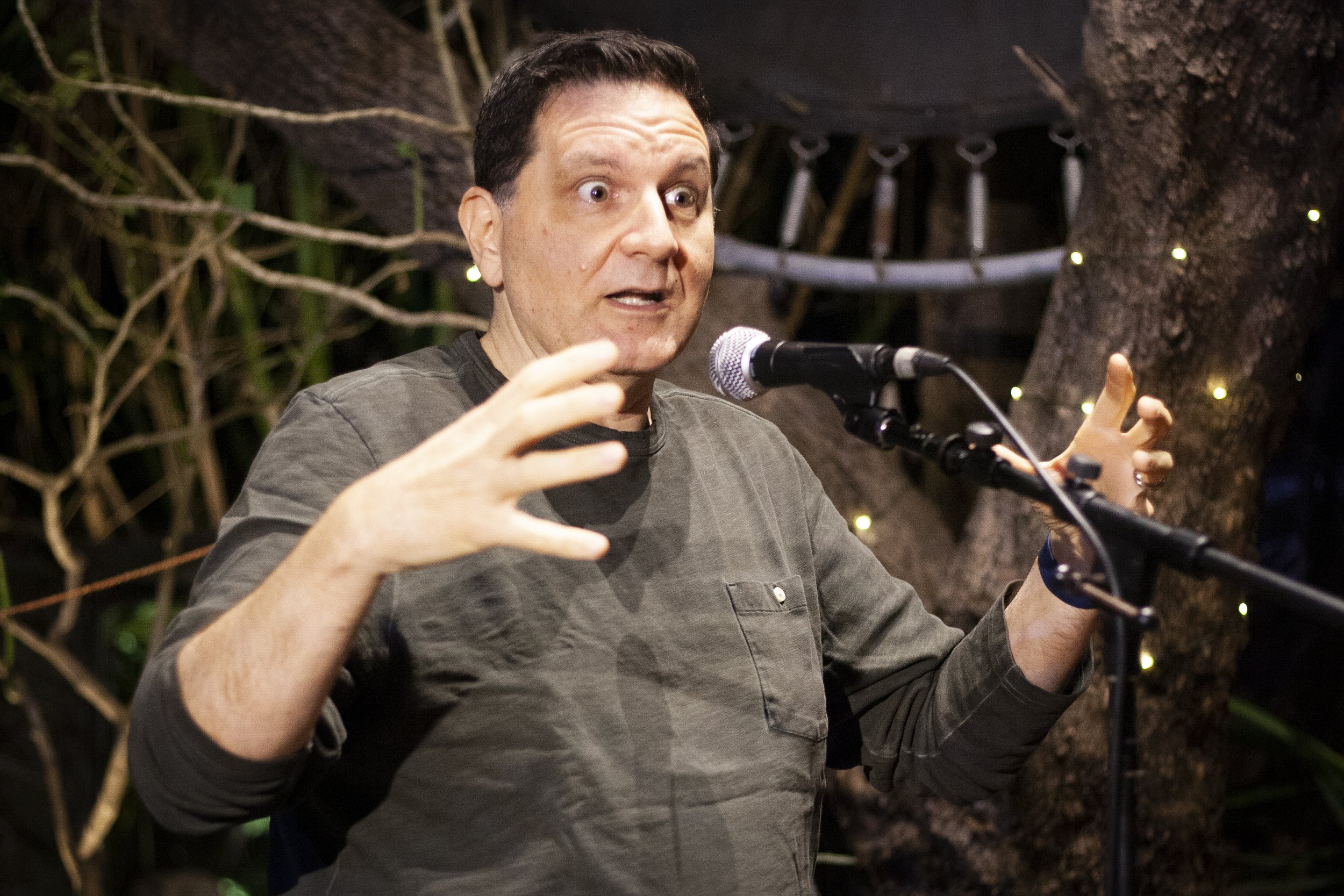
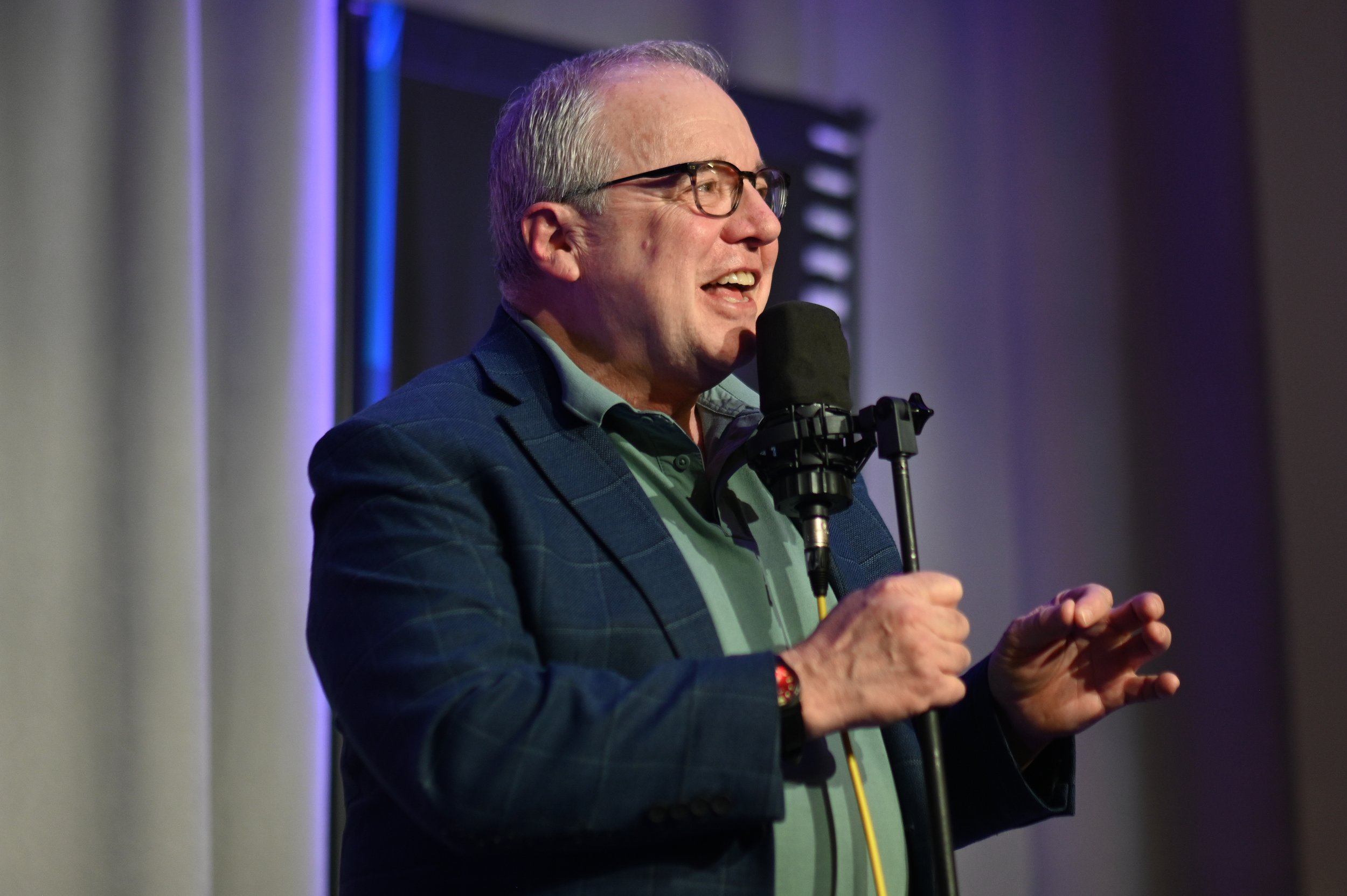
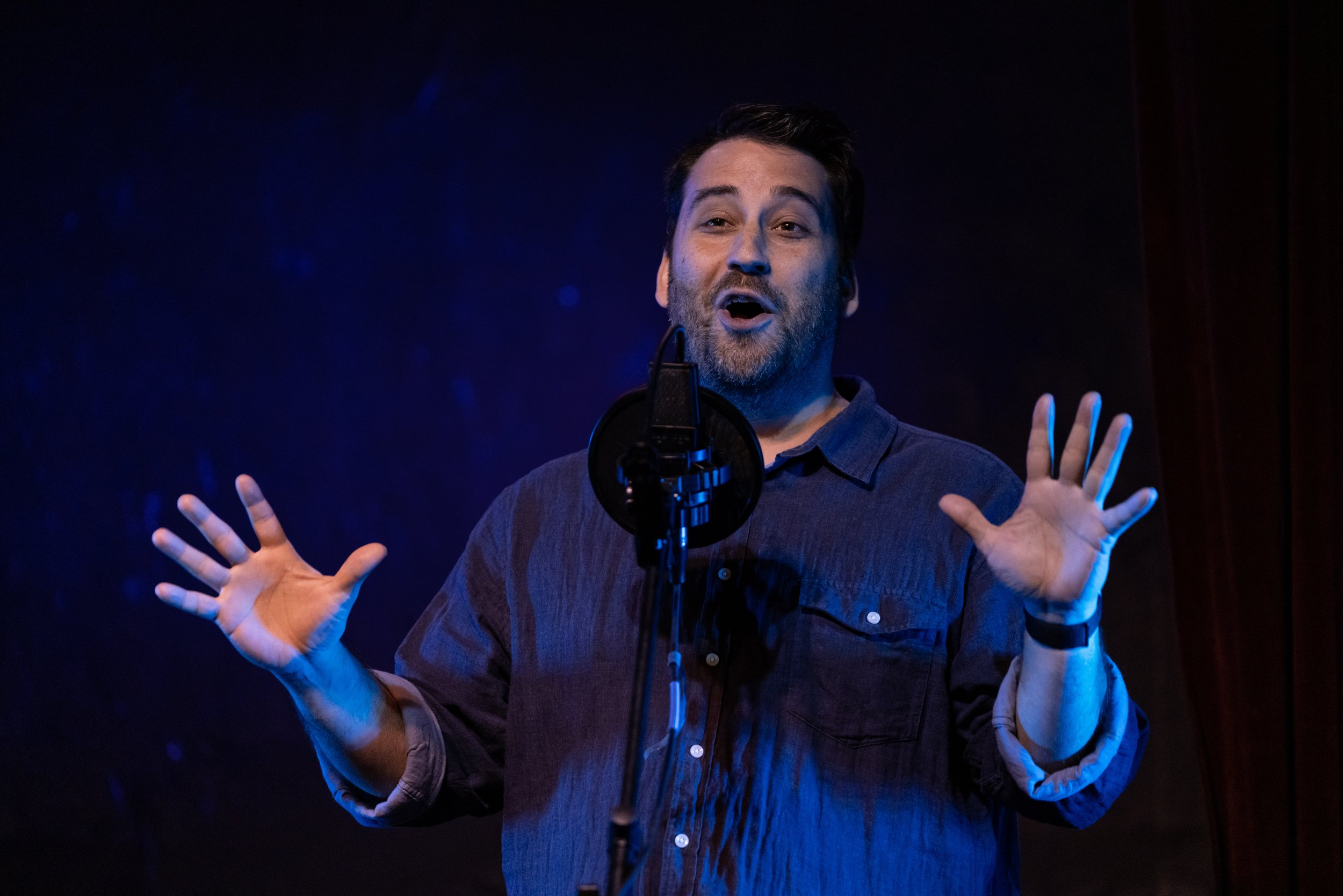
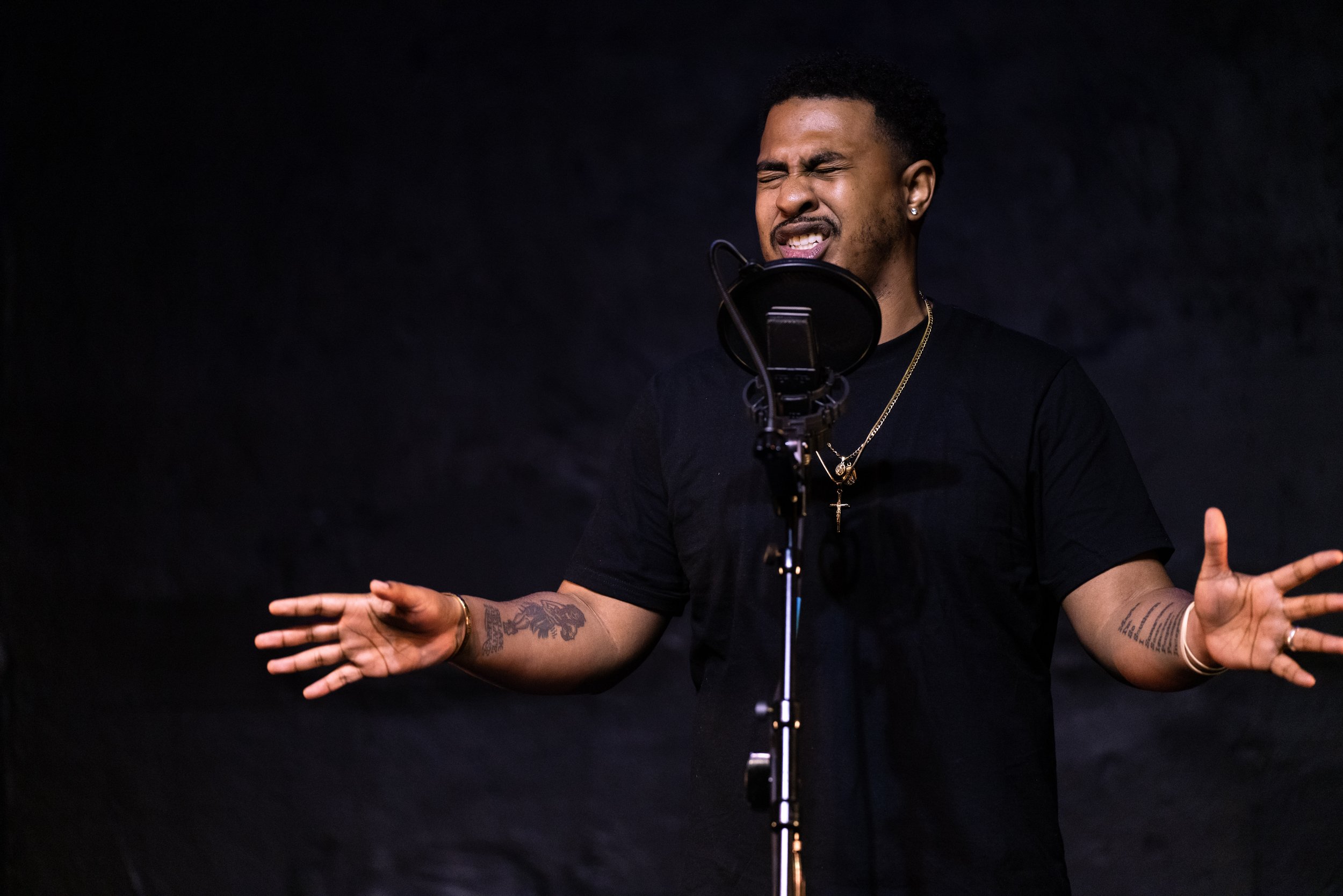
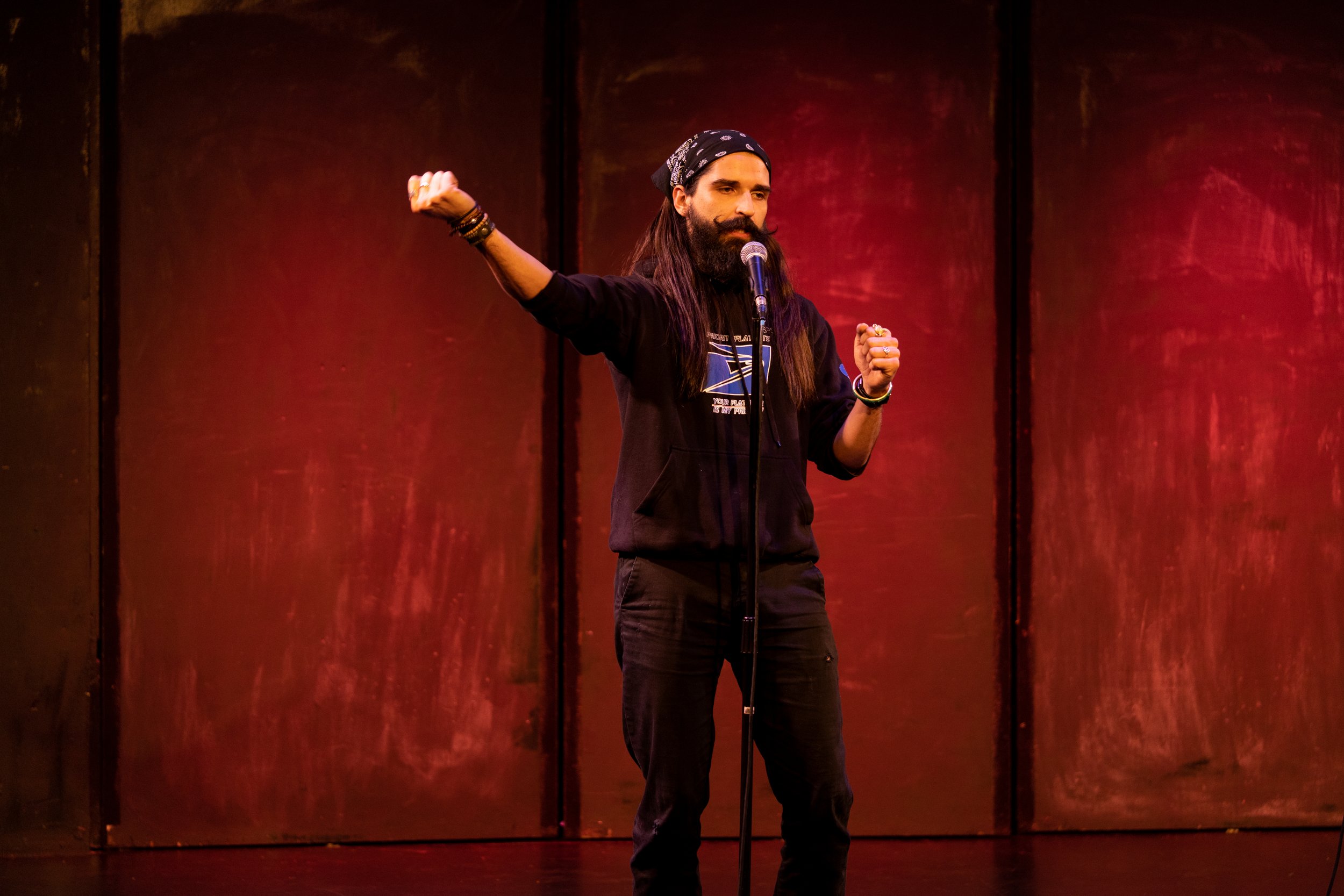
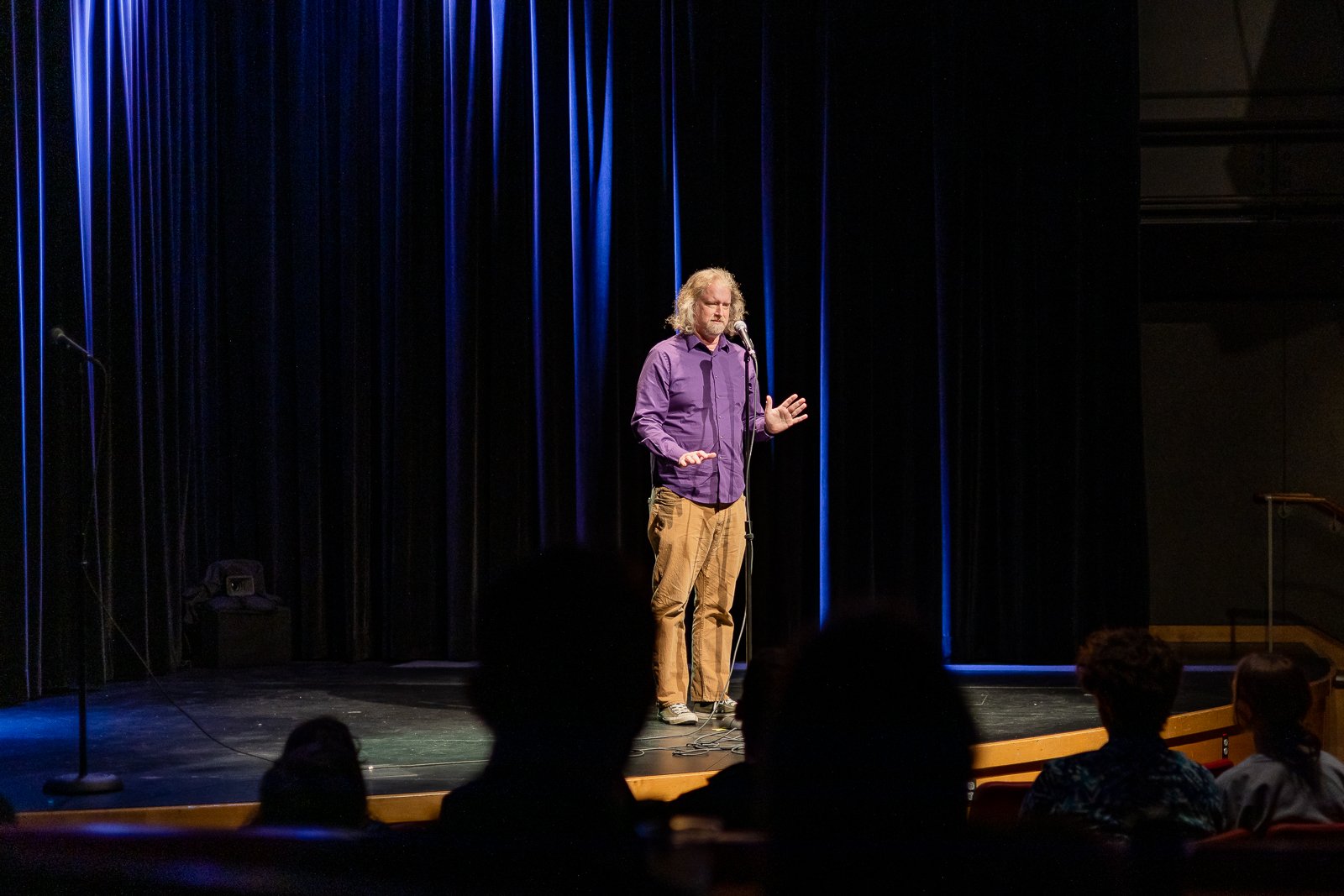
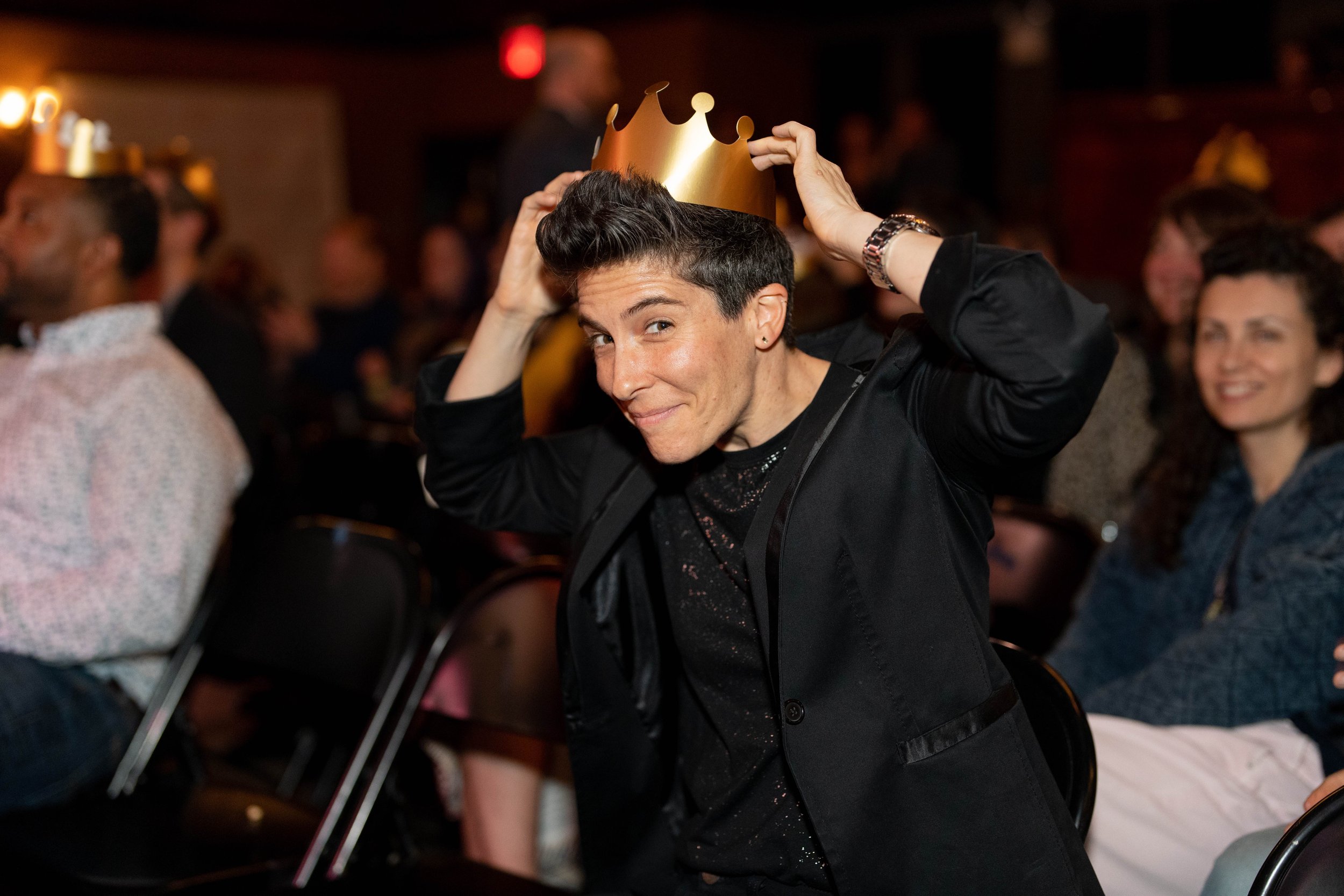
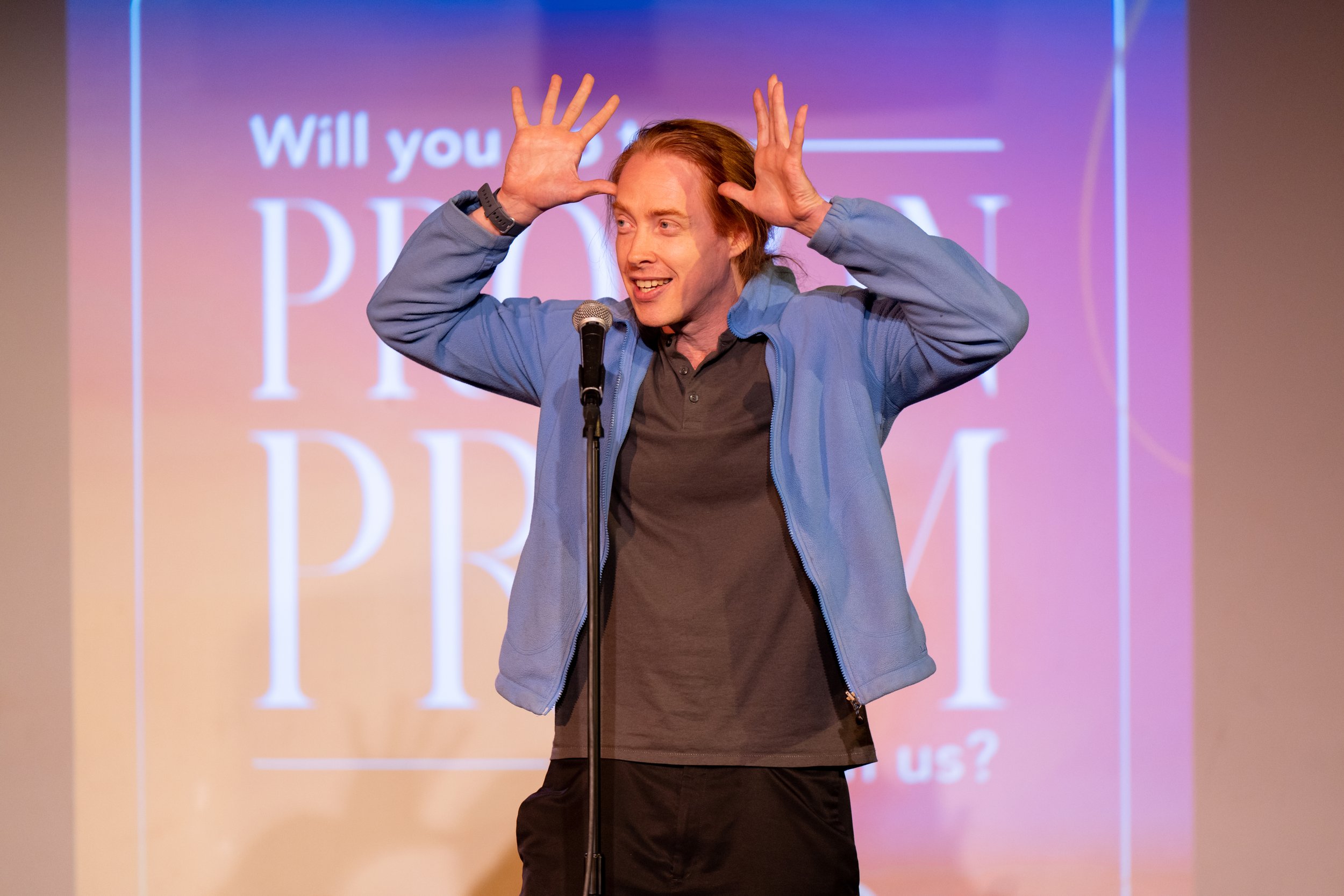
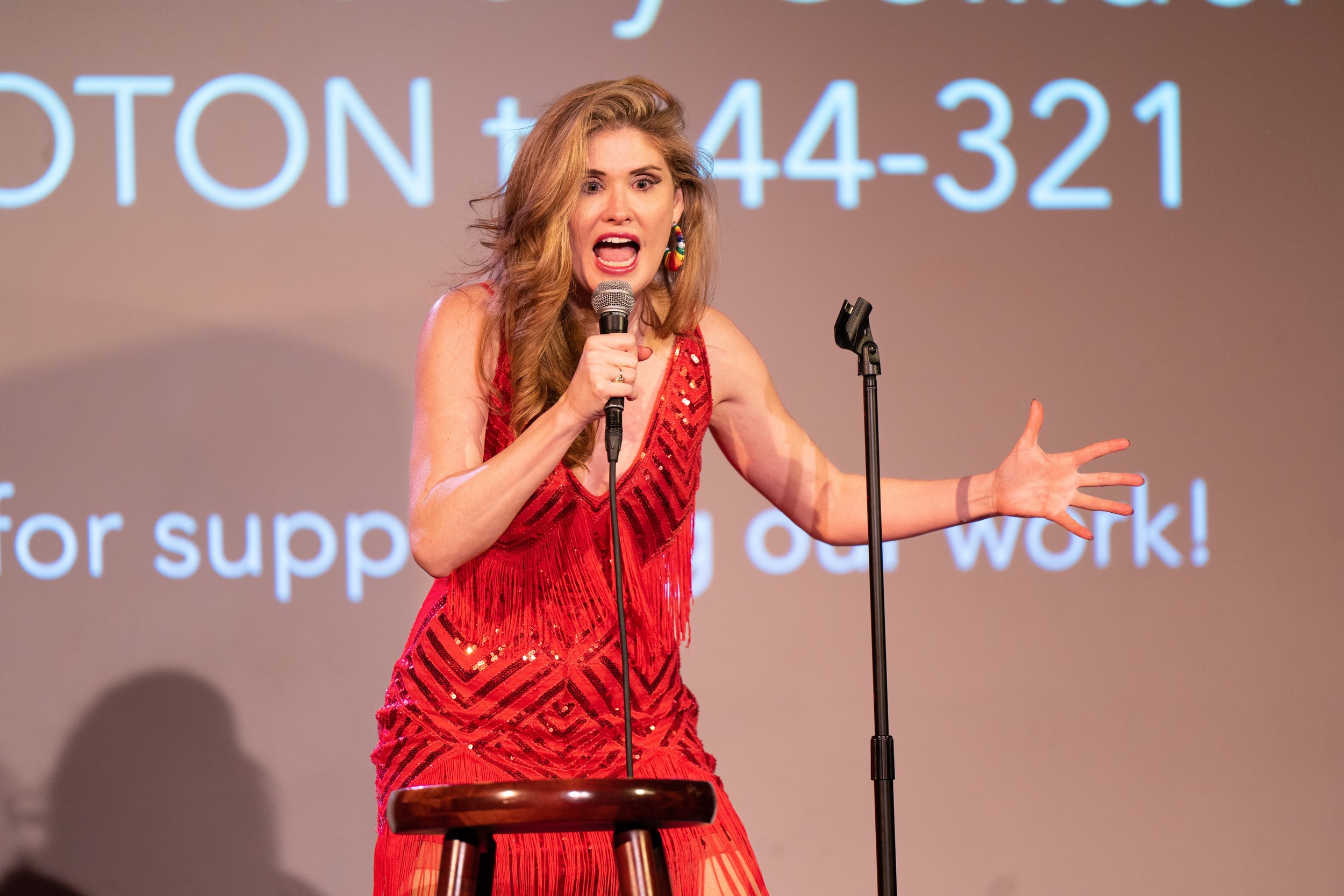
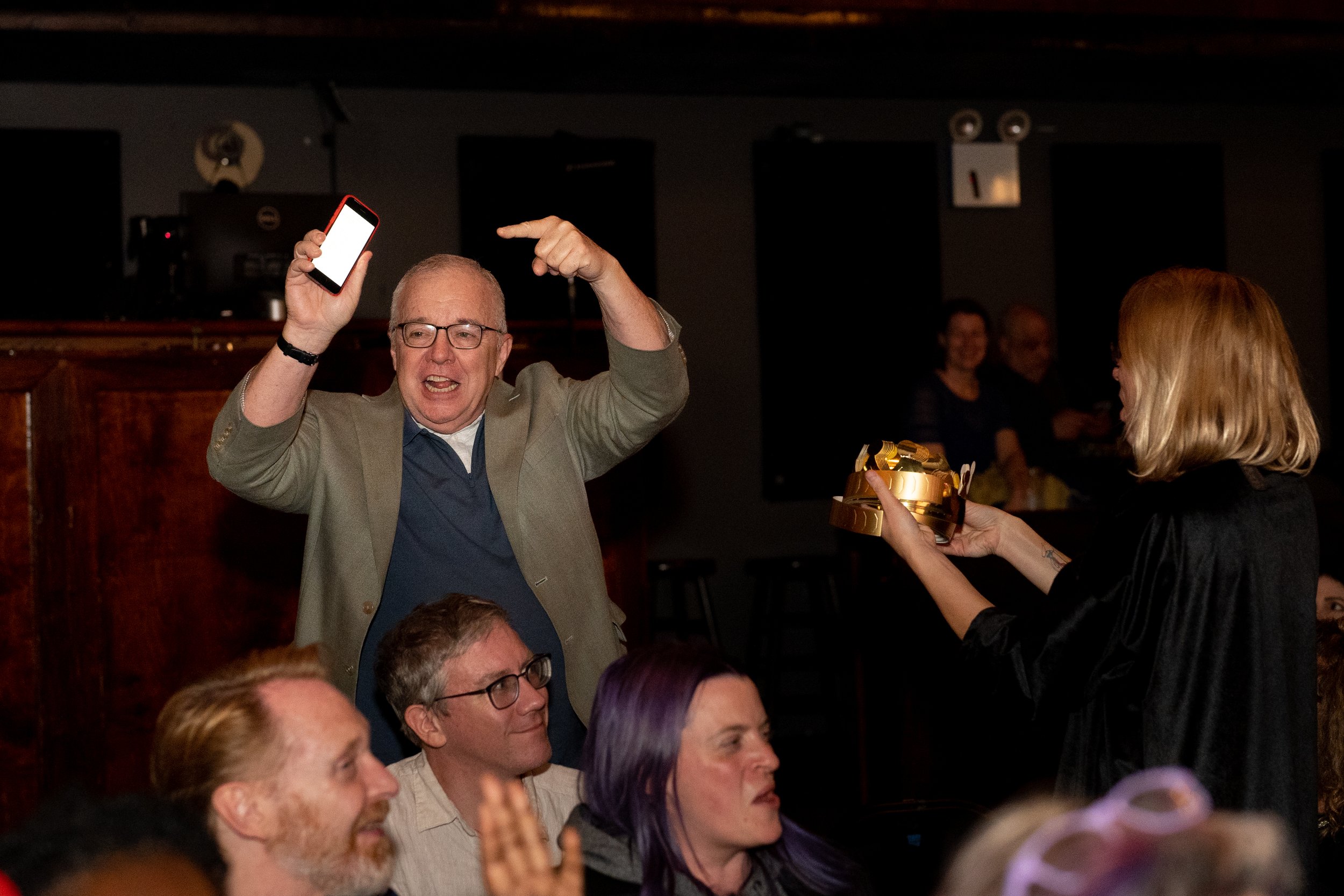
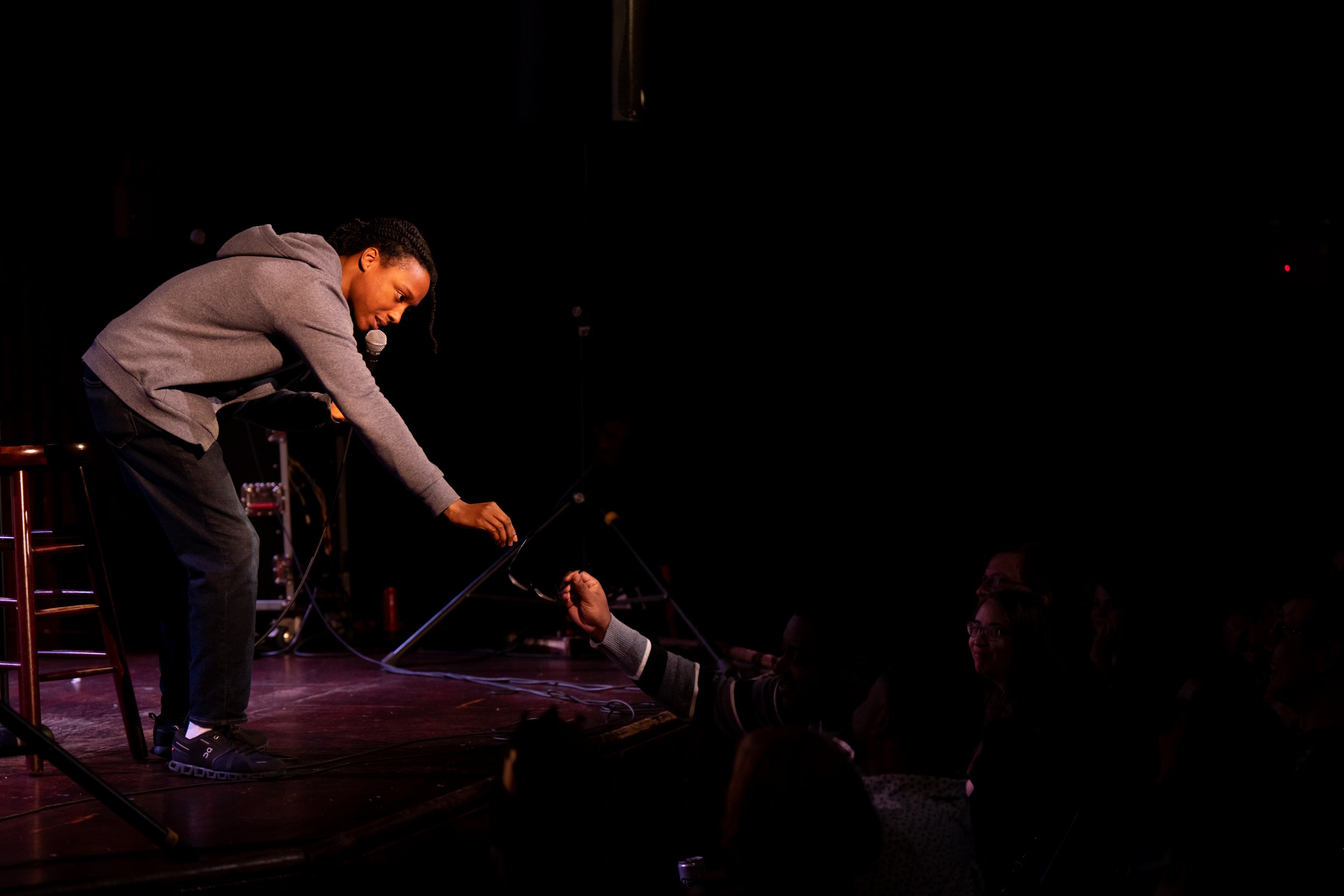
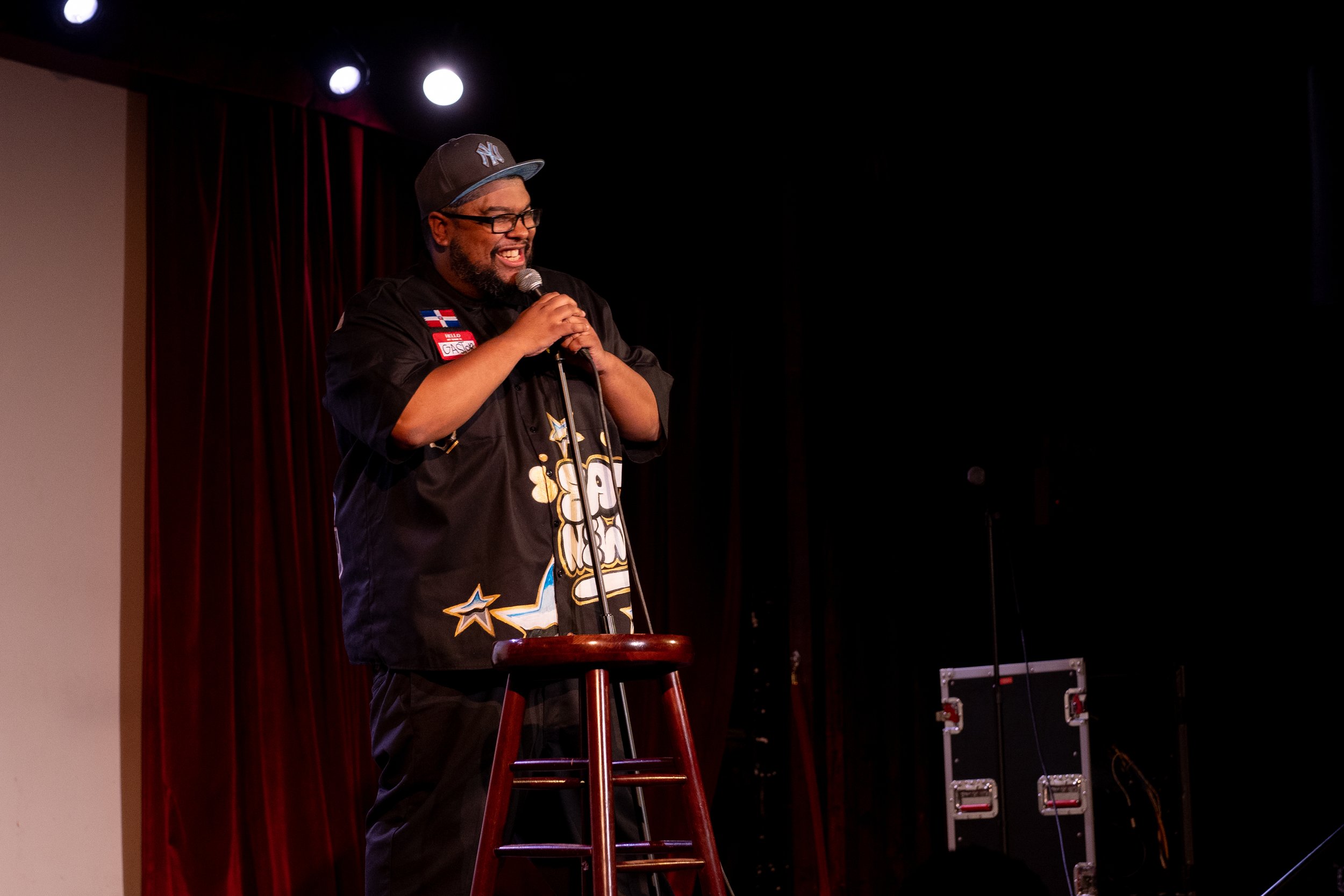
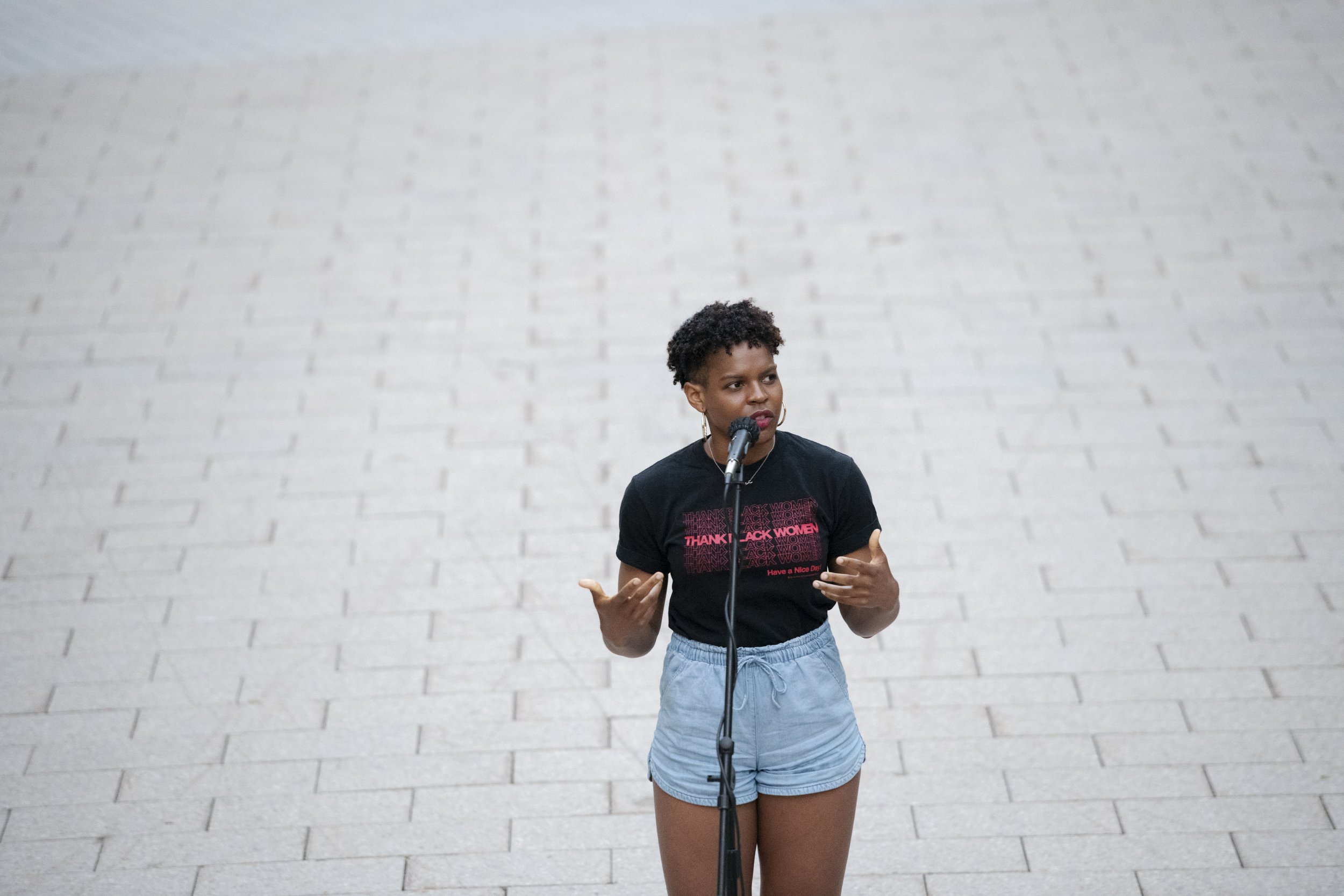
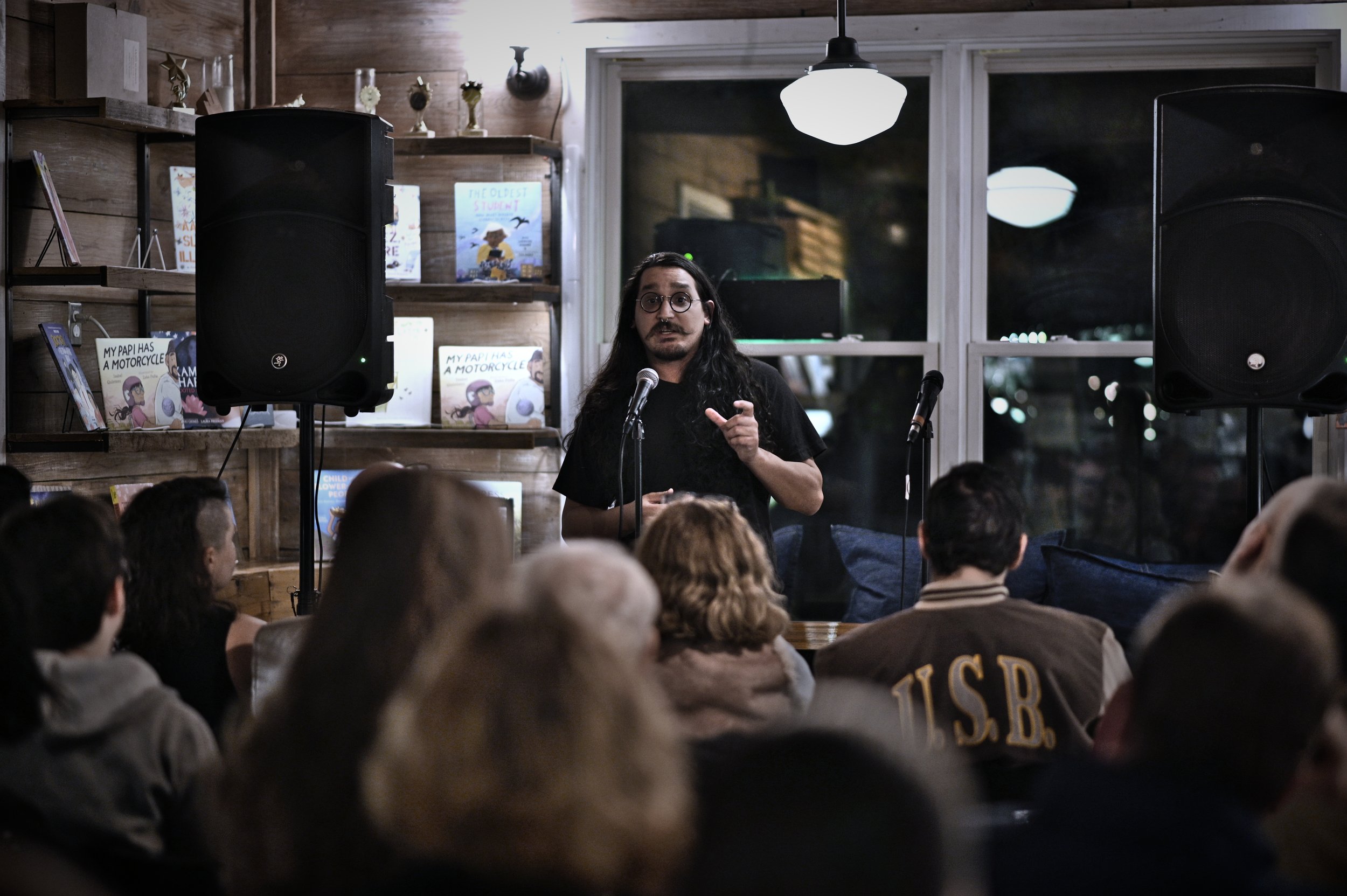
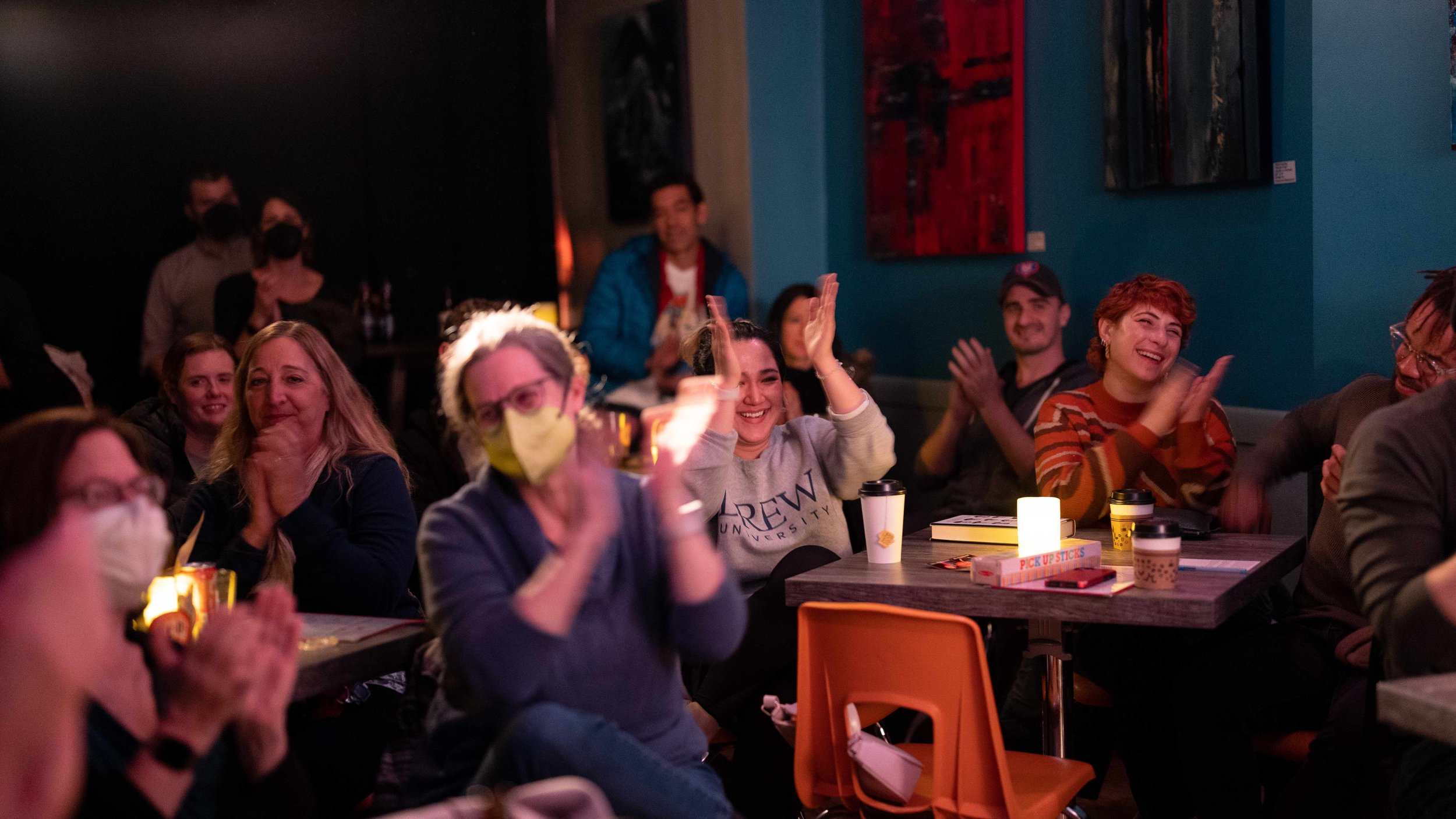
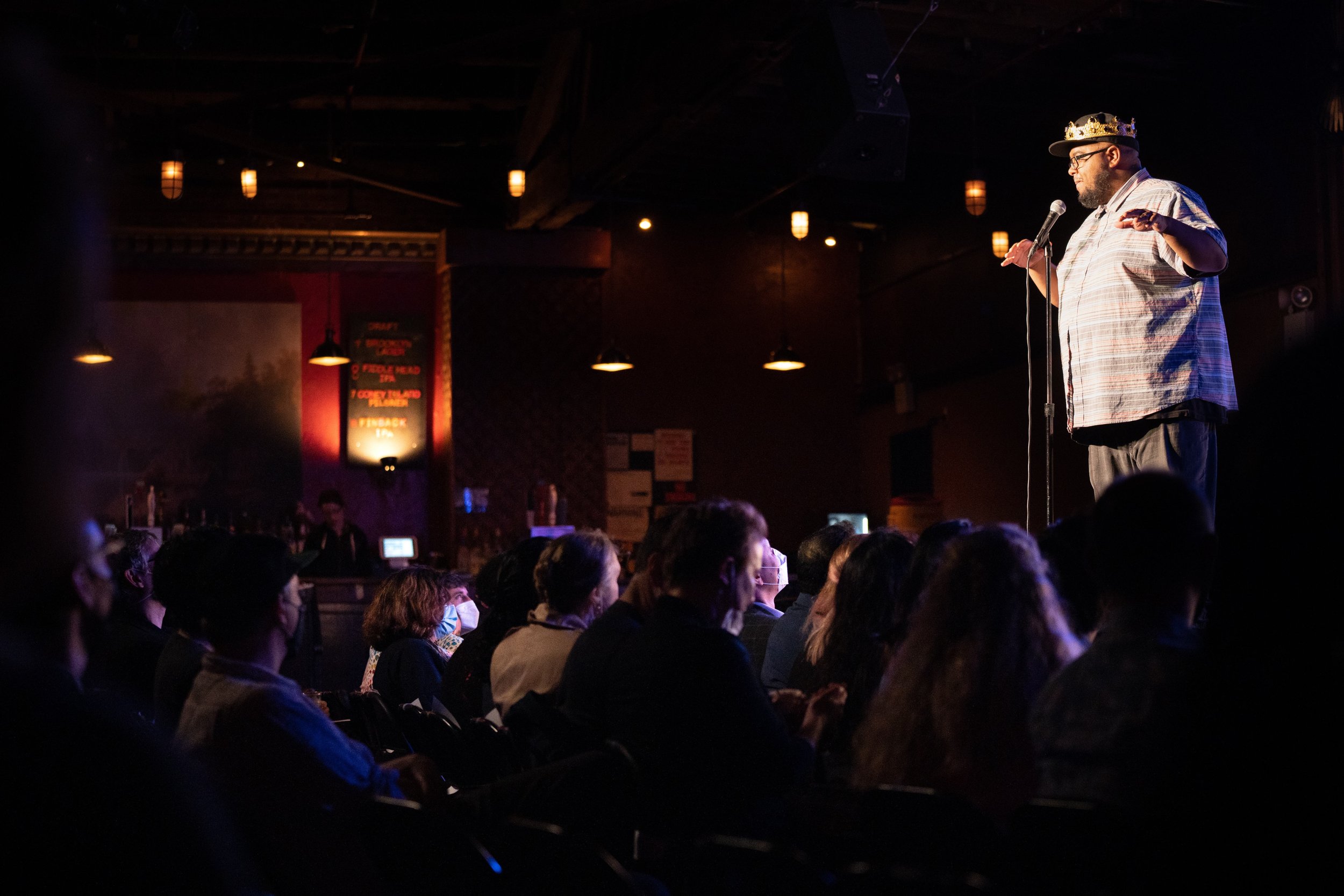
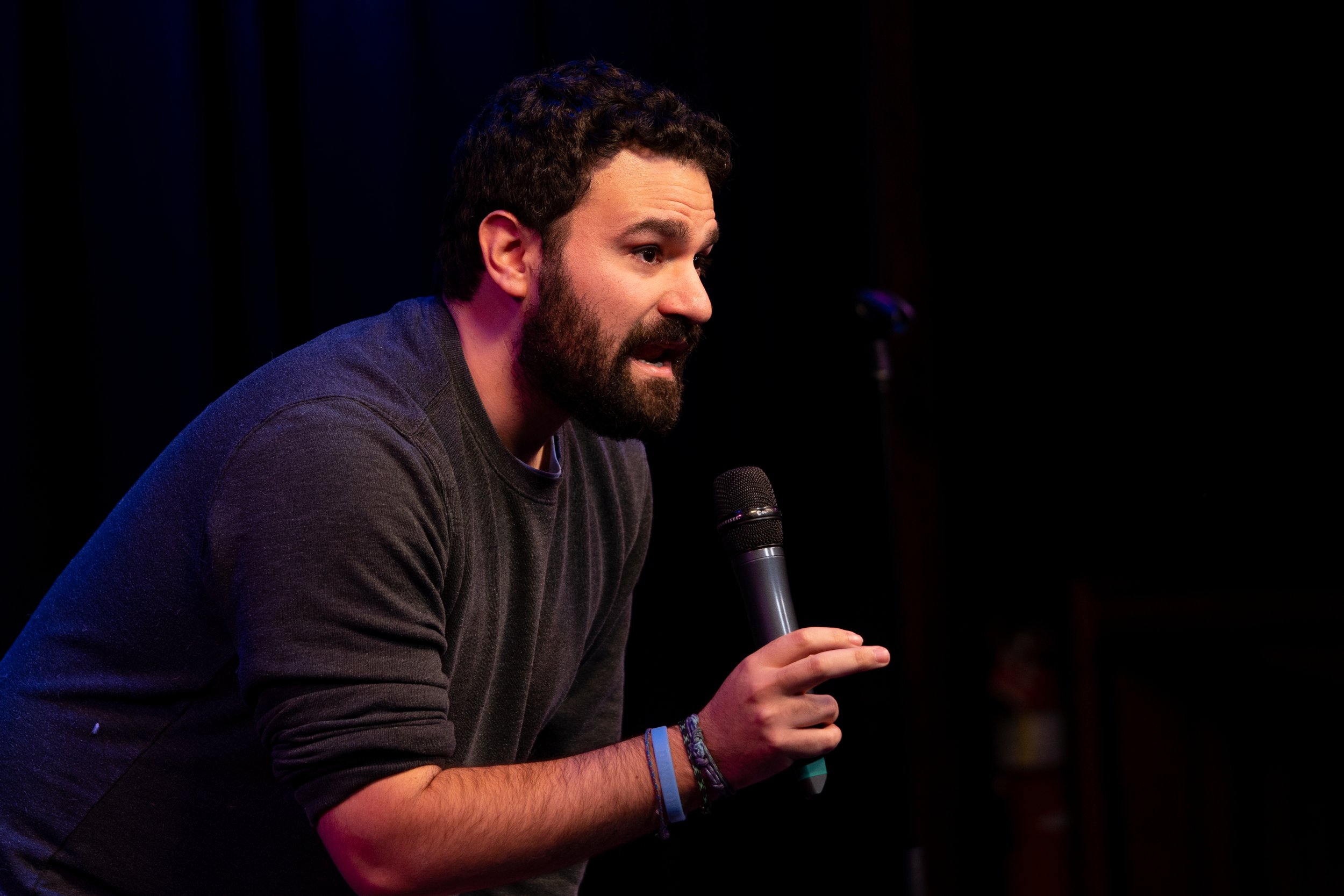
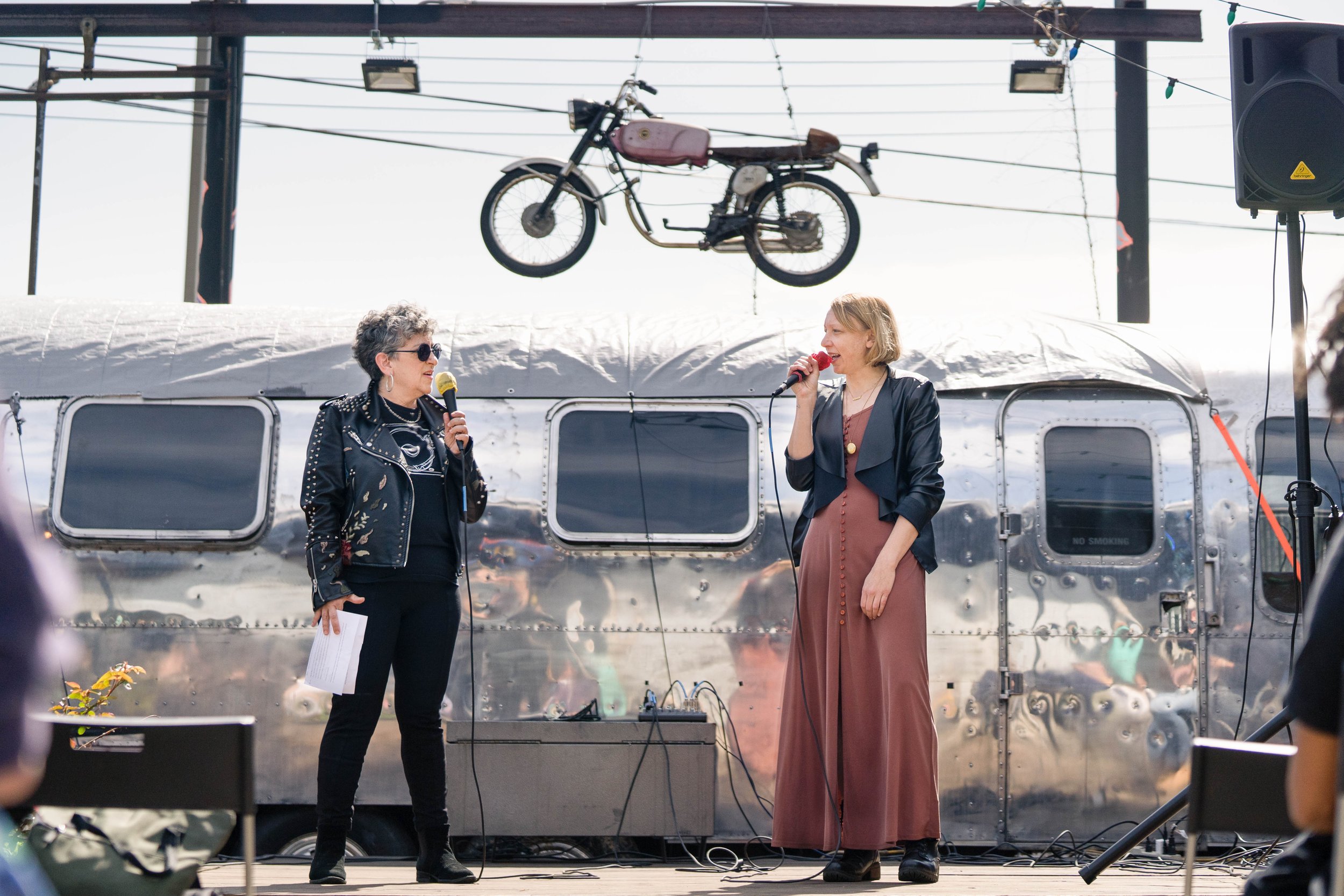
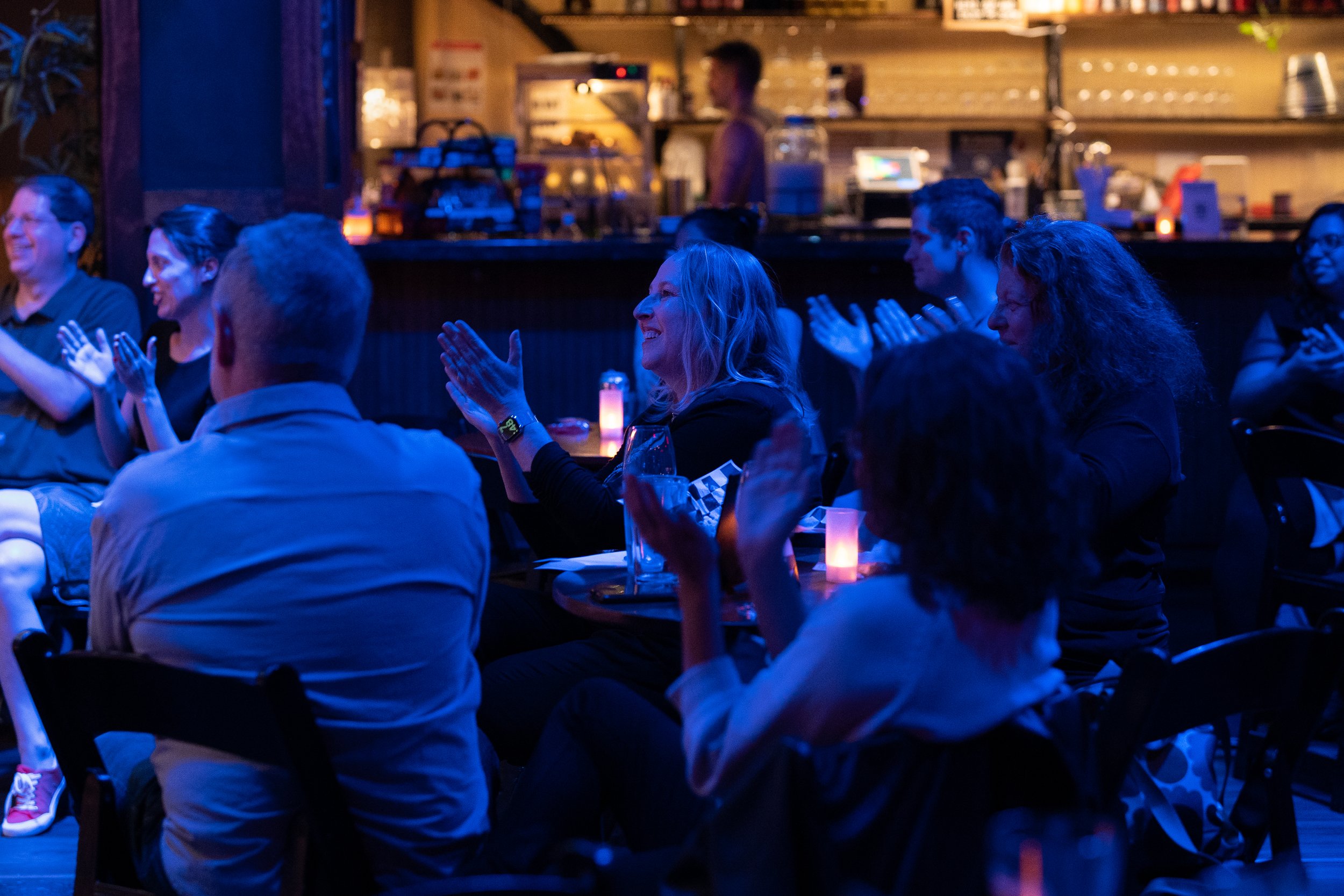
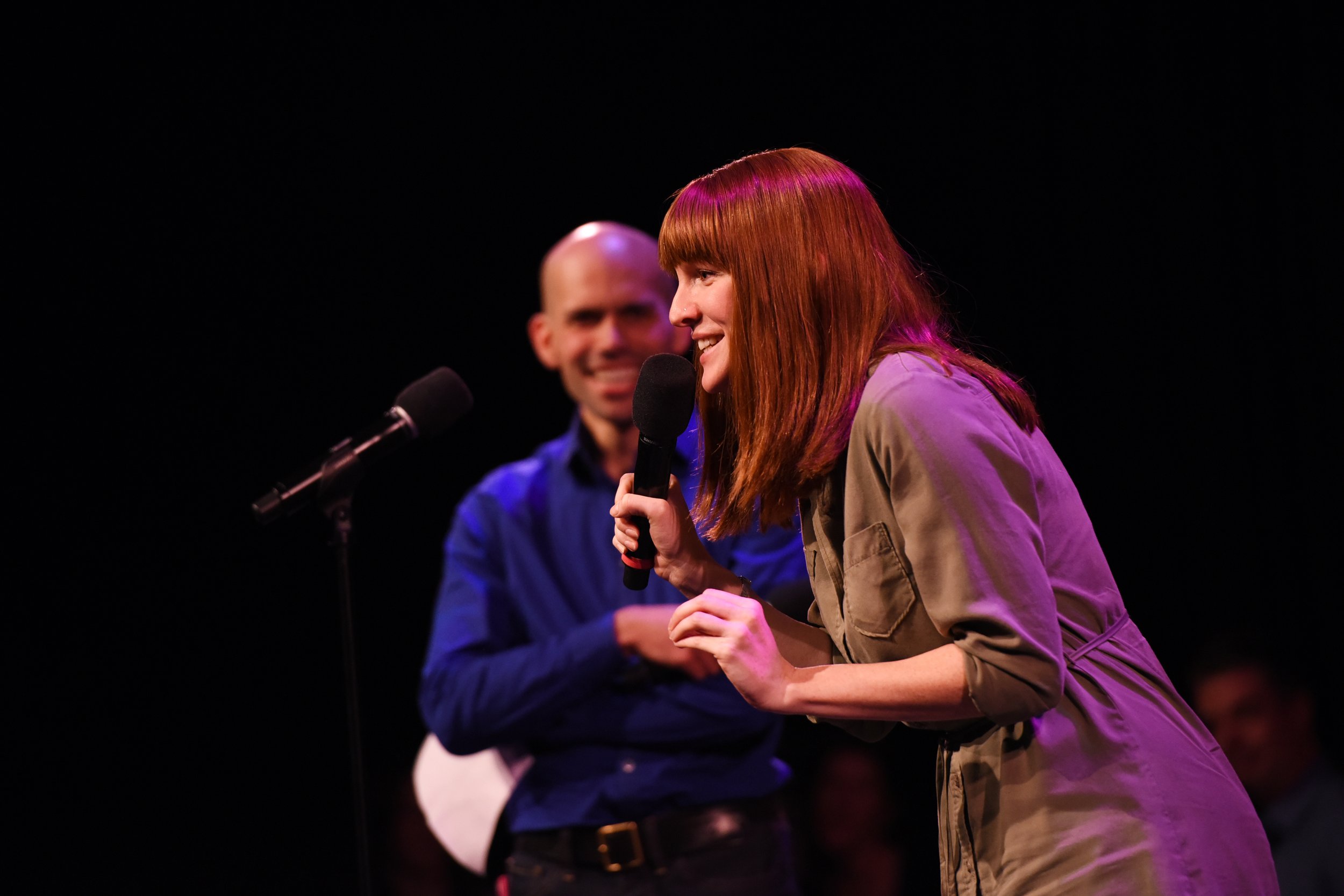
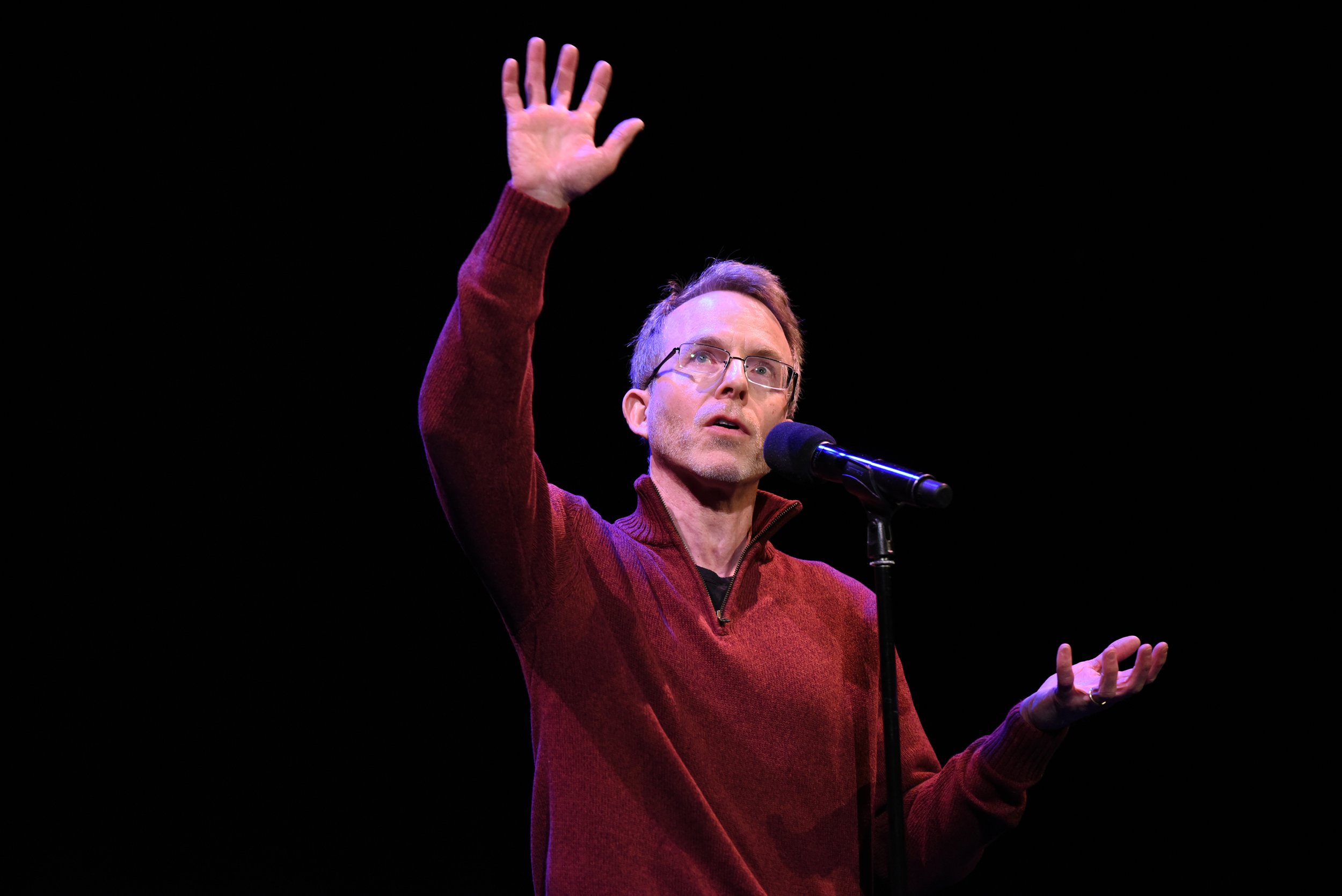
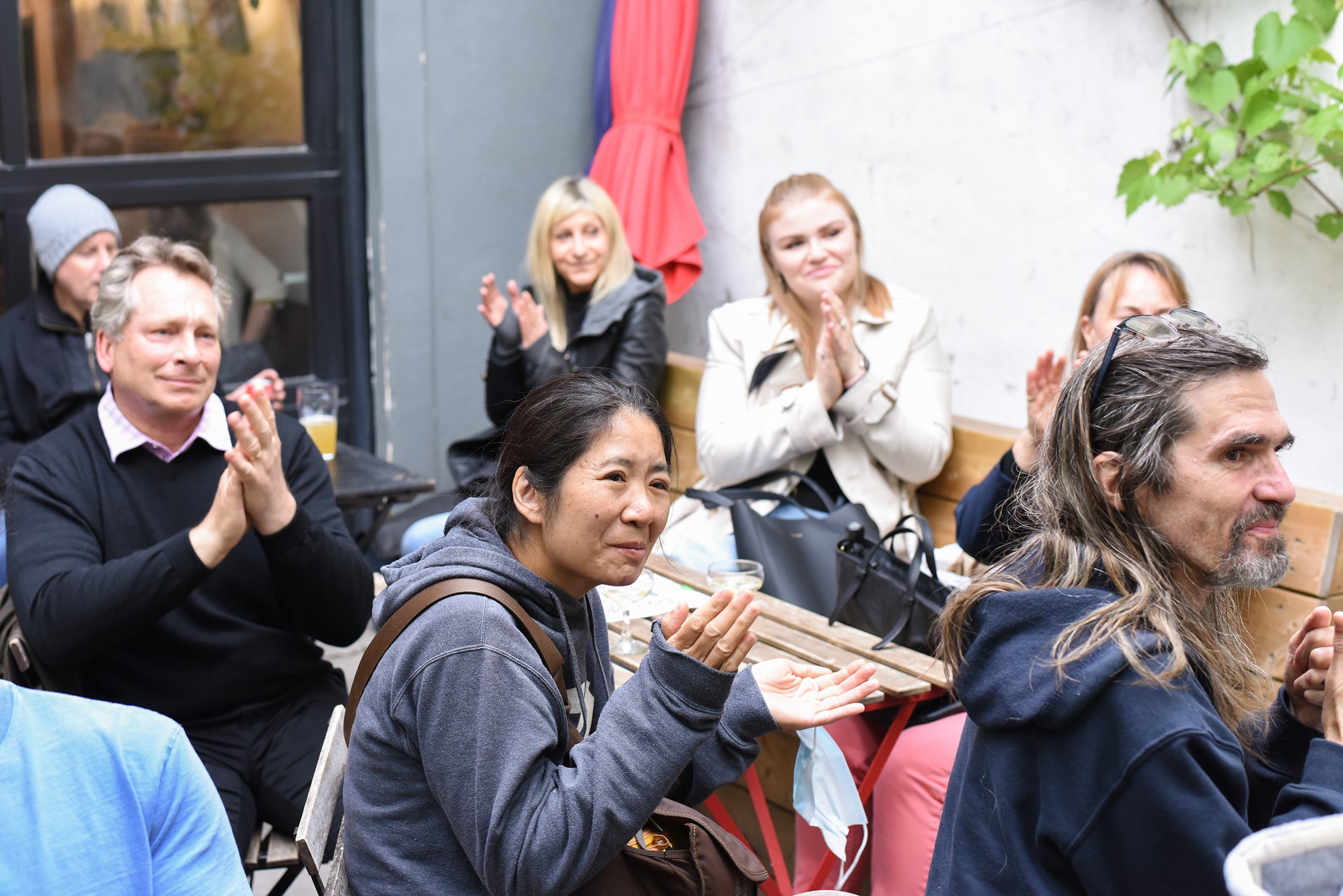
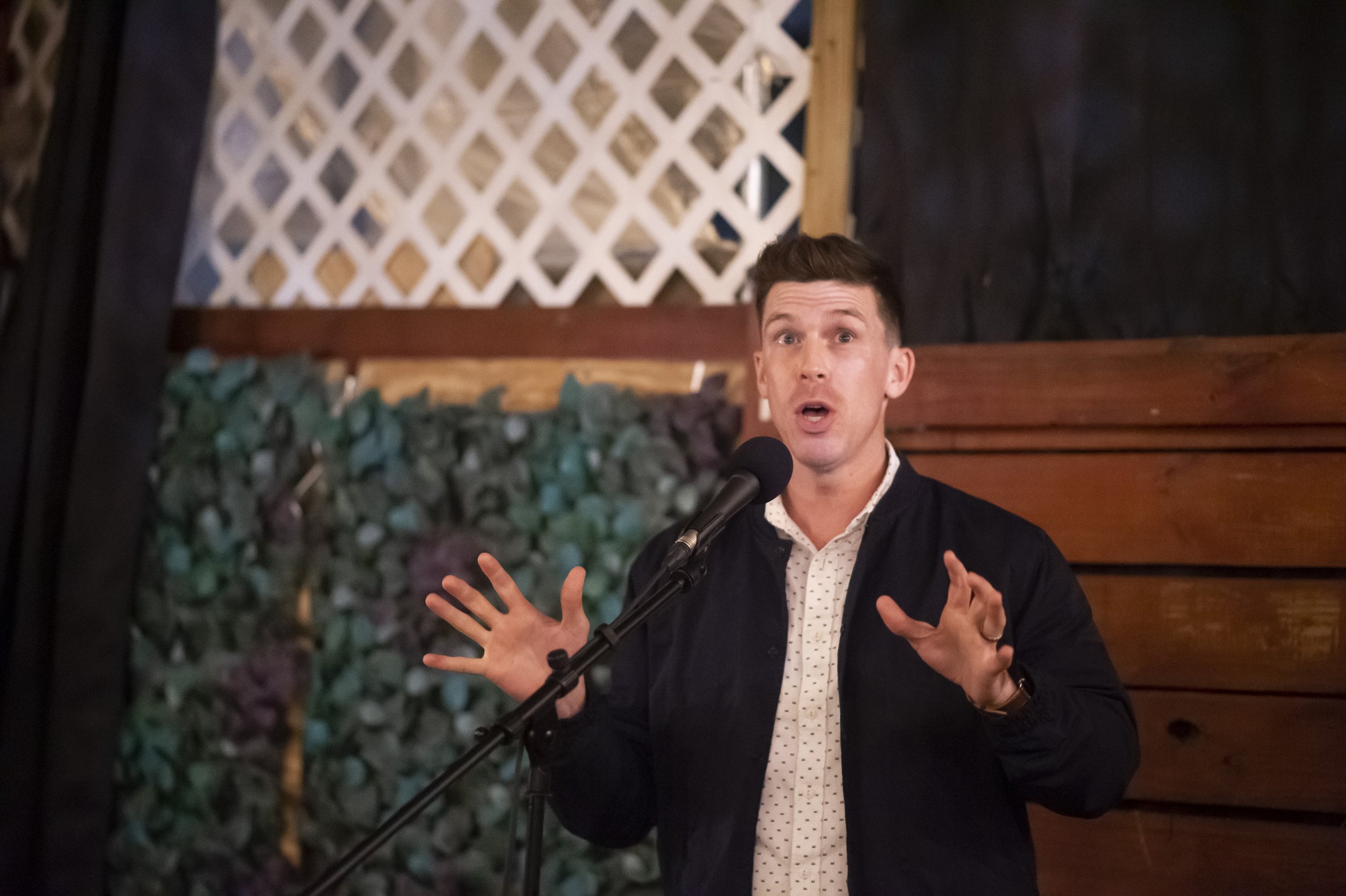
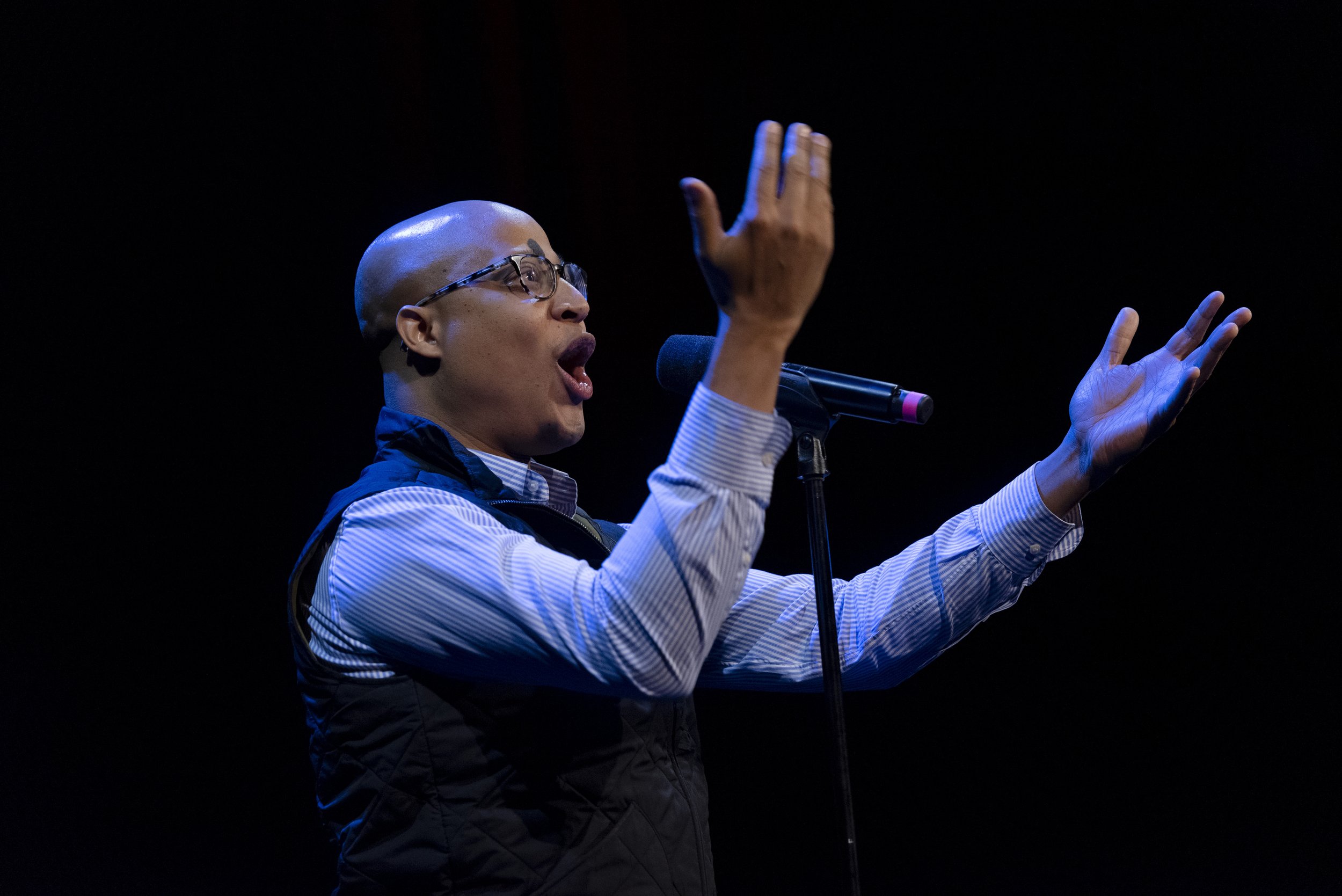

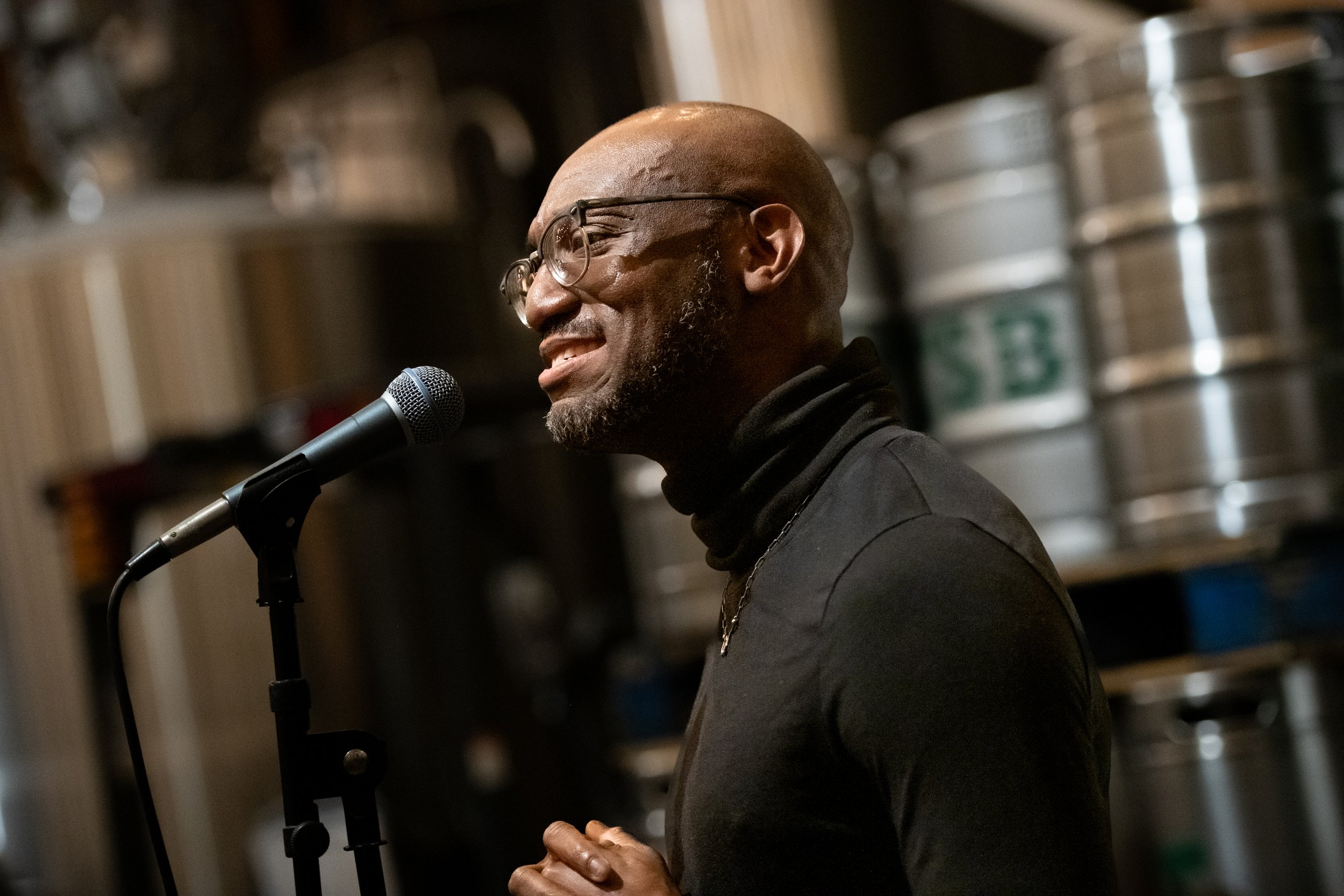
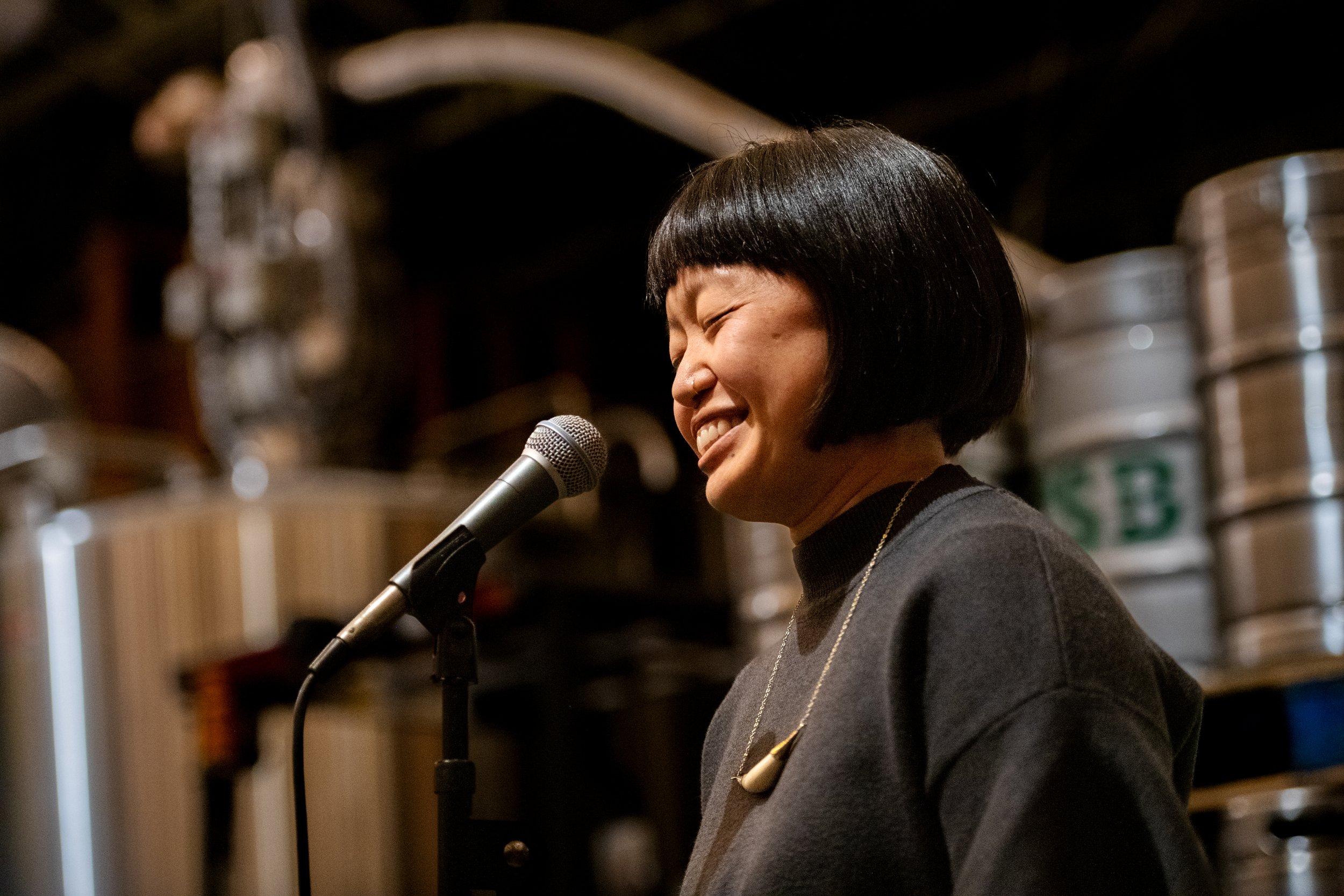
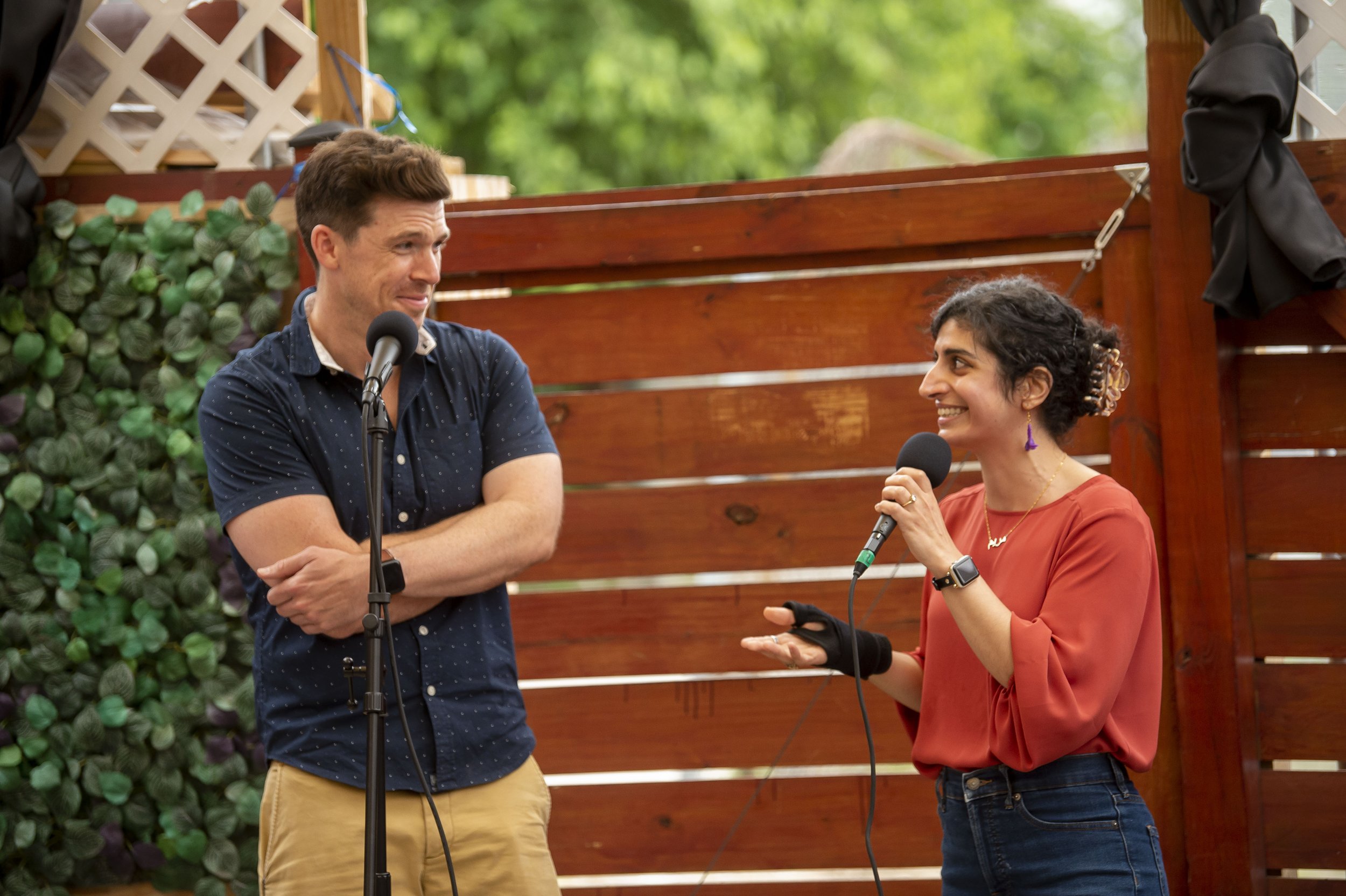
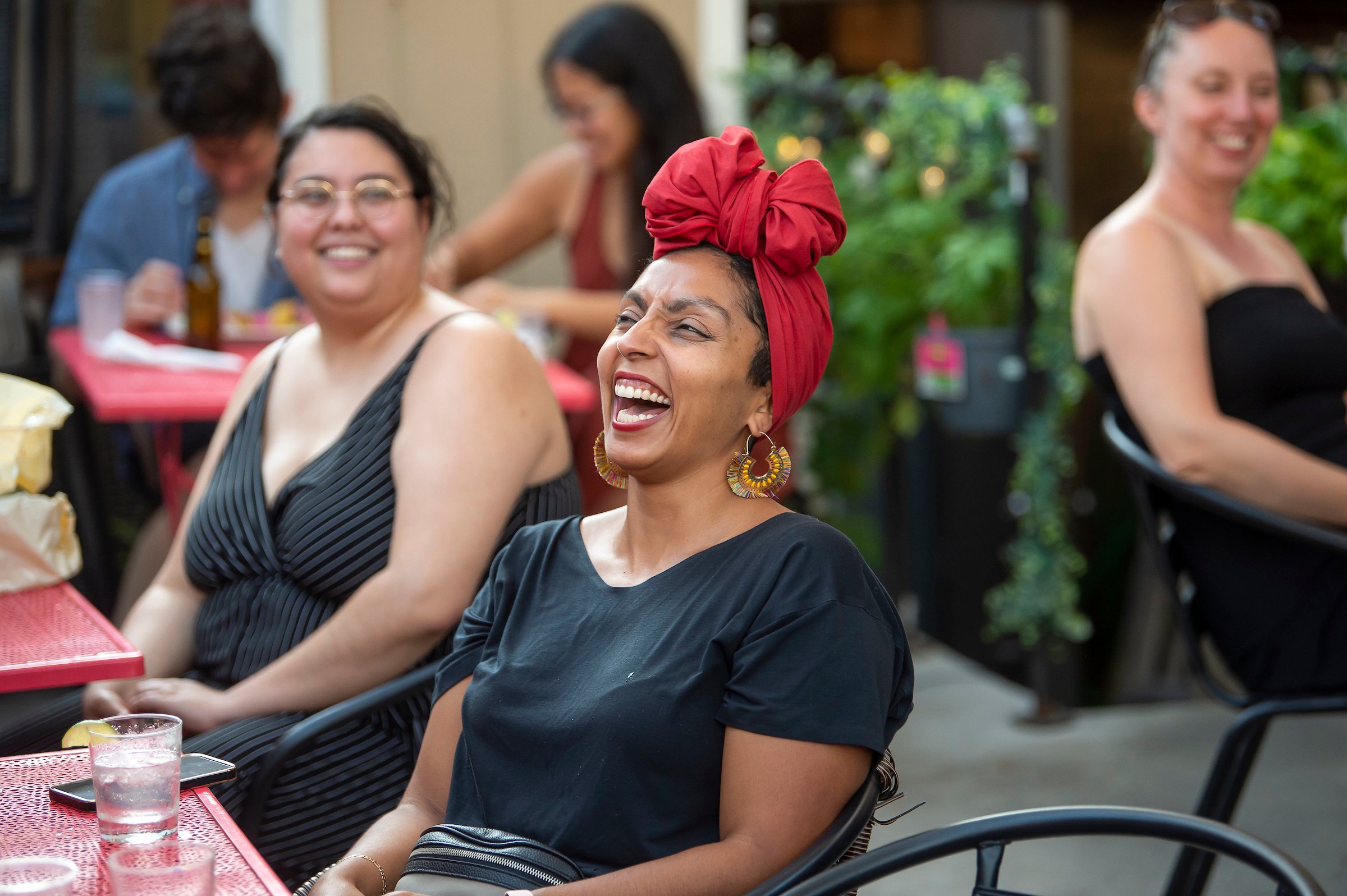
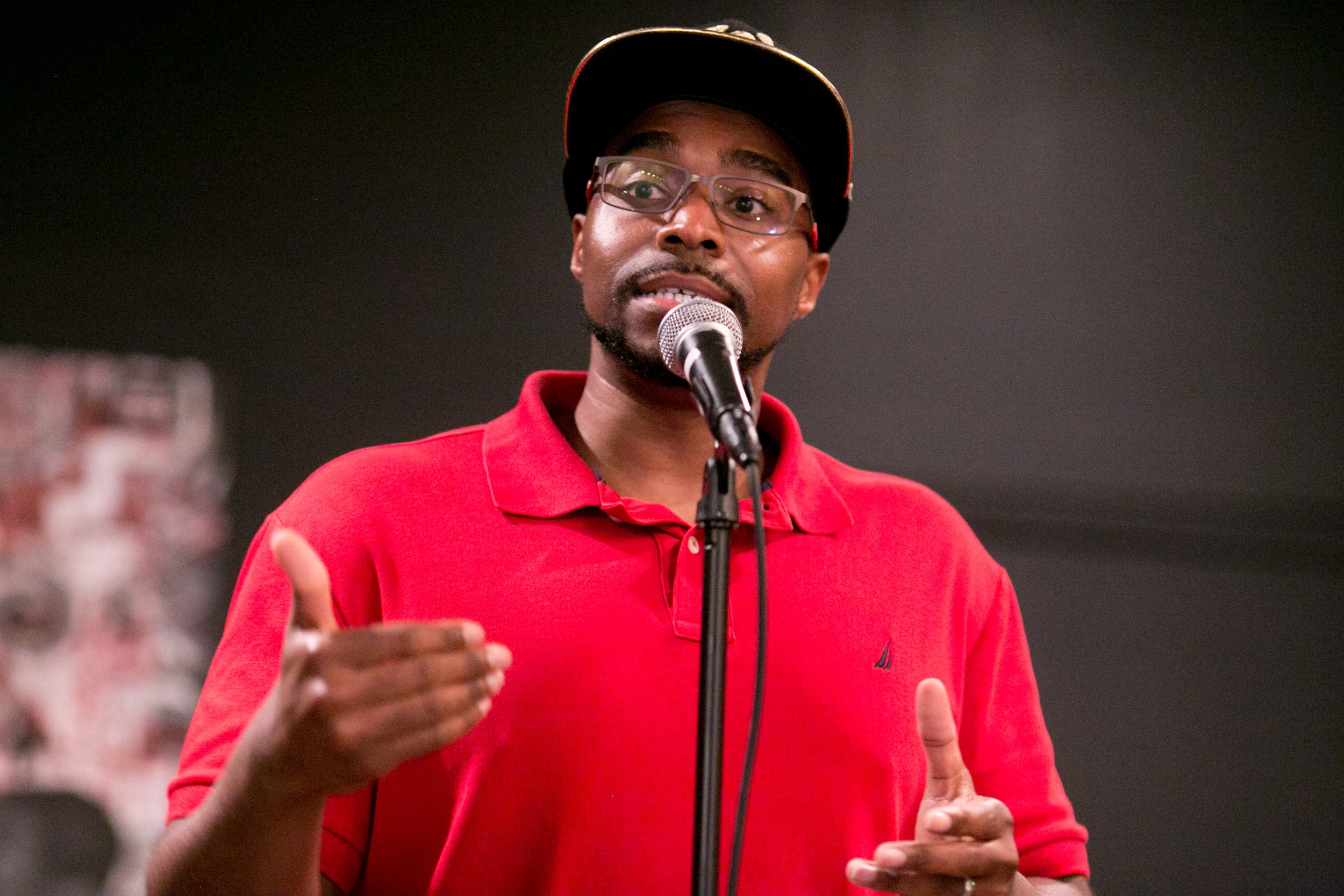
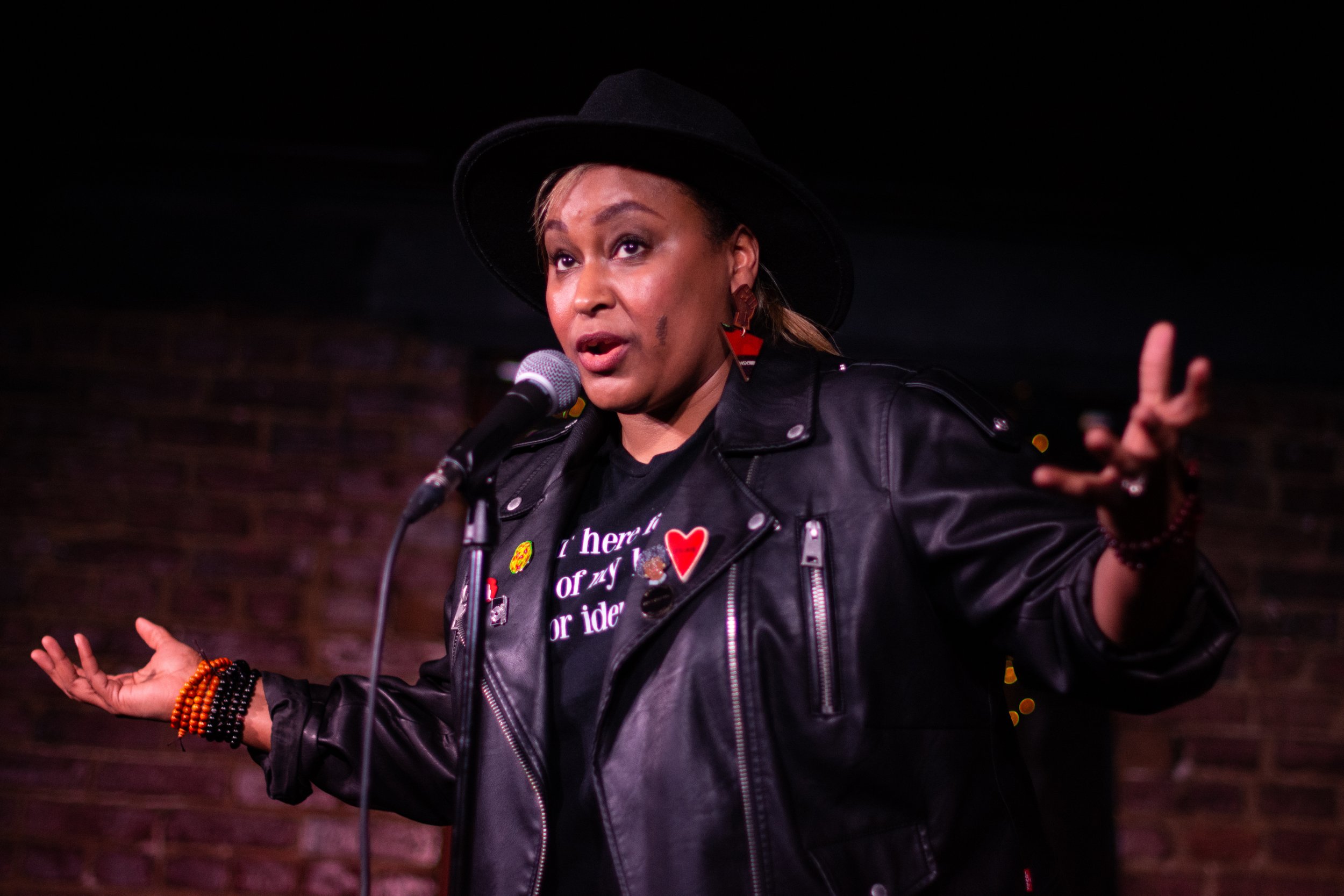
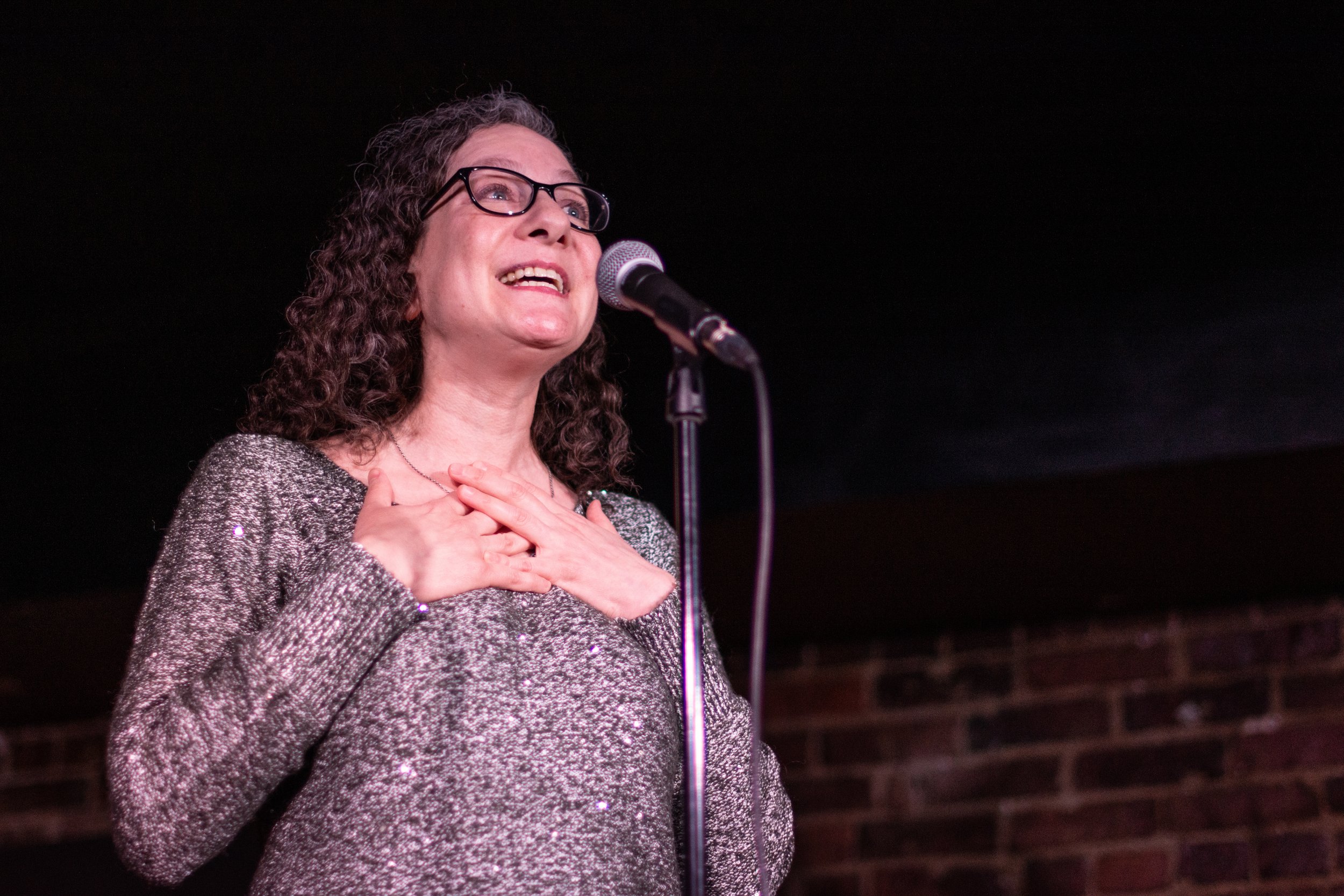
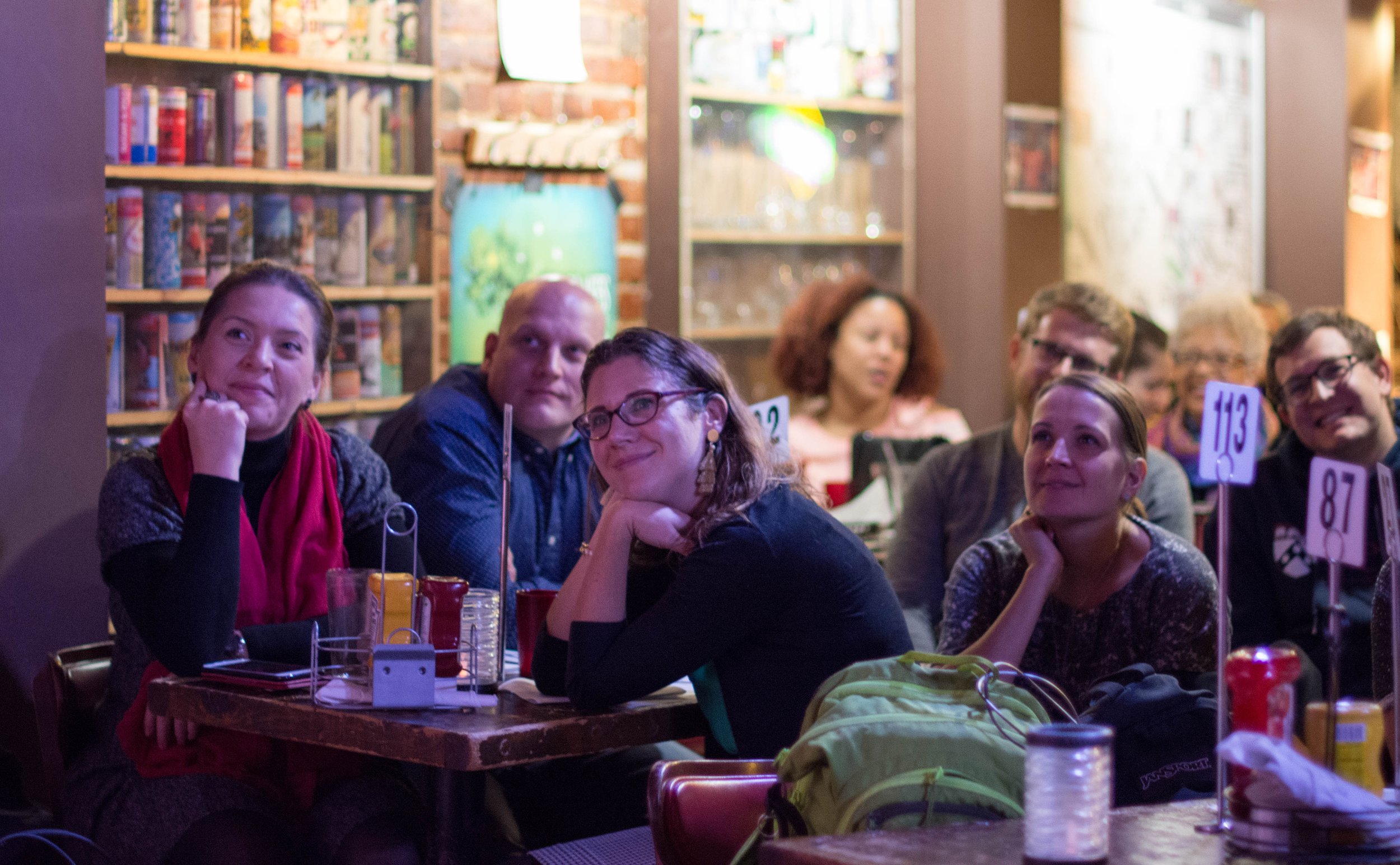
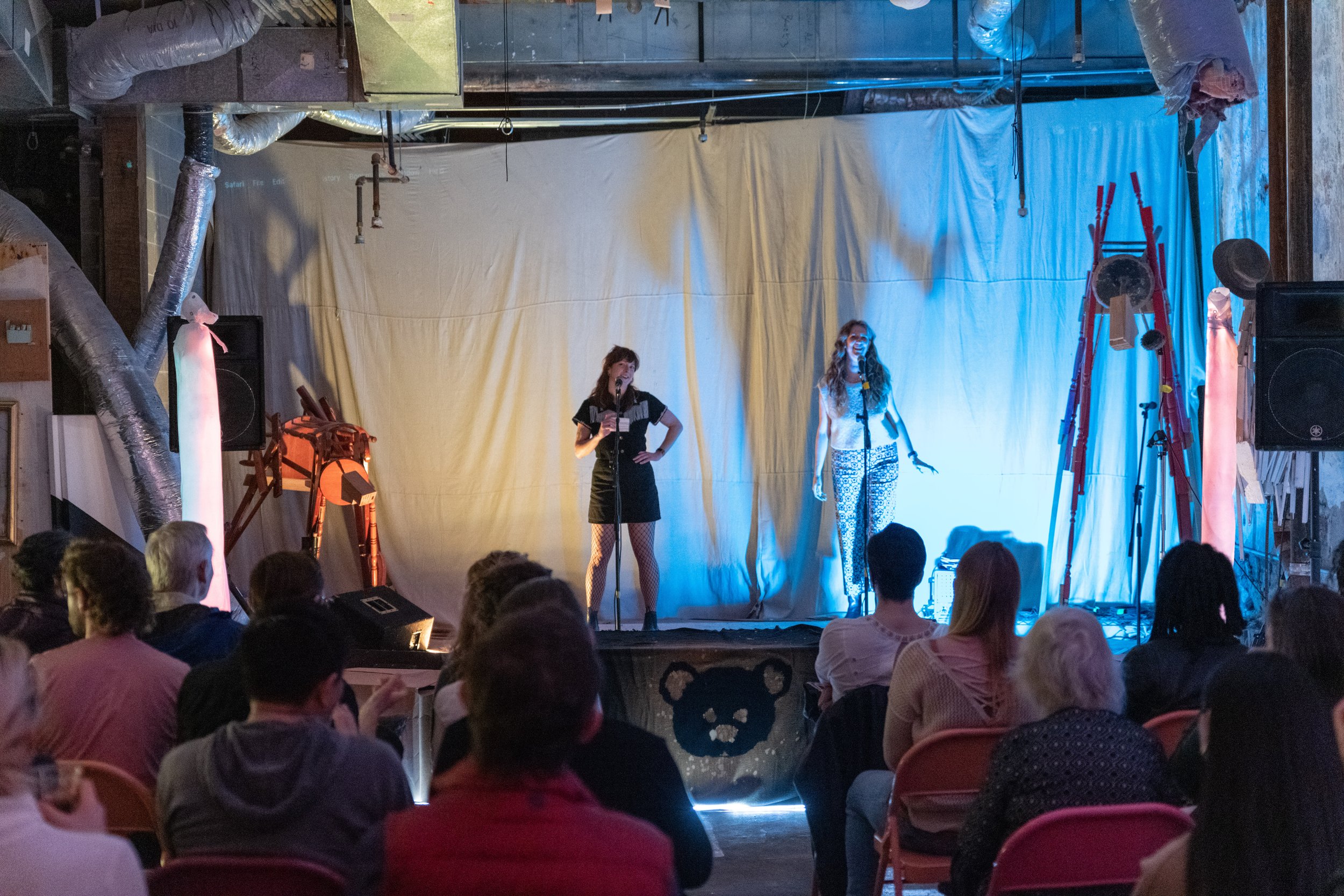
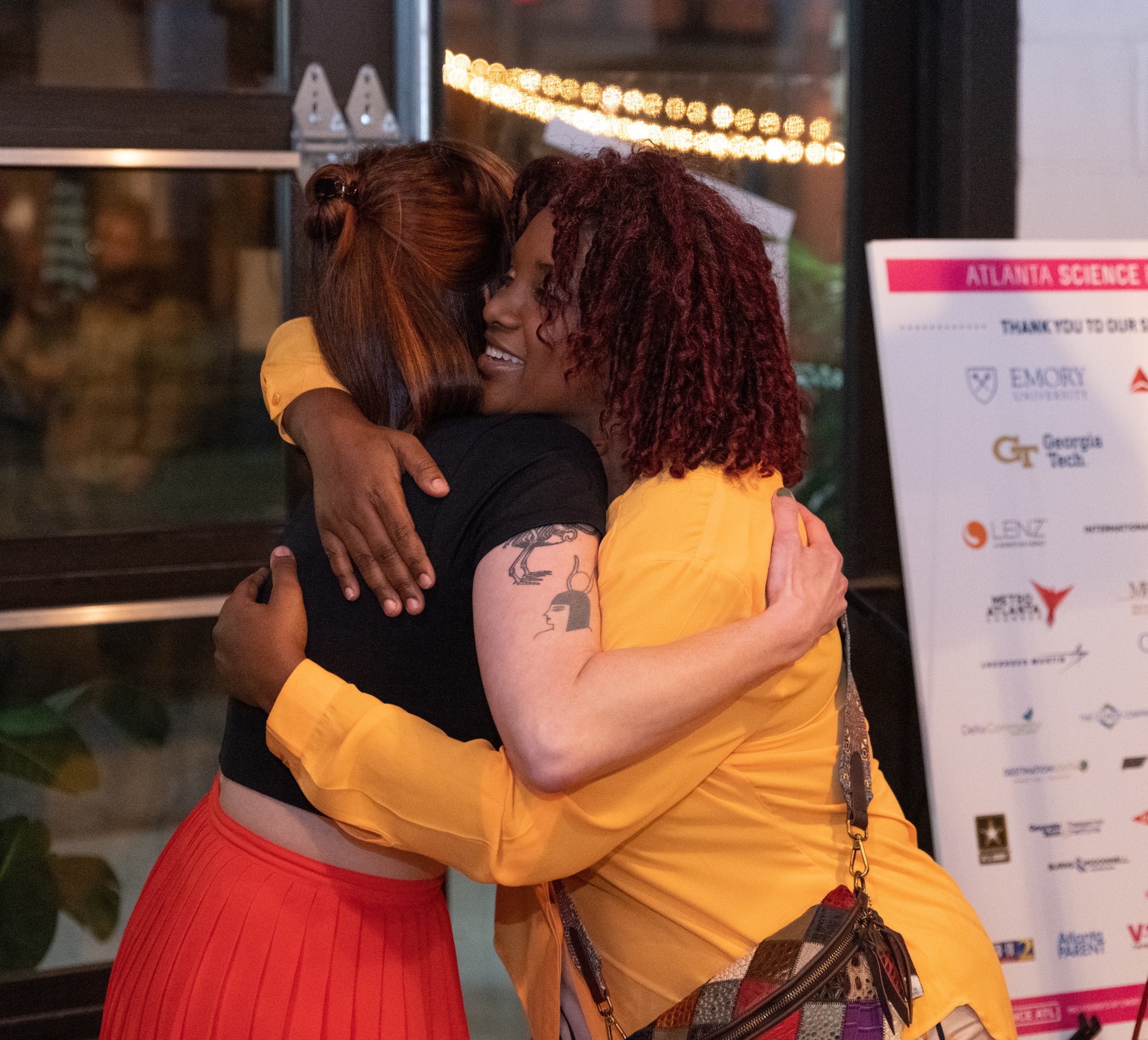
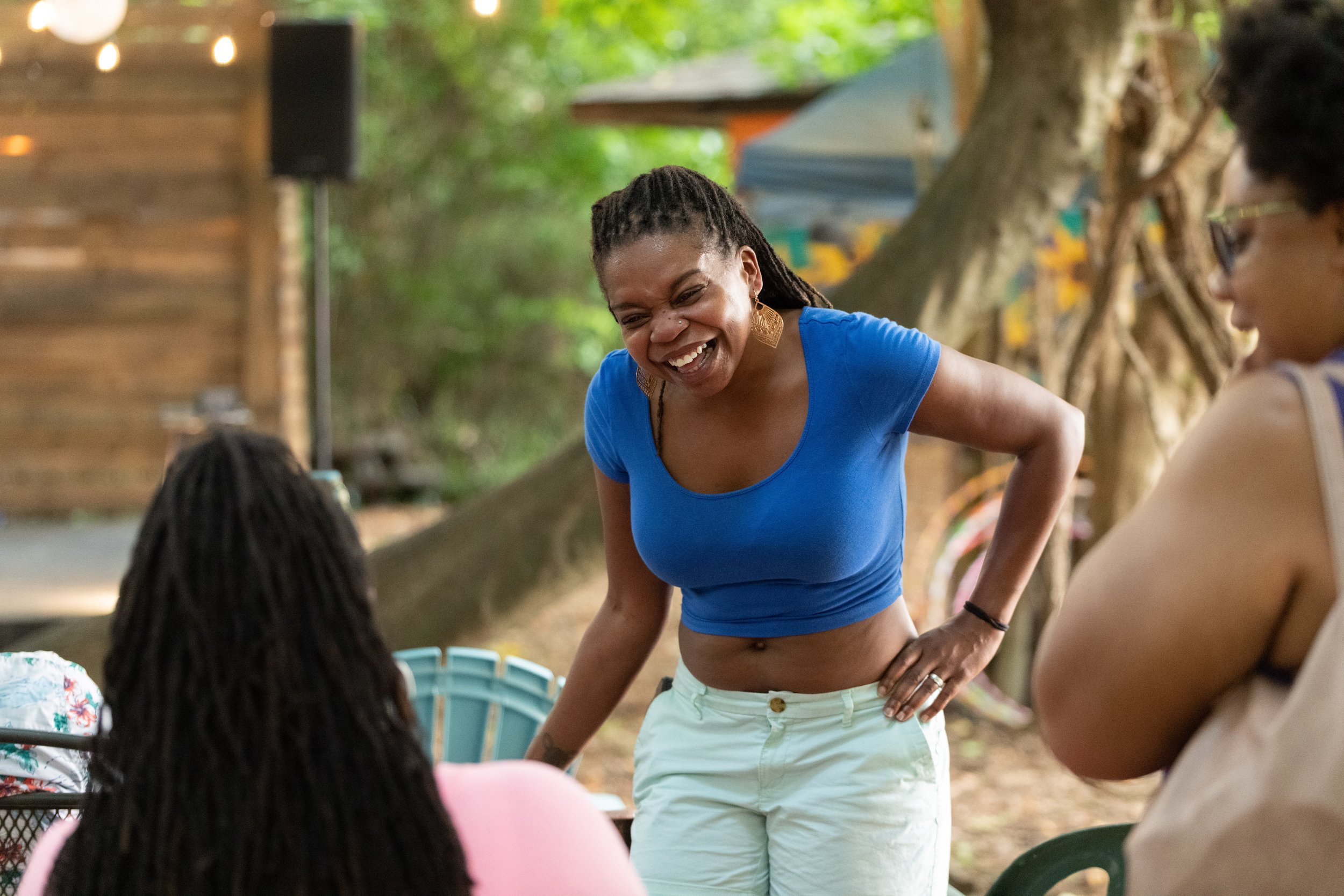
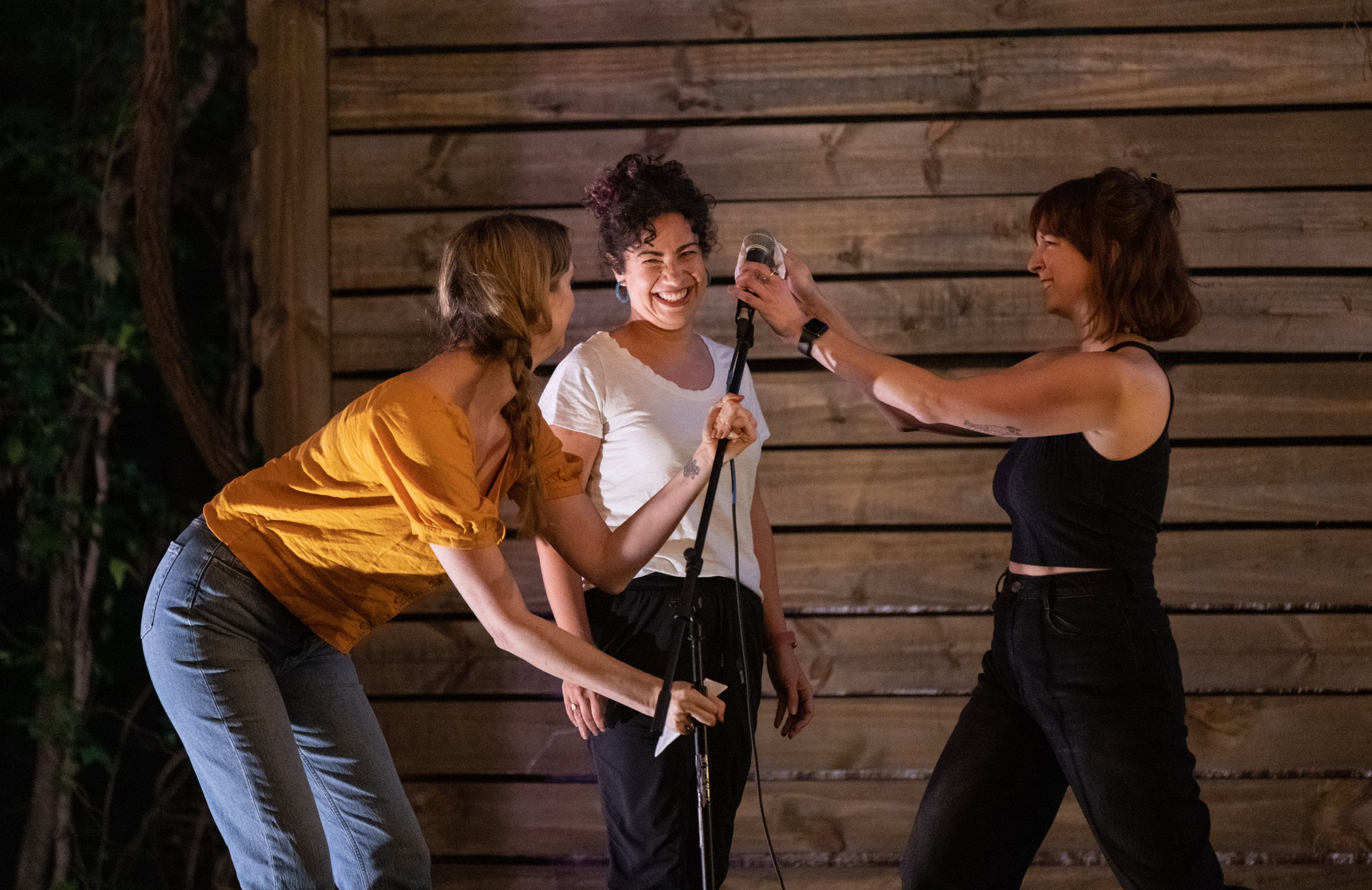
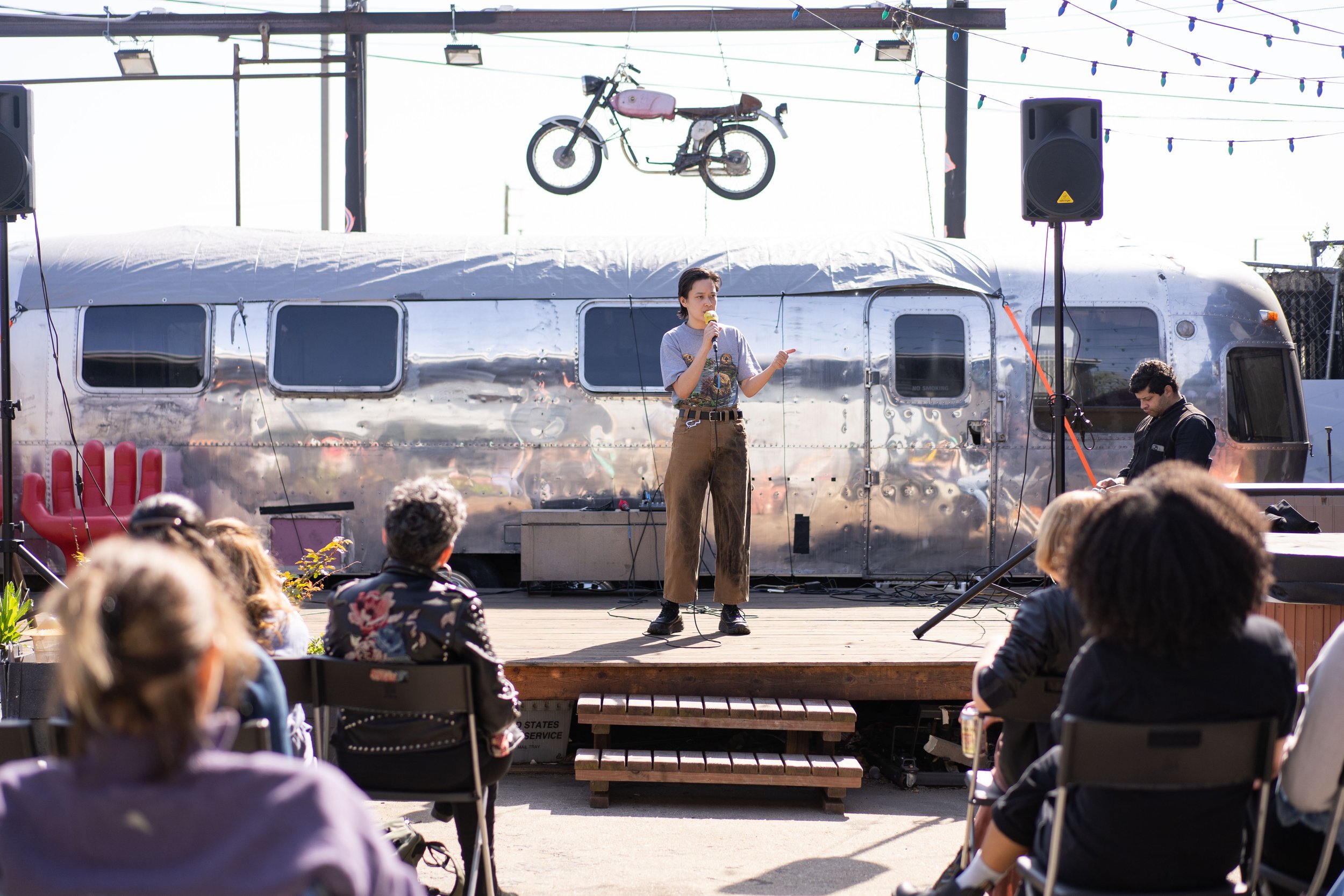
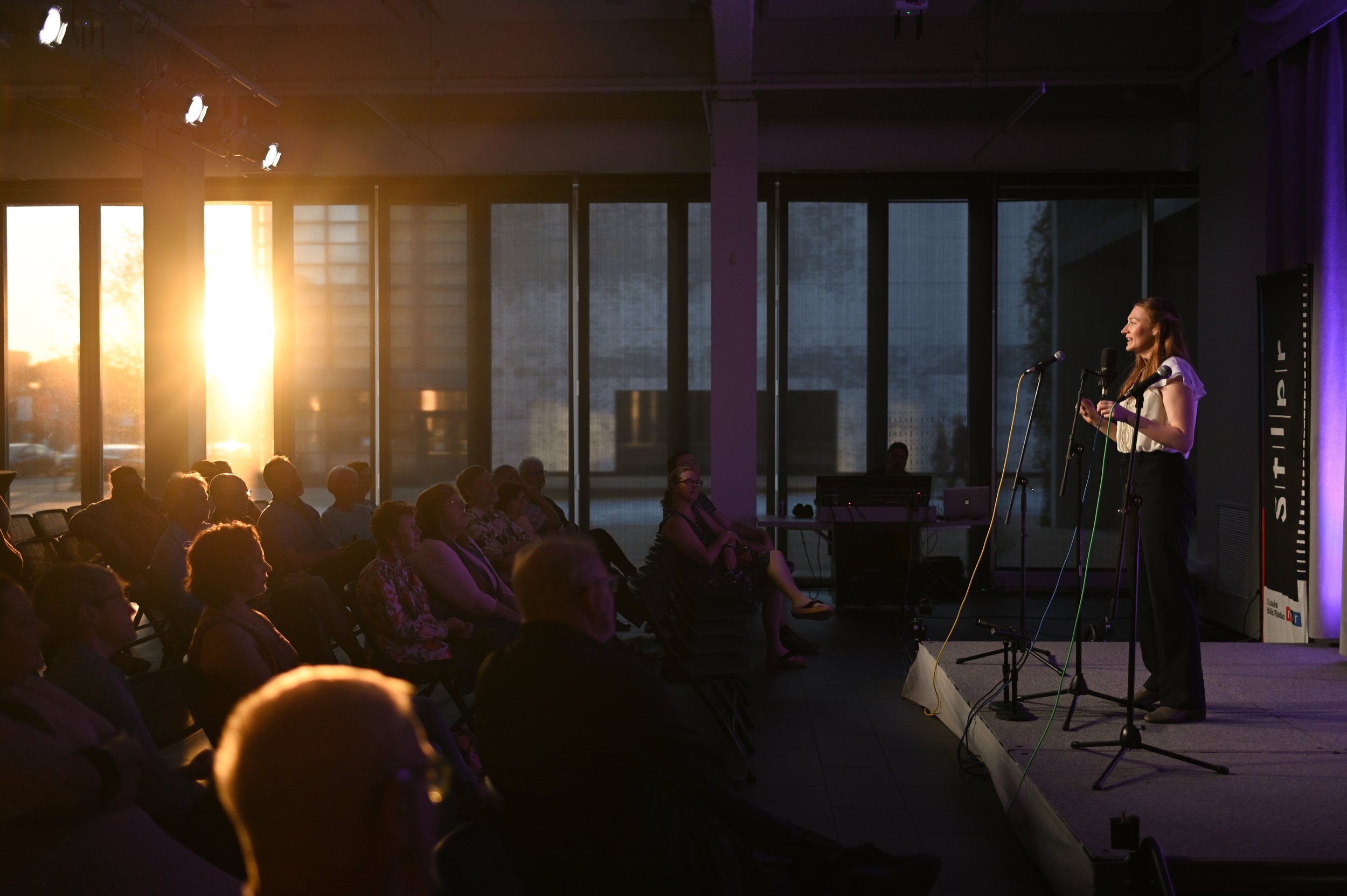
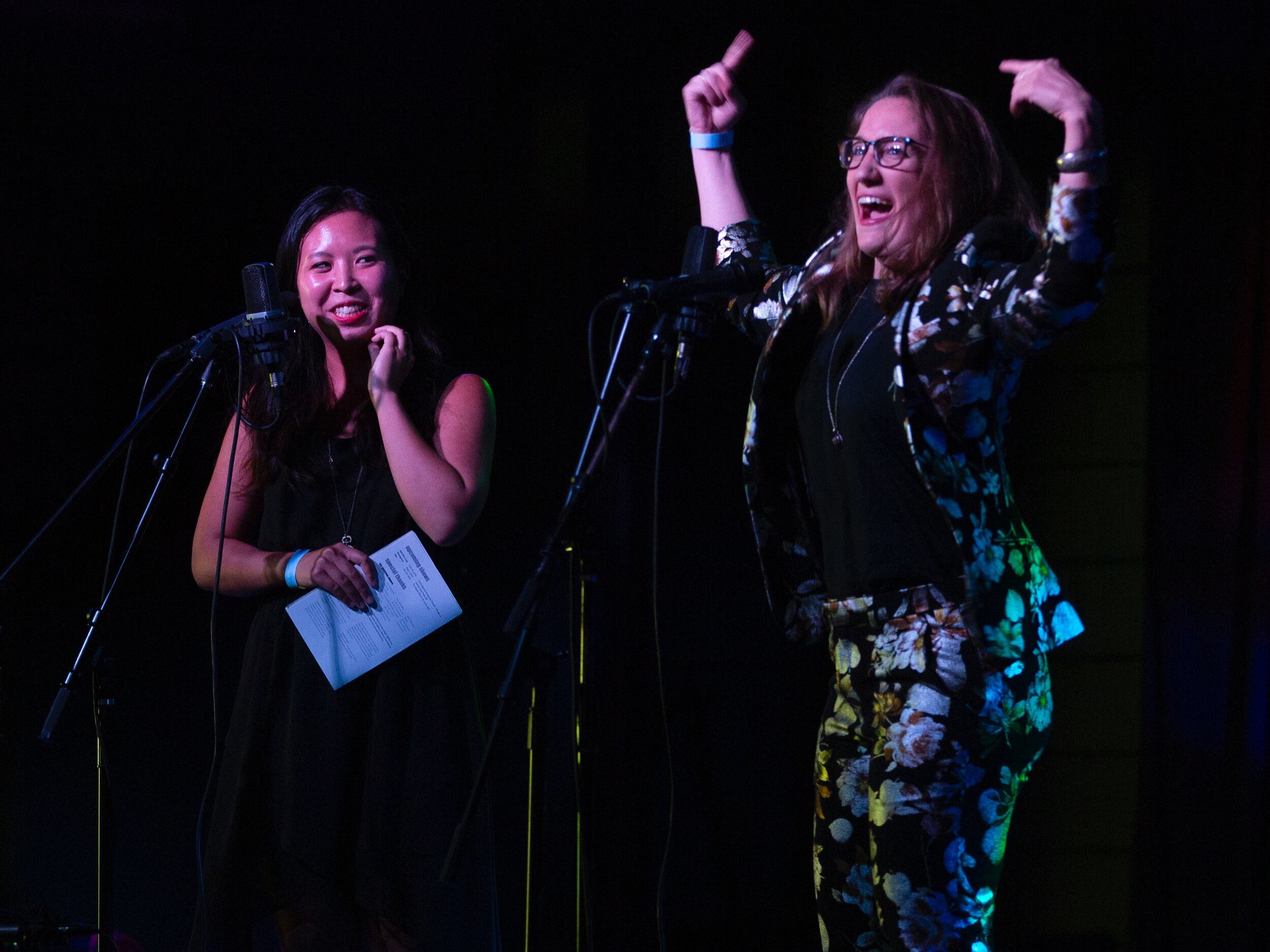
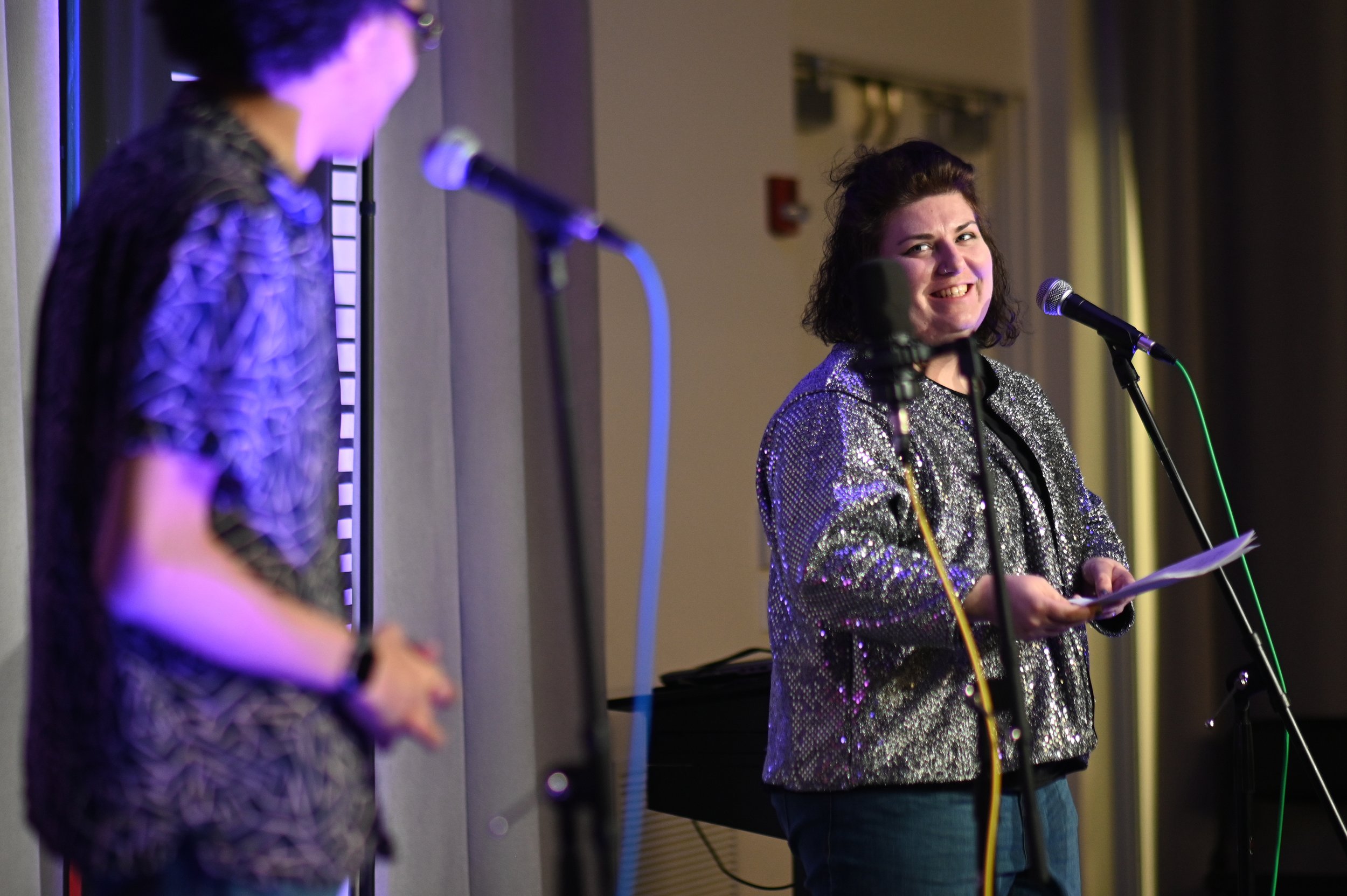
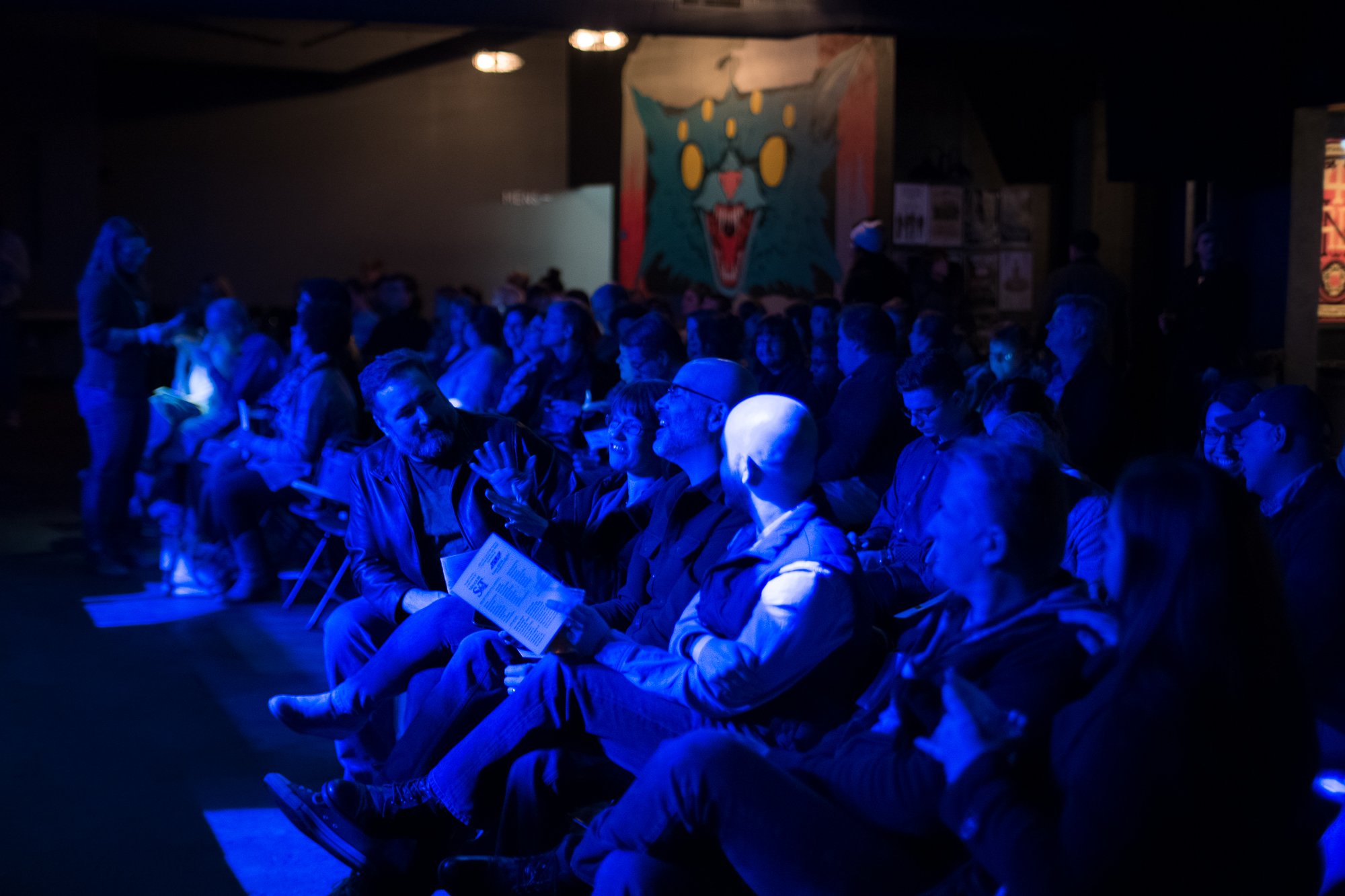
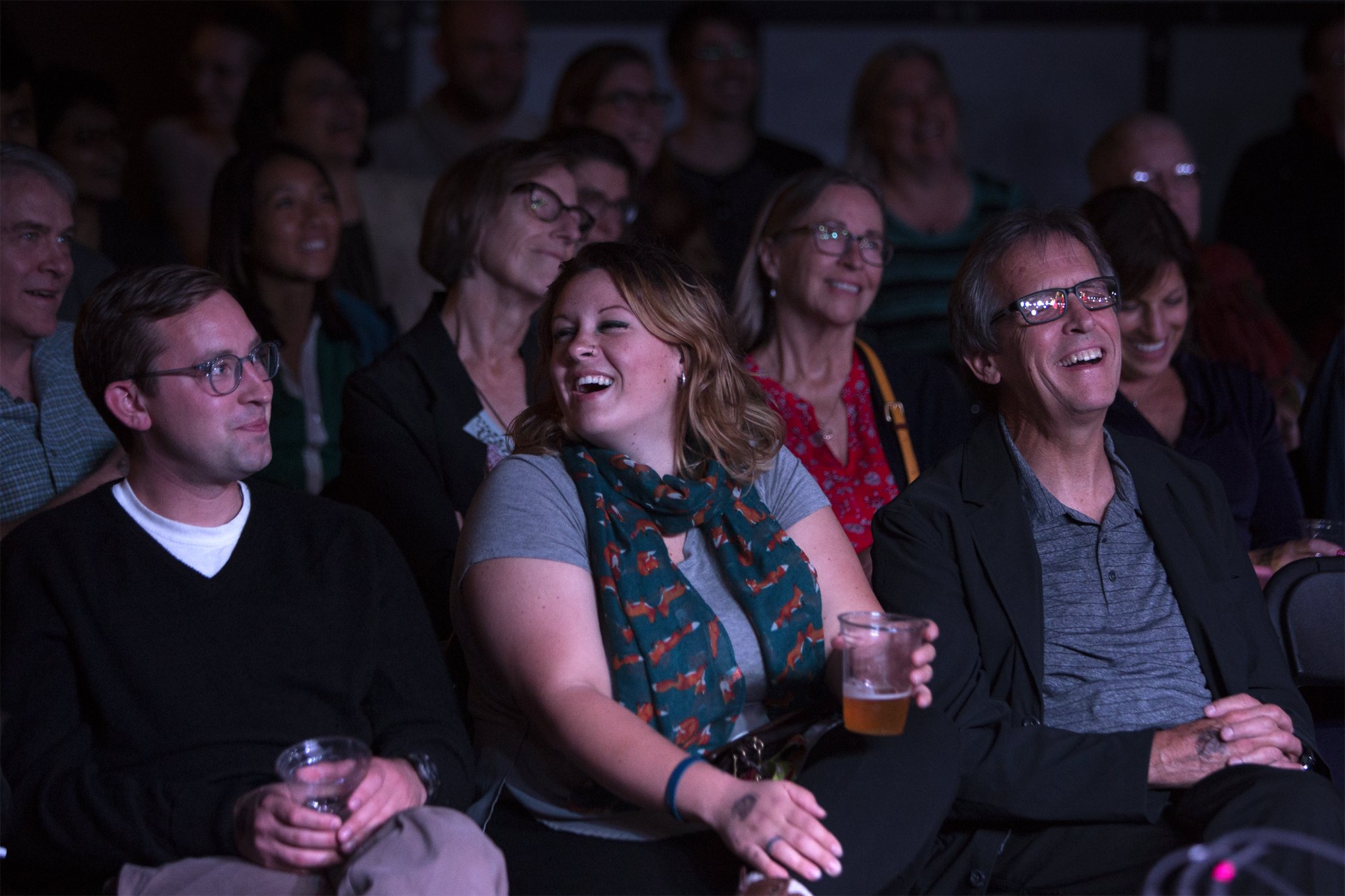
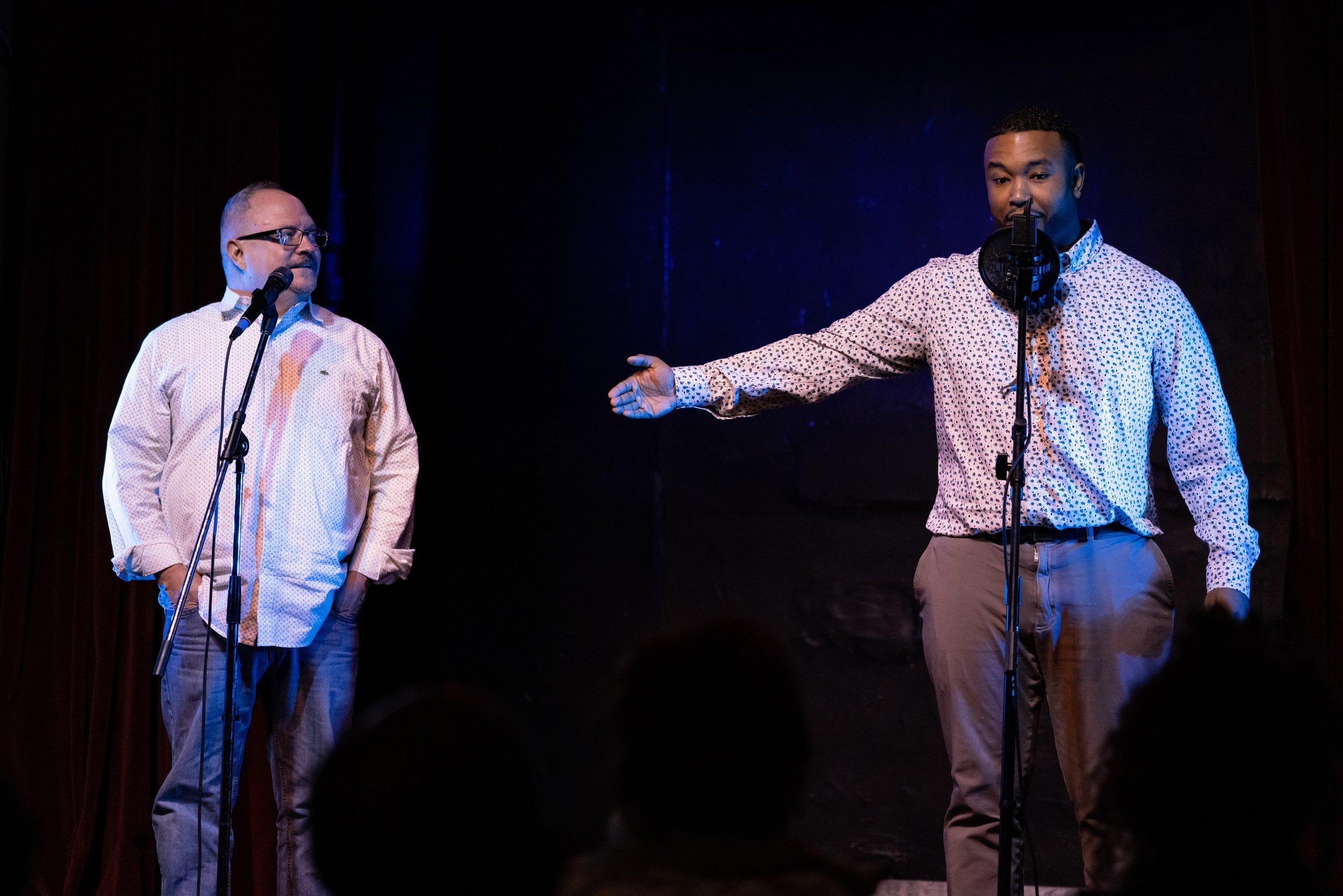
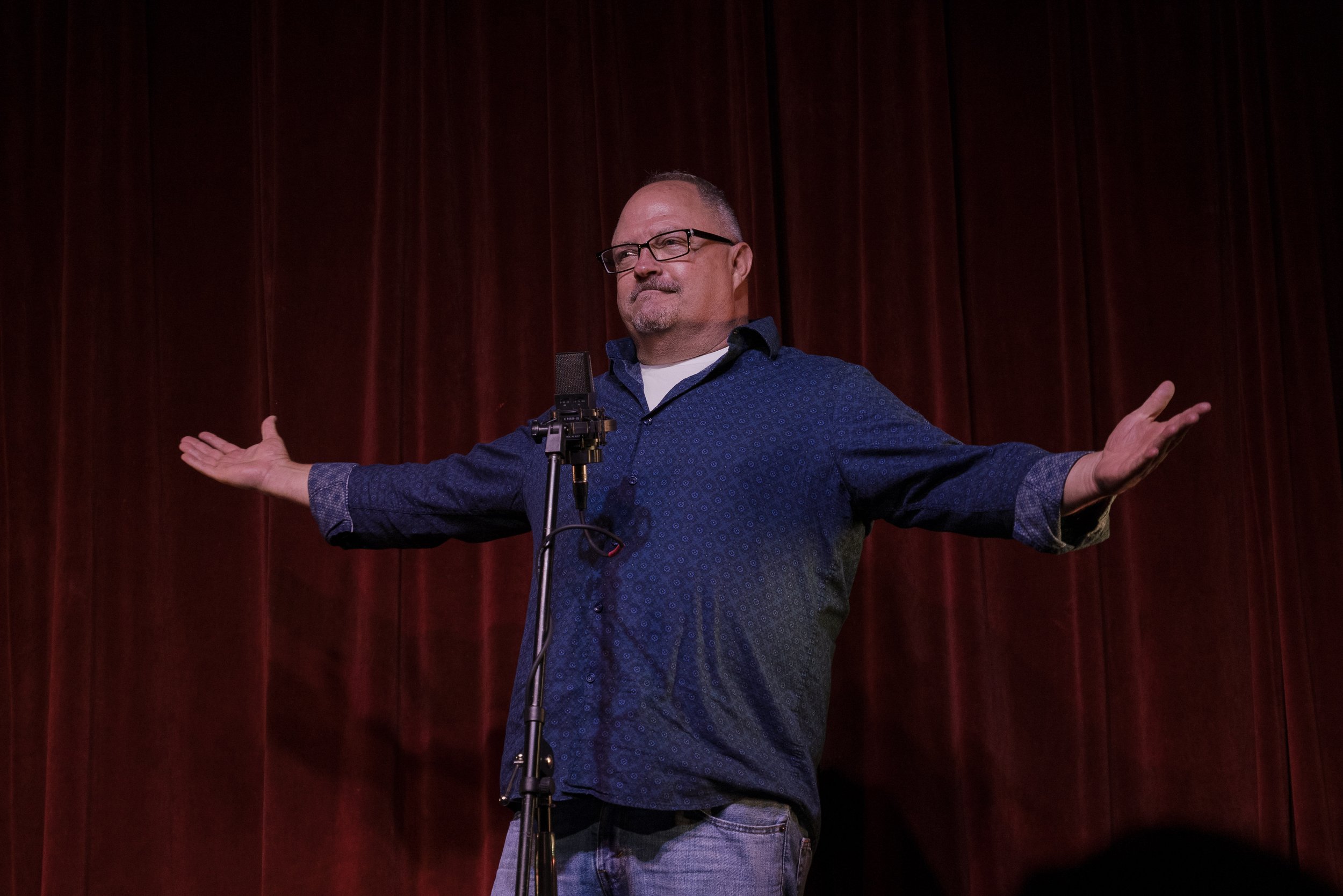
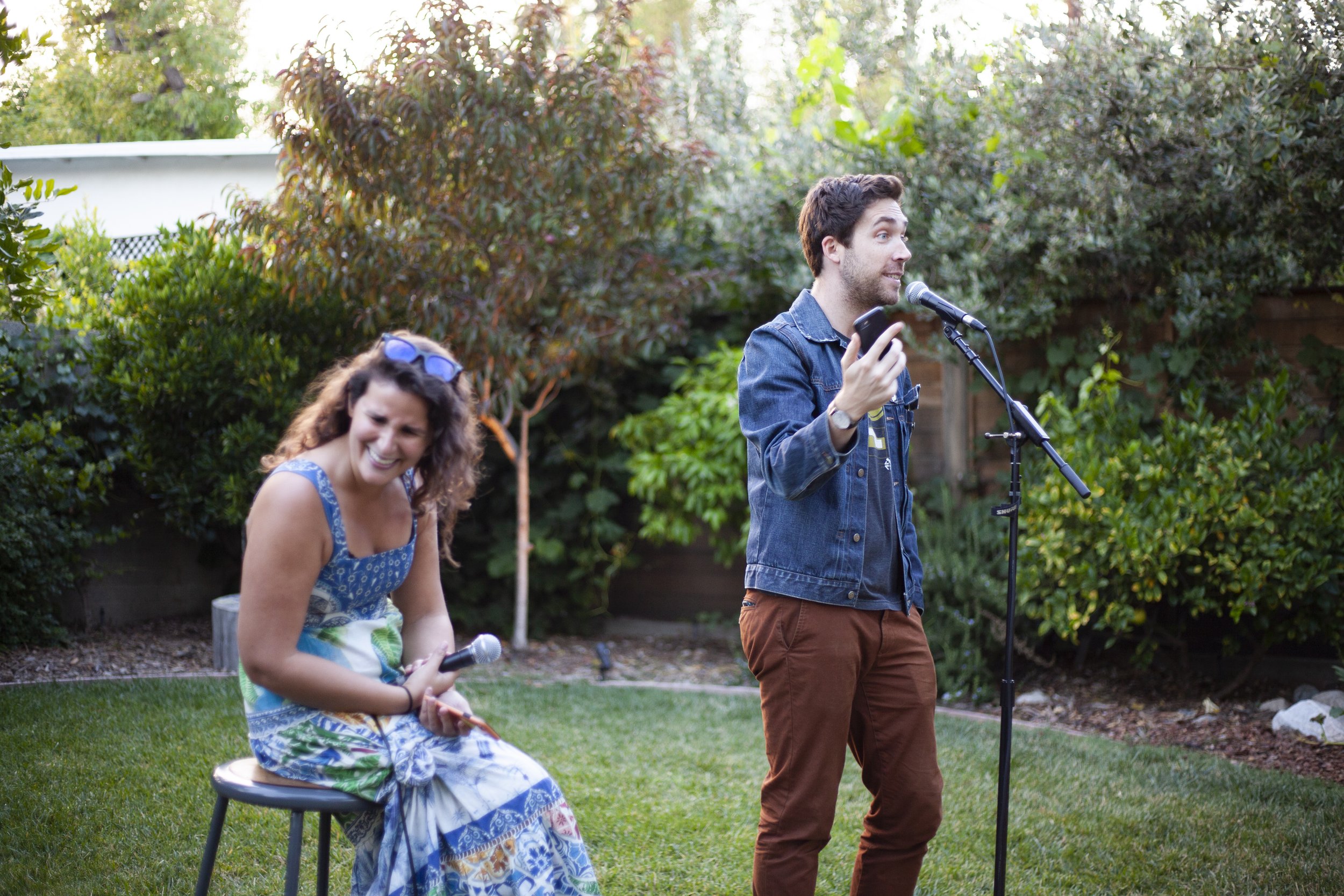
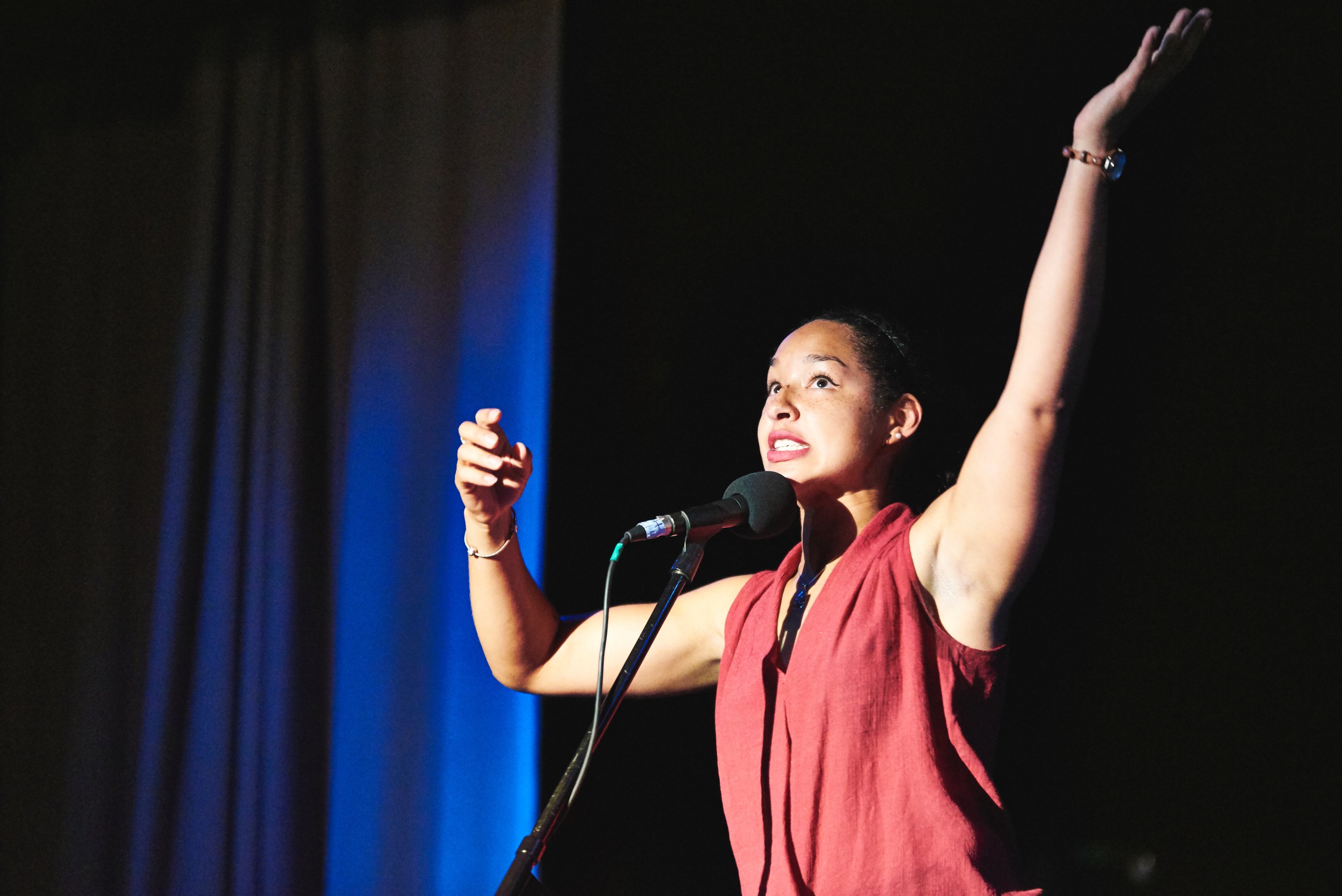
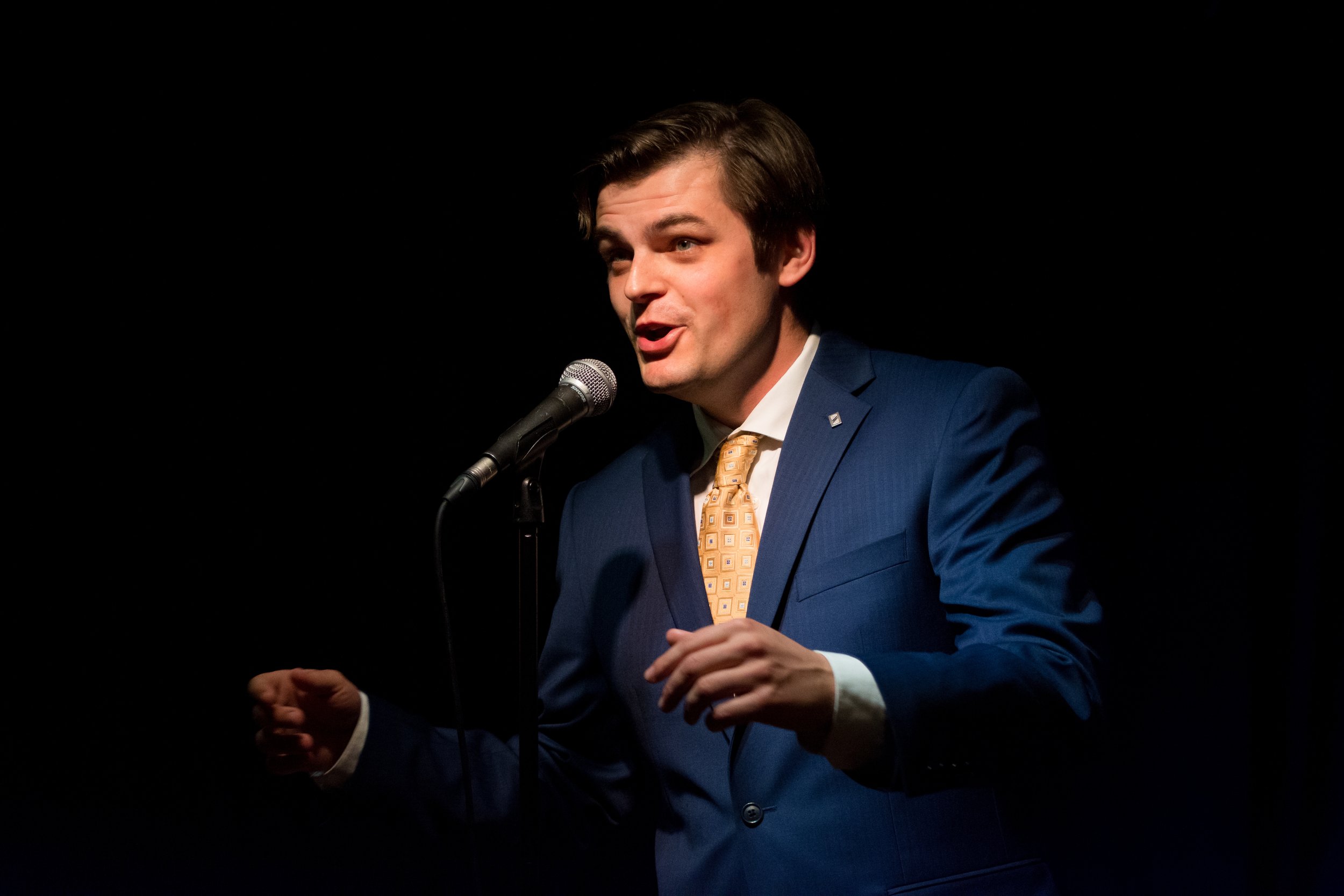
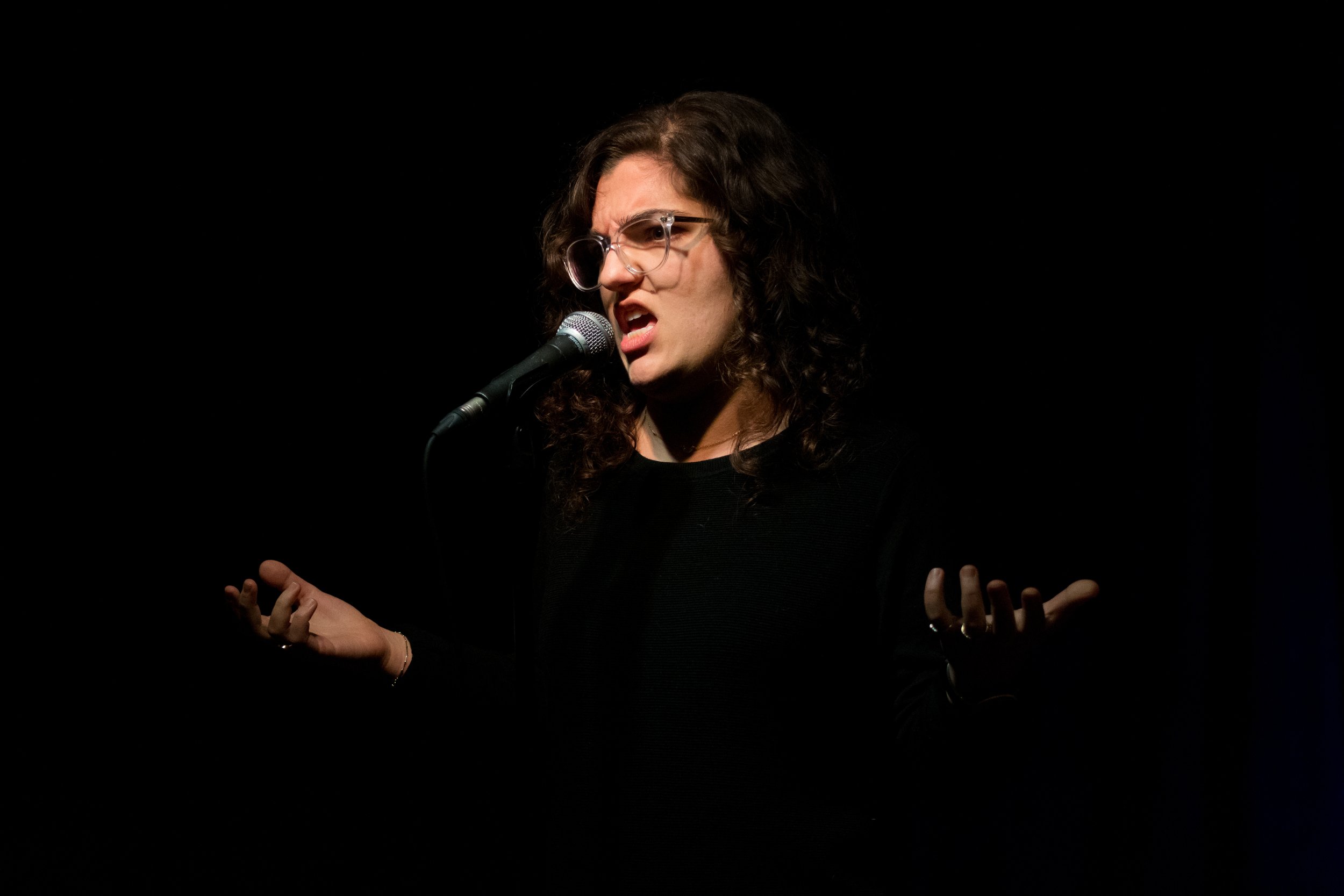
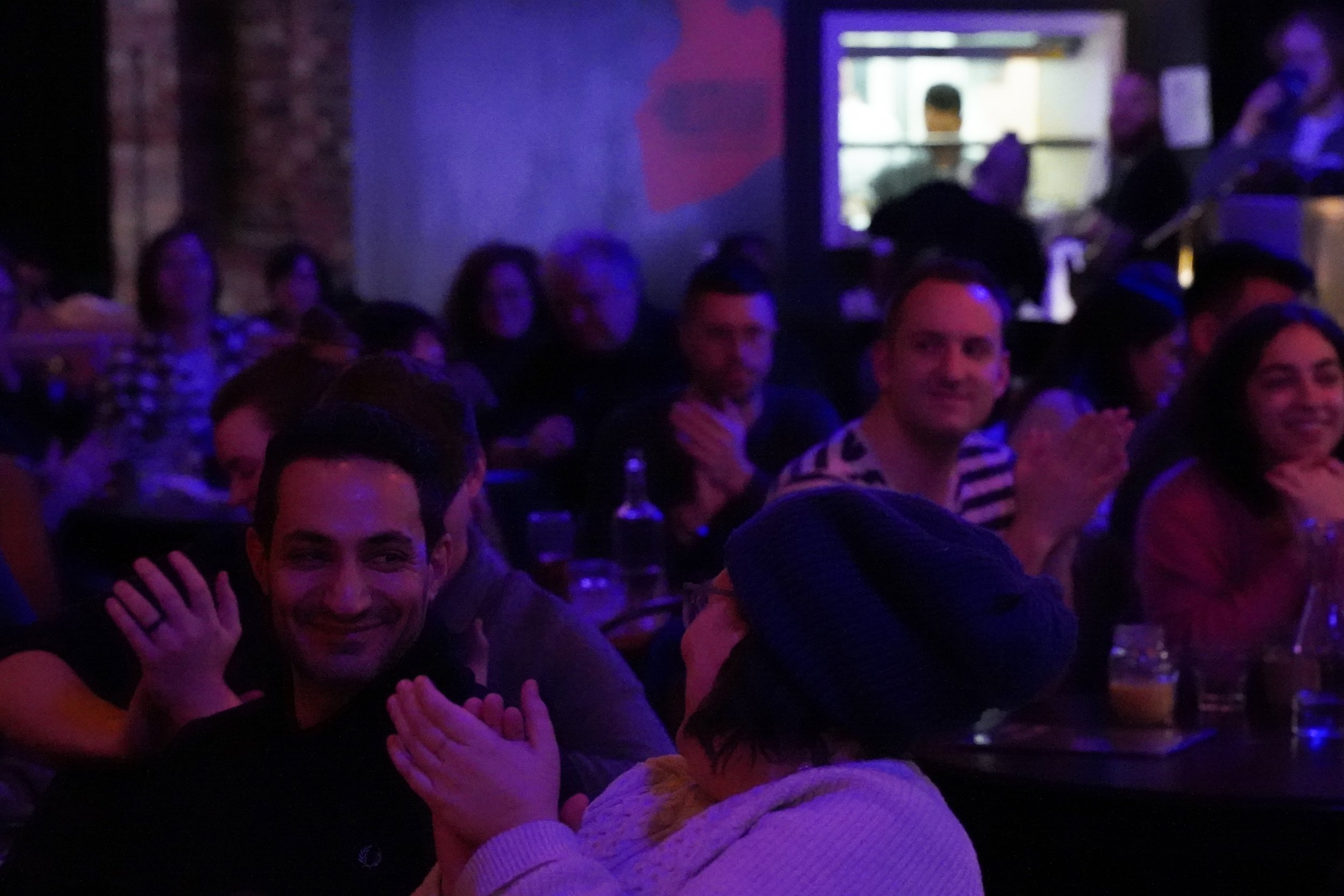
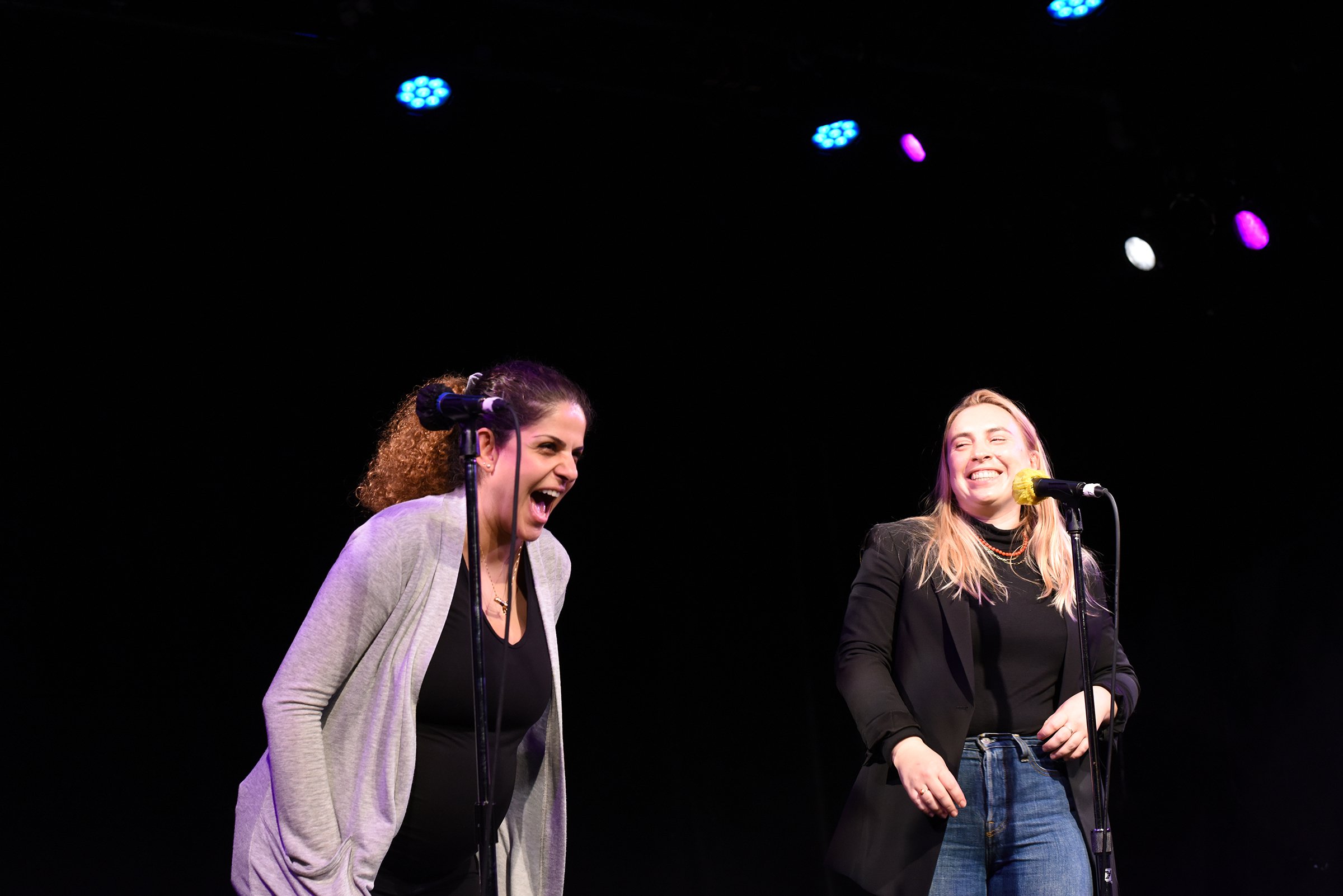
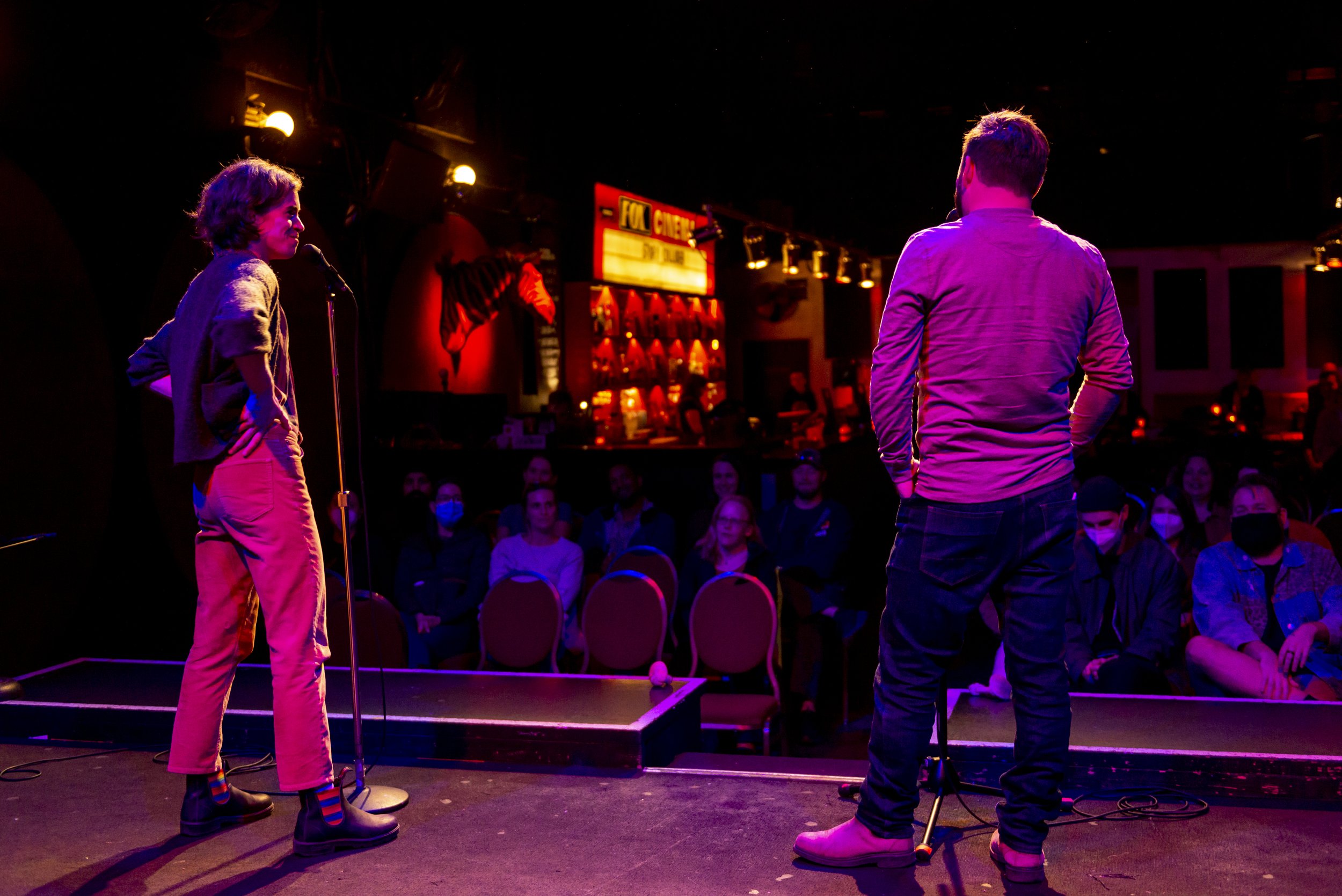
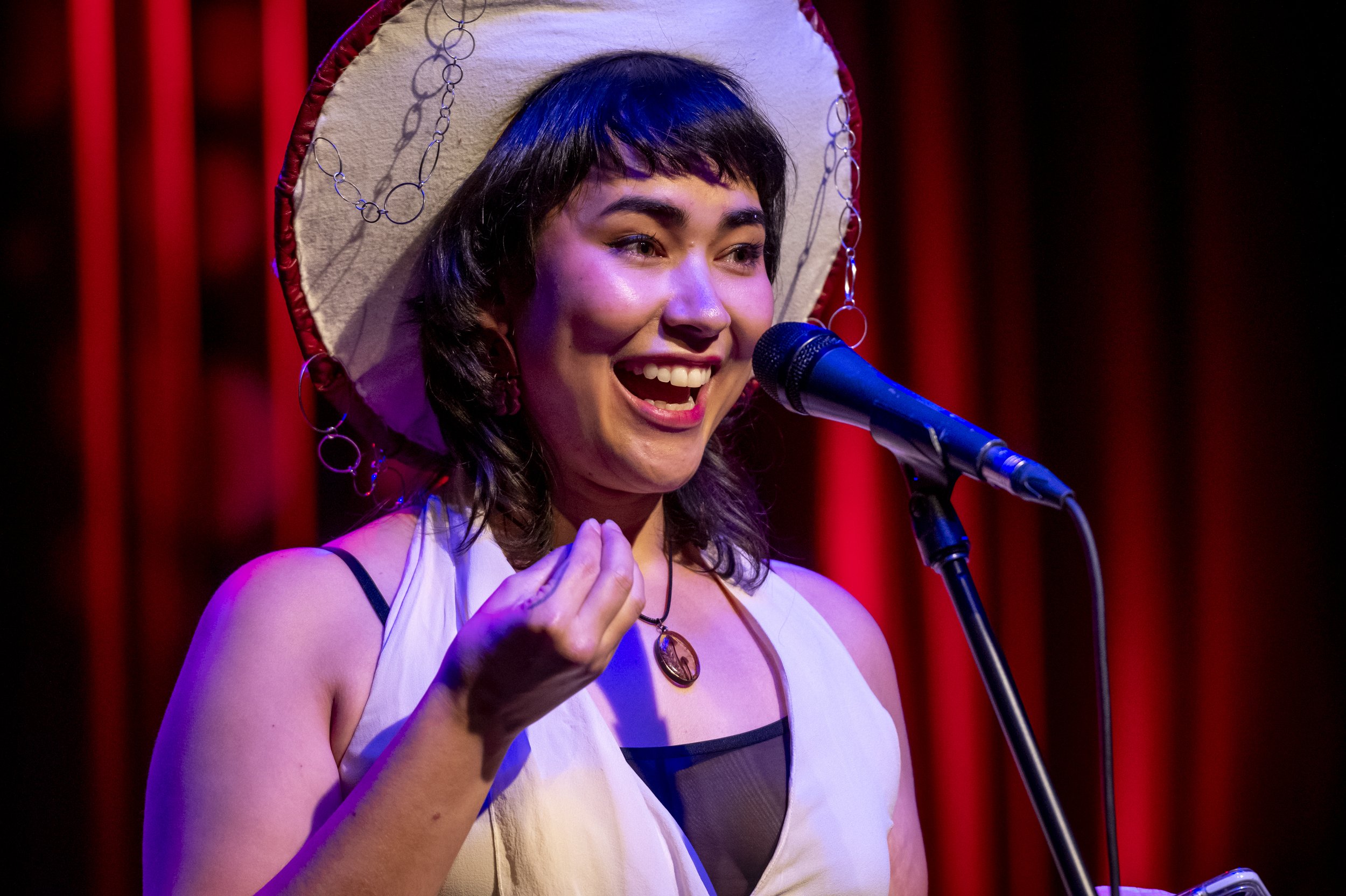
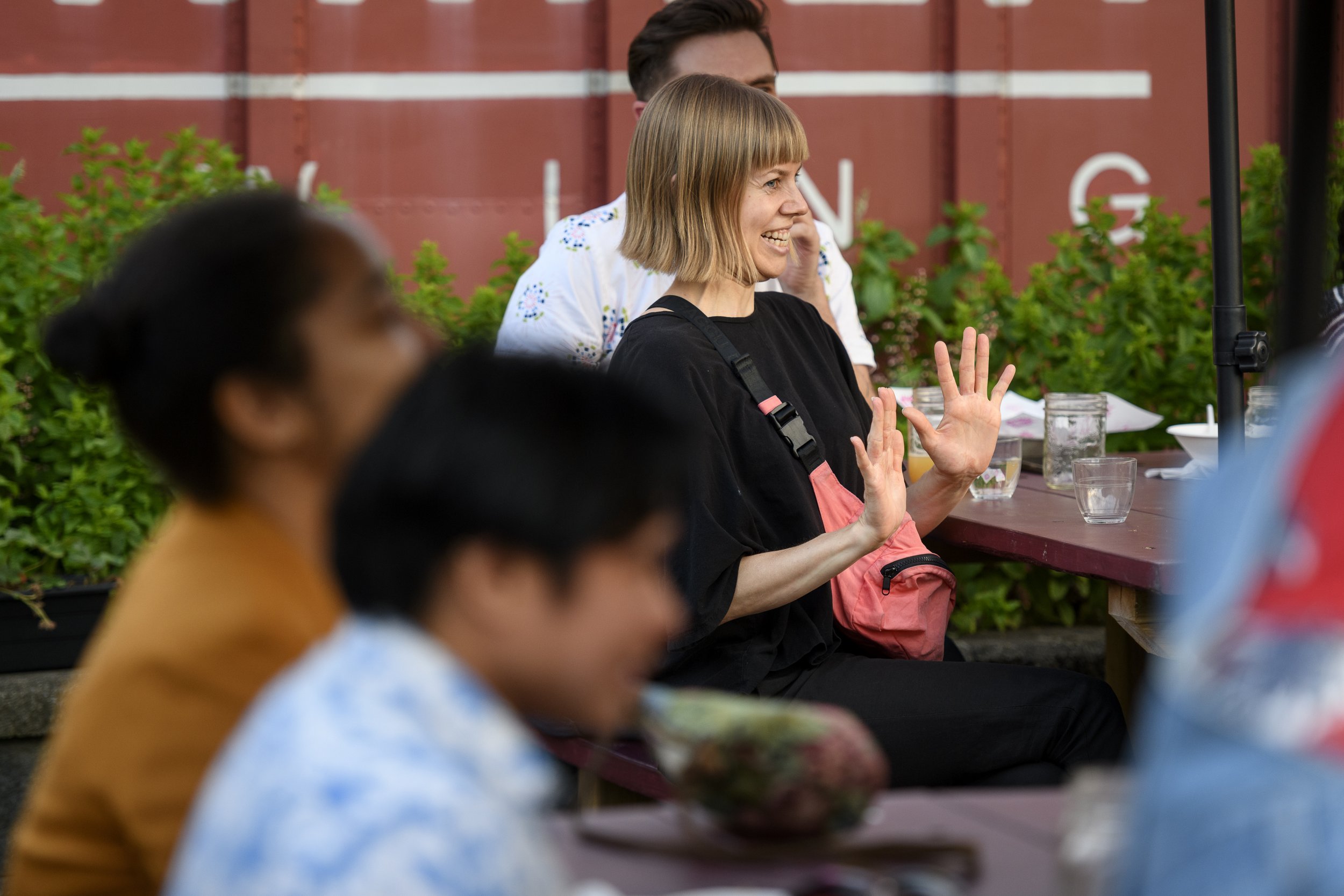
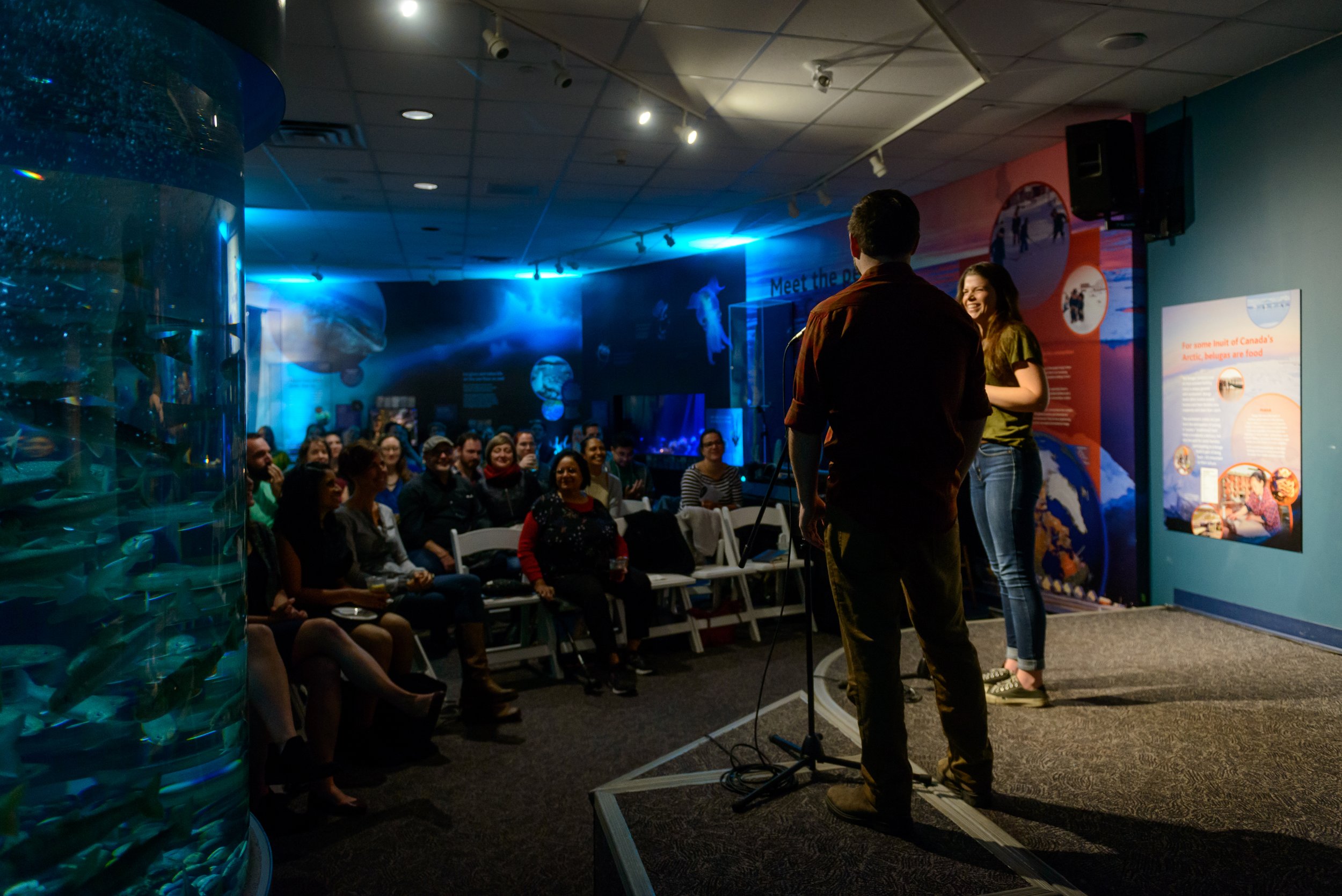
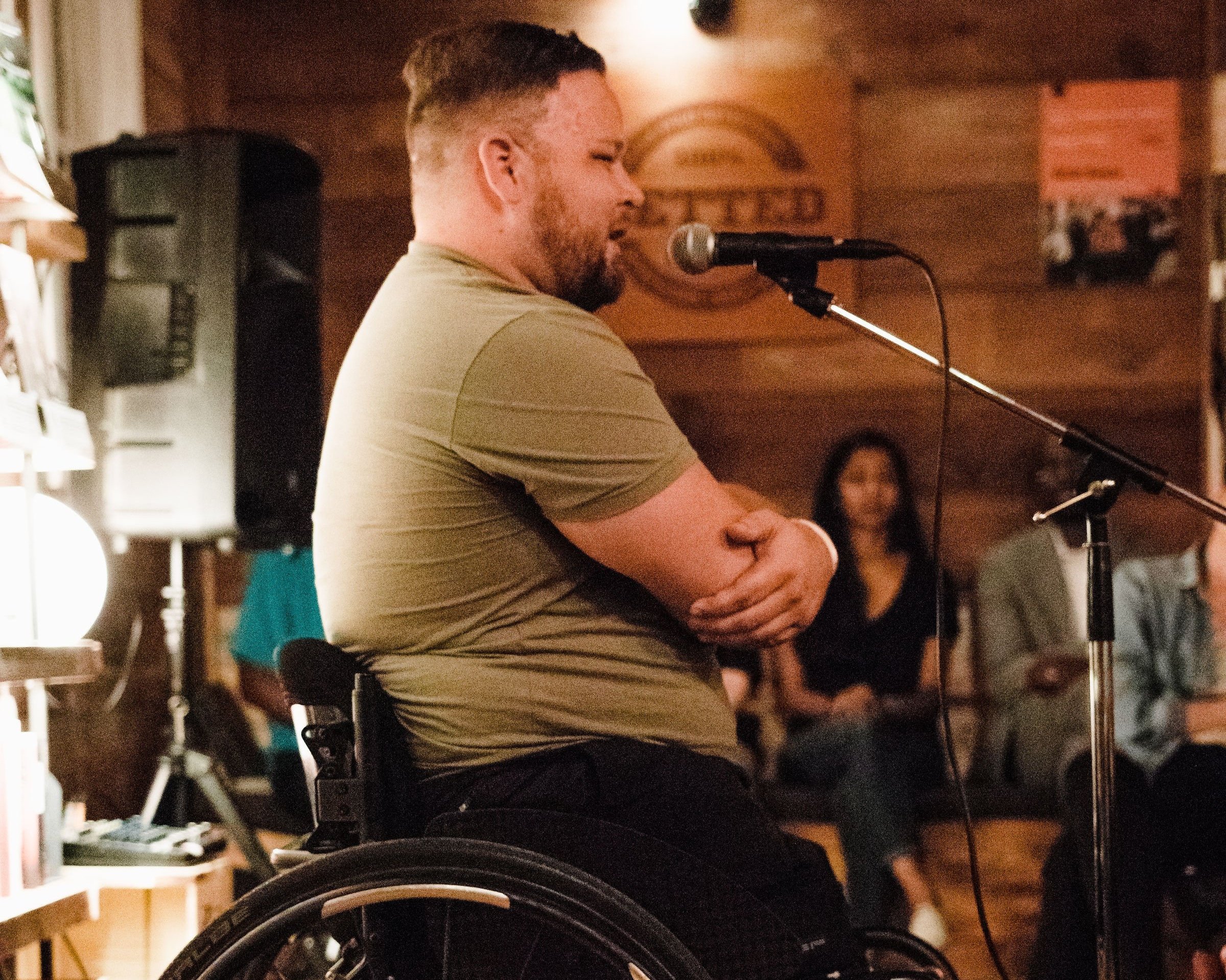
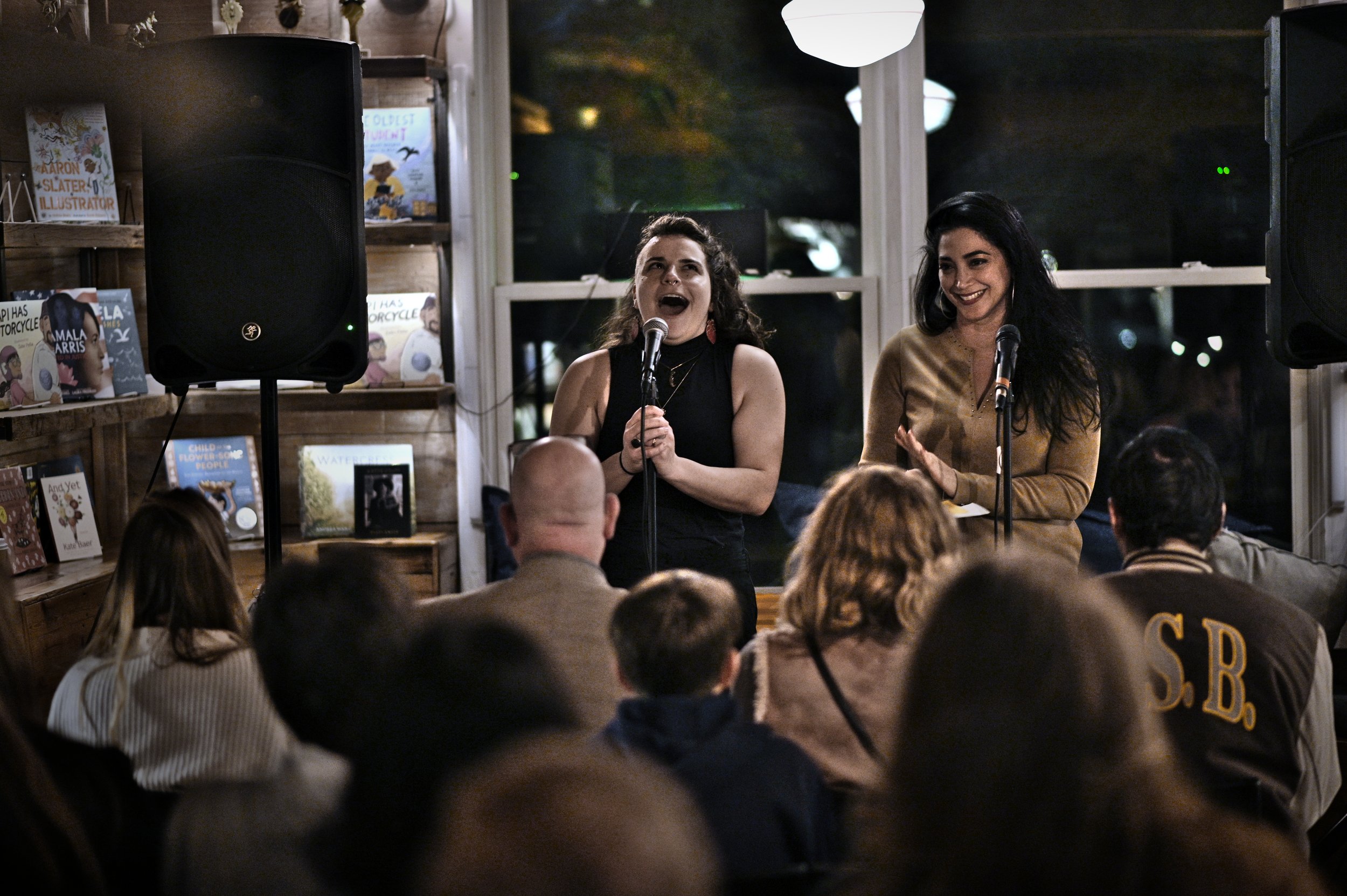
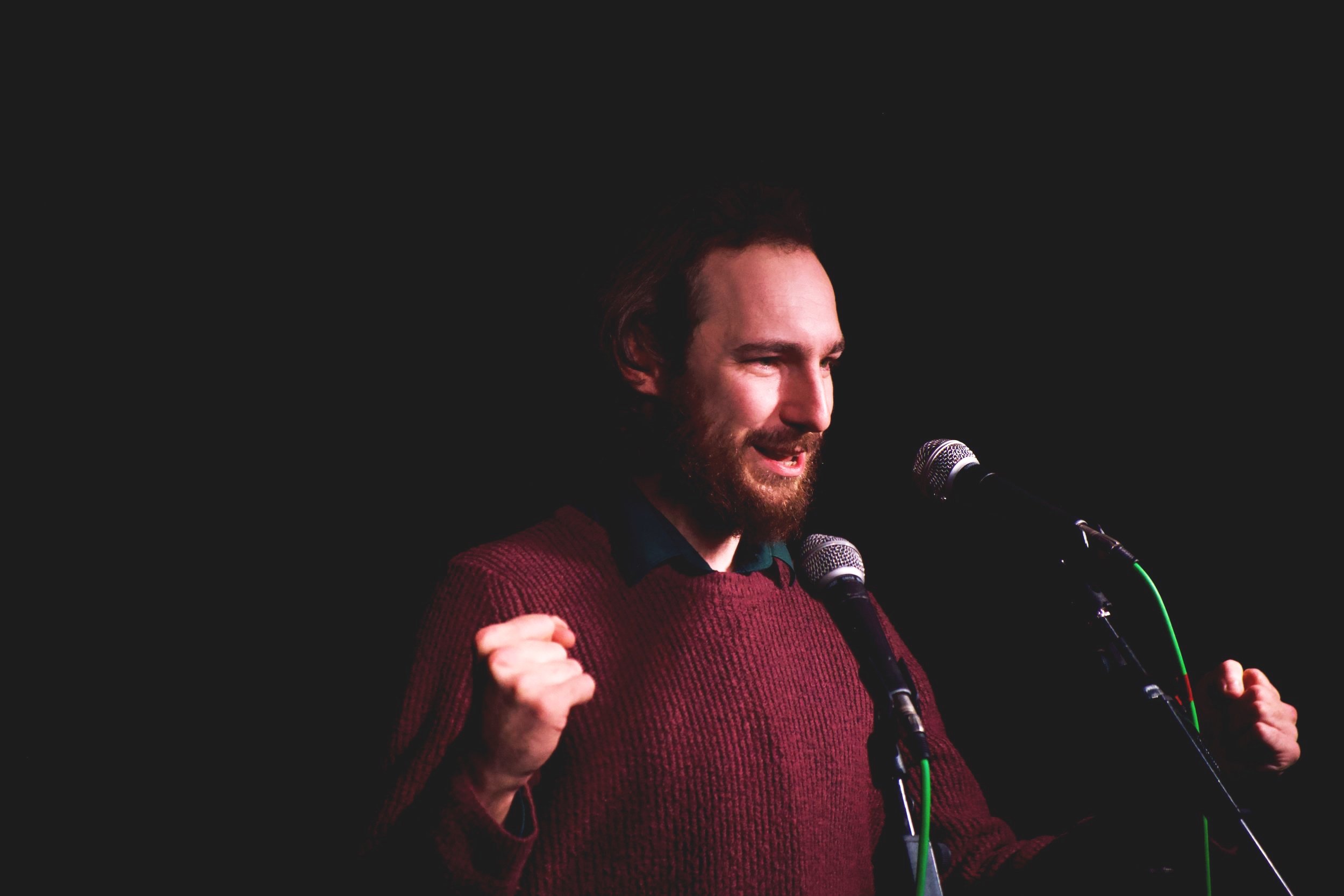
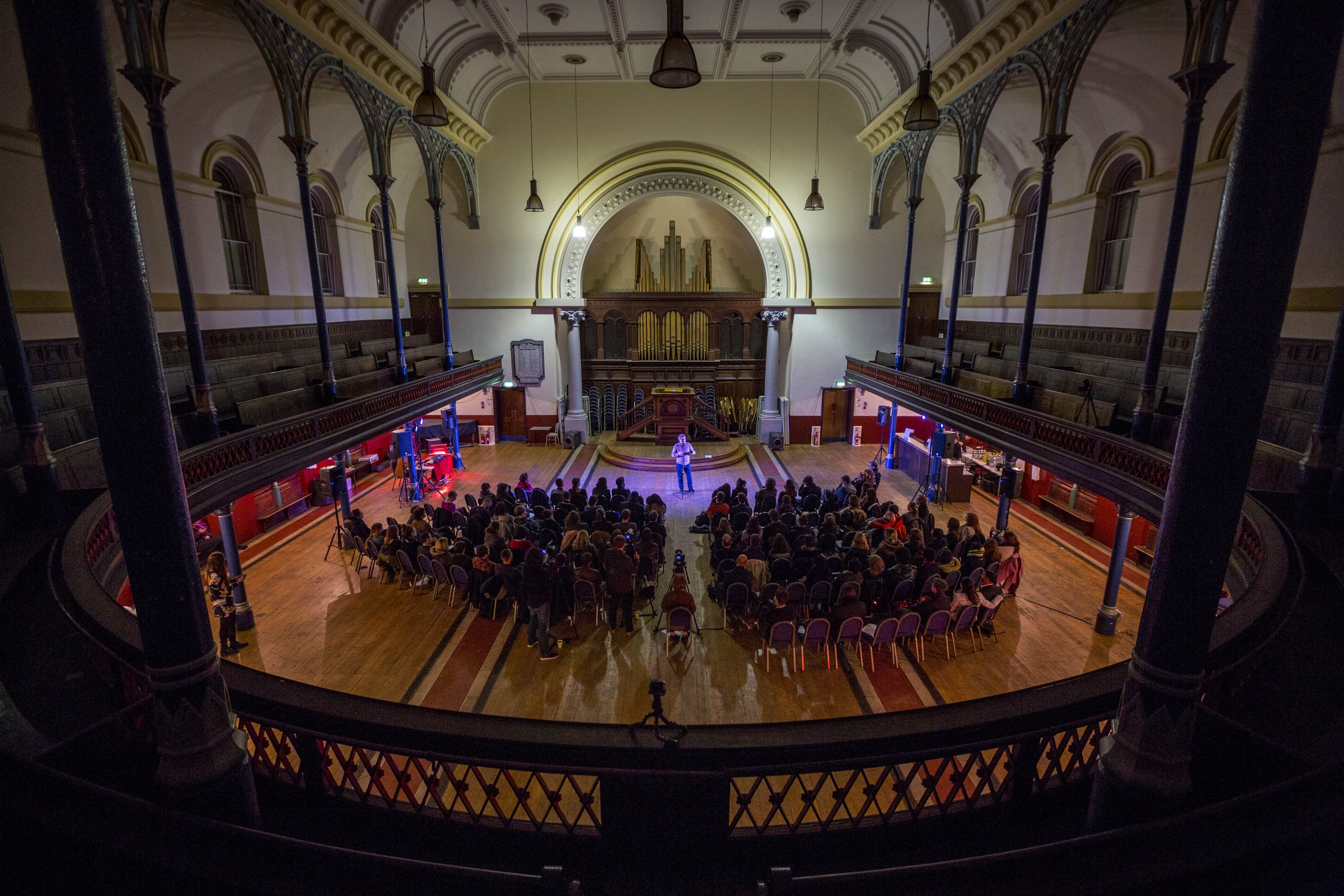
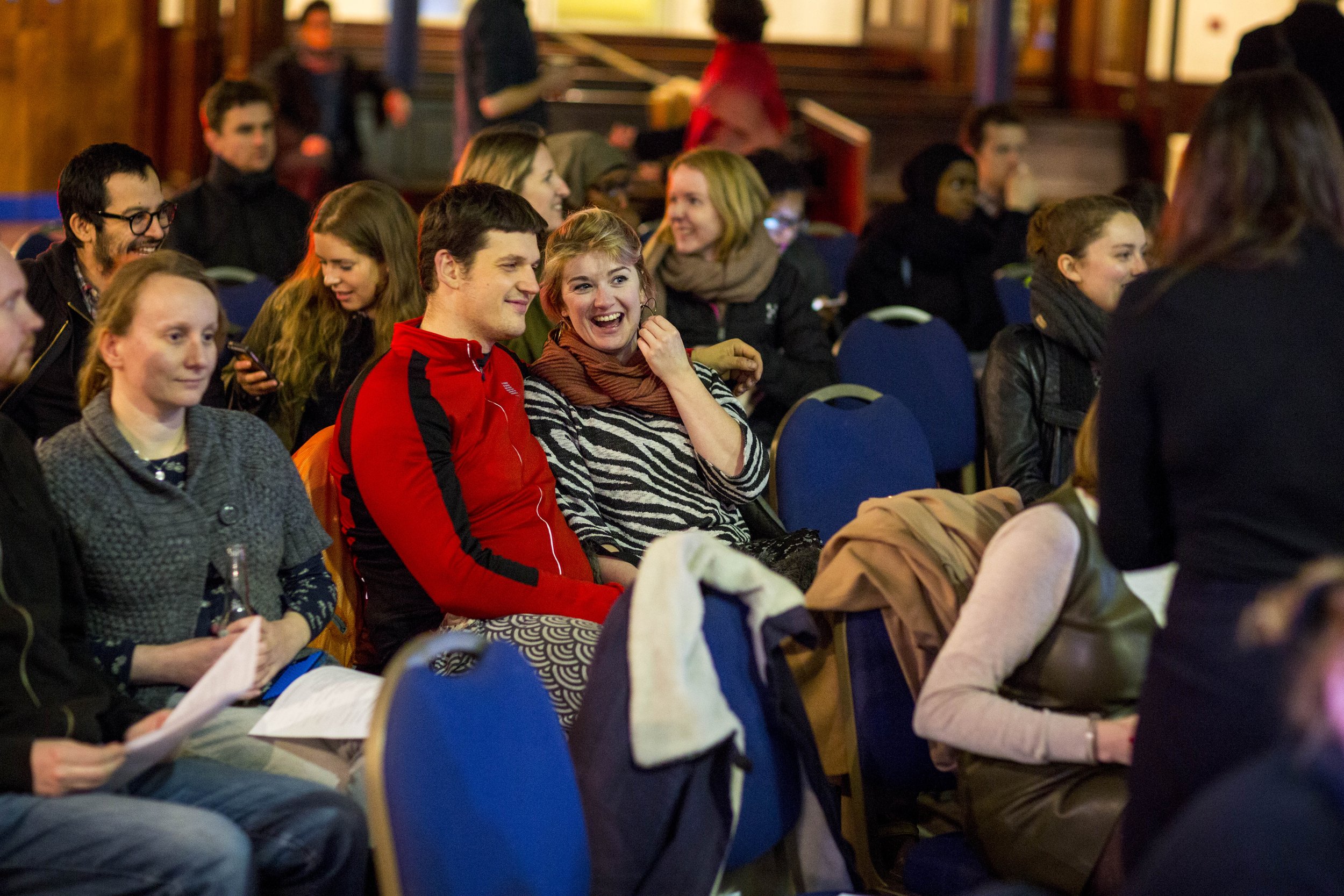
Latest Episode
When Jess Nurse feels a throbbing pain in her gut, she chalks it up to heartbreak, and when Maryam Zaringhalam’s physician mother goes in for brain surgery, everyone insists there’s nothing to worry about.
Live Shows
Join us for an evening of true, personal stories about science that needs to be heard at Caveat, NYC!
Join us in LA for an unforgettable night of true, personal stories about what happens when life veers wildly off course.
DISCOVER HOW to tell YOUR SCIENCE story
Sign up for an upcoming online workshop or bring OUR TEAM to you!
Each year, we help hundreds of STEM professionals and science enthusiasts learn to use the power of storytelling to enhance their scholarly communication, classroom teaching, public engagement, advocacy work, and more.
From guest lectures and keynote addresses to weekly seminar series to two-day retreats, our educational programming can be offered in online, hybrid, and in-person formats and customized to fit your schedule and goals.
Keep Exploring
When Jess Nurse feels a throbbing pain in her gut, she chalks it up to heartbreak, and when Maryam Zaringhalam’s physician mother goes in for brain surgery, everyone insists there’s nothing to worry about.
After years of academic achievement, newly minted professor Stephanie Rowley is caught off guard when every paper she submits is rejected, and growing up, Kate Schmidt always thought of herself as the “smart kid,” but that identity is shaken when she gets to university and receives her first C.
Paralyzed but undeterred, Scott Imbrie is on a mission to regain movement, and after an accident leaves them with severe burns on over a third of their body, Emily Hespeler works to find their way back to themselves.
While running an errand, Andrea Azarian happens upon a lost horse that needs her help, and left in charge of the farm for the first time, Gwynne Hogan panics when a goat goes into labor.
While doing fieldwork in the Congo, Stella Mayerhoff must track down a local researcher to deliver devastating news, and during his second year of residency, Sam Blackman is tasked with caring for a dying child whose mother’s unwavering faith clashes with his scientific approach.
Fresh out of college and in what seems like her dream job, drug and alcohol coach Rhana Hashemi quickly realizes she has no idea how to connect with the high school students she’s supposed to help, and when Paul Davis and his wife struggle to get pregnant, they decide to foster a pregnant dog—and things escalate quickly.
When an epidemiologist dedicated to preventing violence against children is suddenly fired from the CDC, she is left grappling with both the shock of losing her job and the uncertainty of what comes next, and at a global climate conference, climate scientist Tom Di Liberto learns that Trump has been re-elected—and feels the weight of what that means for him and the fight against climate change.
As a newly minted PhD student in geology, Erik Klemetti starts to question his decisions when Aucanquilcha, a 20,000-foot volcano in Chile, proves difficult to tame, and explorer George Kourounis finds himself growing increasingly anxious as he prepares to enter a fiery sinkhole known as the “Doorway to Hell.”
At his friend’s bachelor party, Andrew McGill joins in on a mushroom trip that quickly spirals out of control, and in an attempt to calm his nerves about going on an Alaskan cruise, Will Clegg turns to marijuana.
For Hannah Hedelius, a classmate’s hiccups trigger an overwhelming reaction she can’t hold back, and as a graduate student, Rachel Hostetler begins to realize that her intrusive thoughts may be more than just regular stress.















